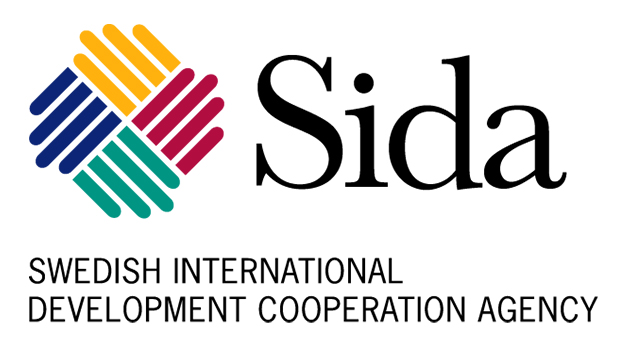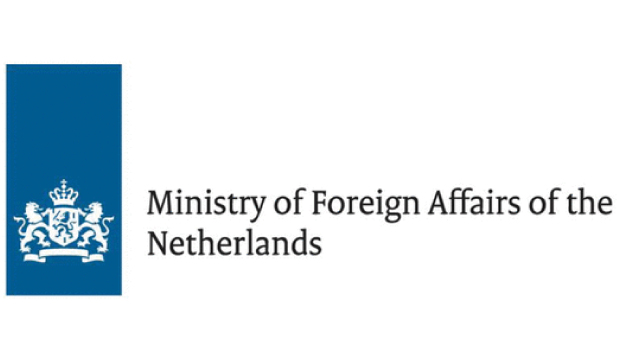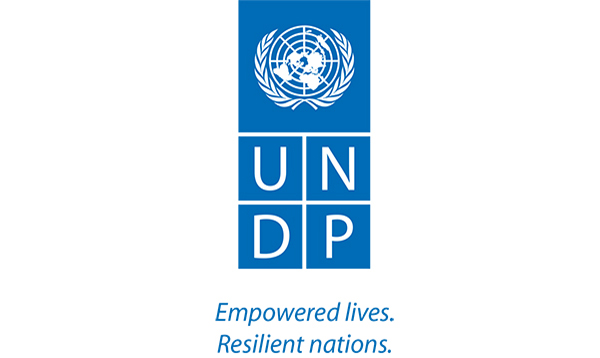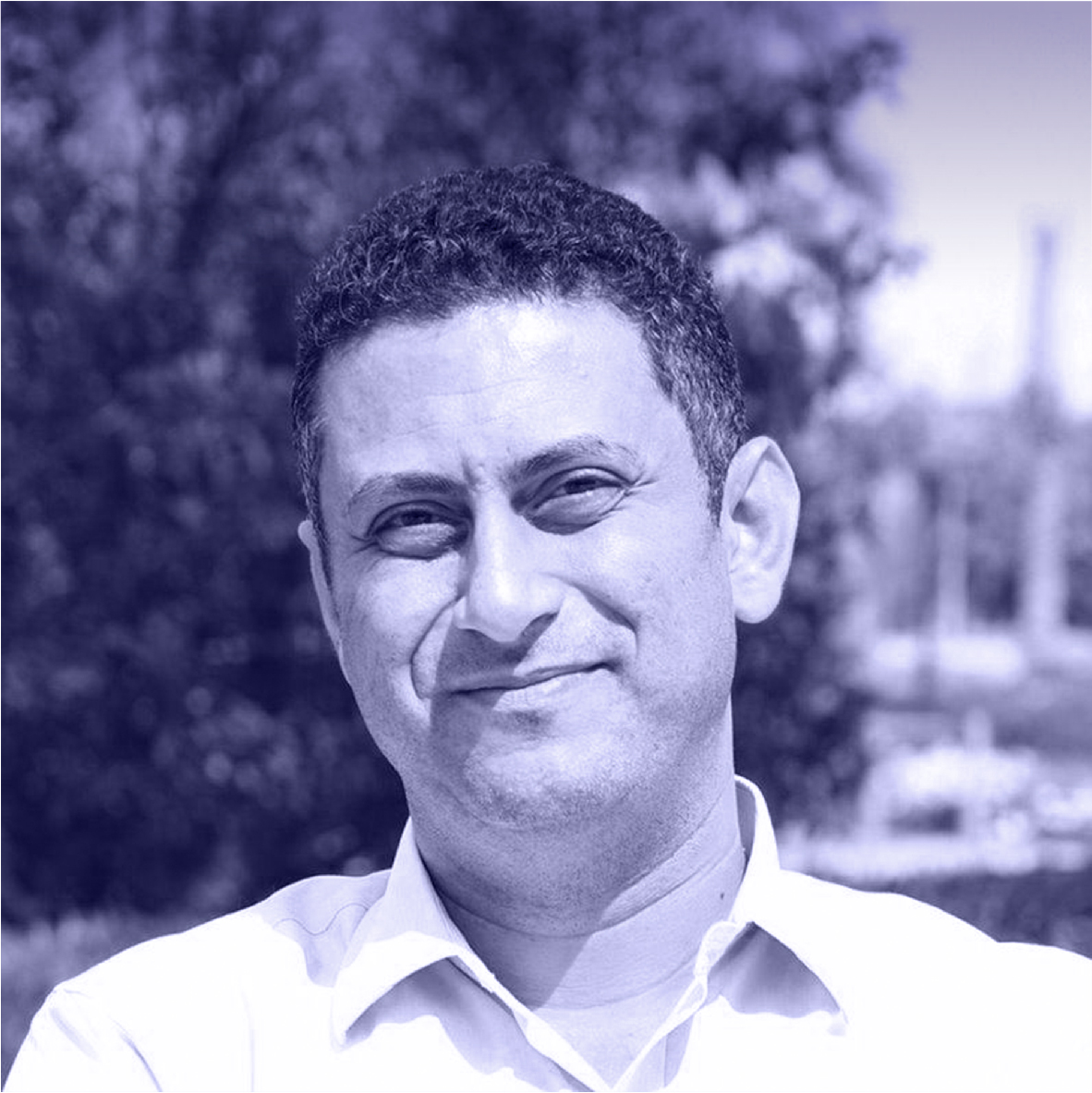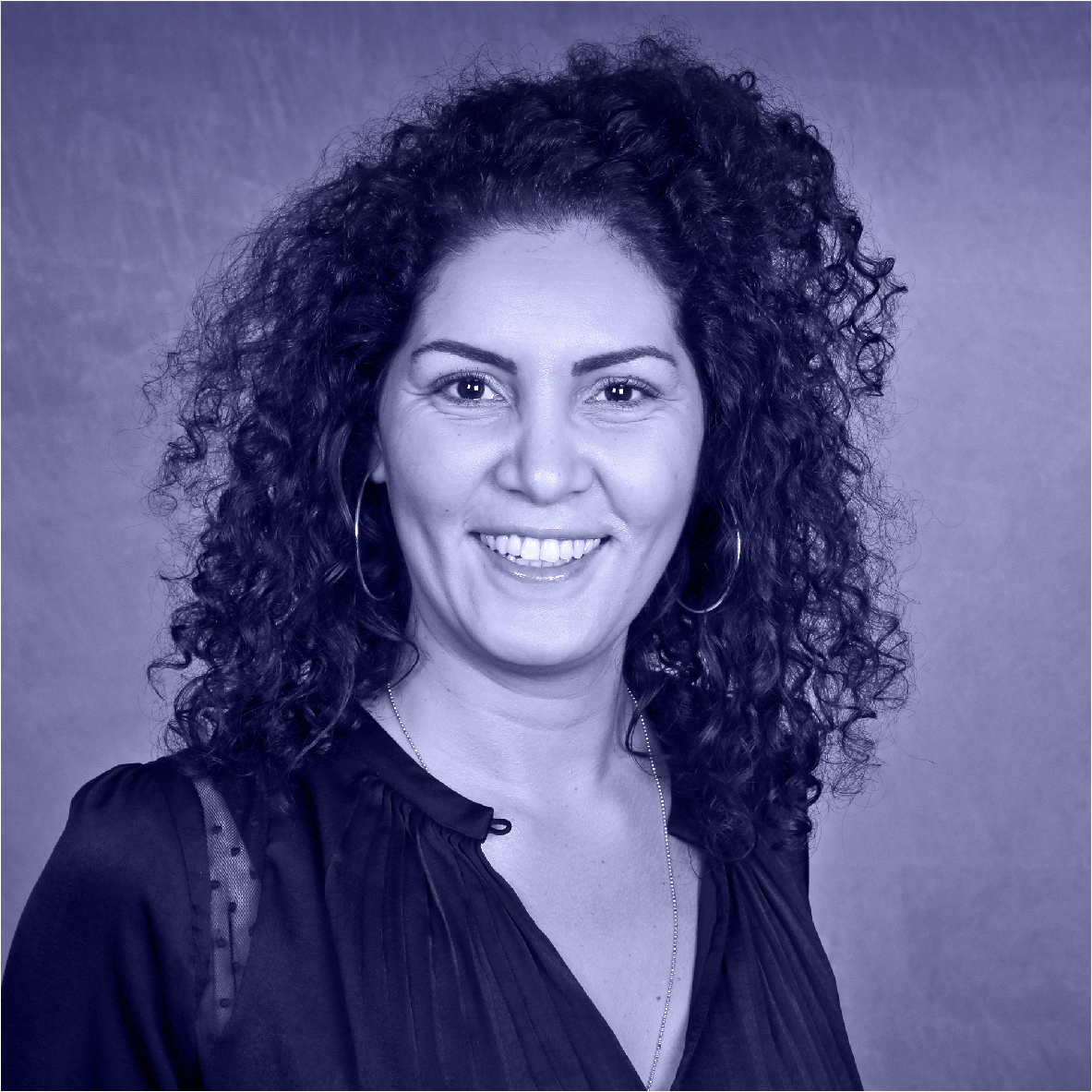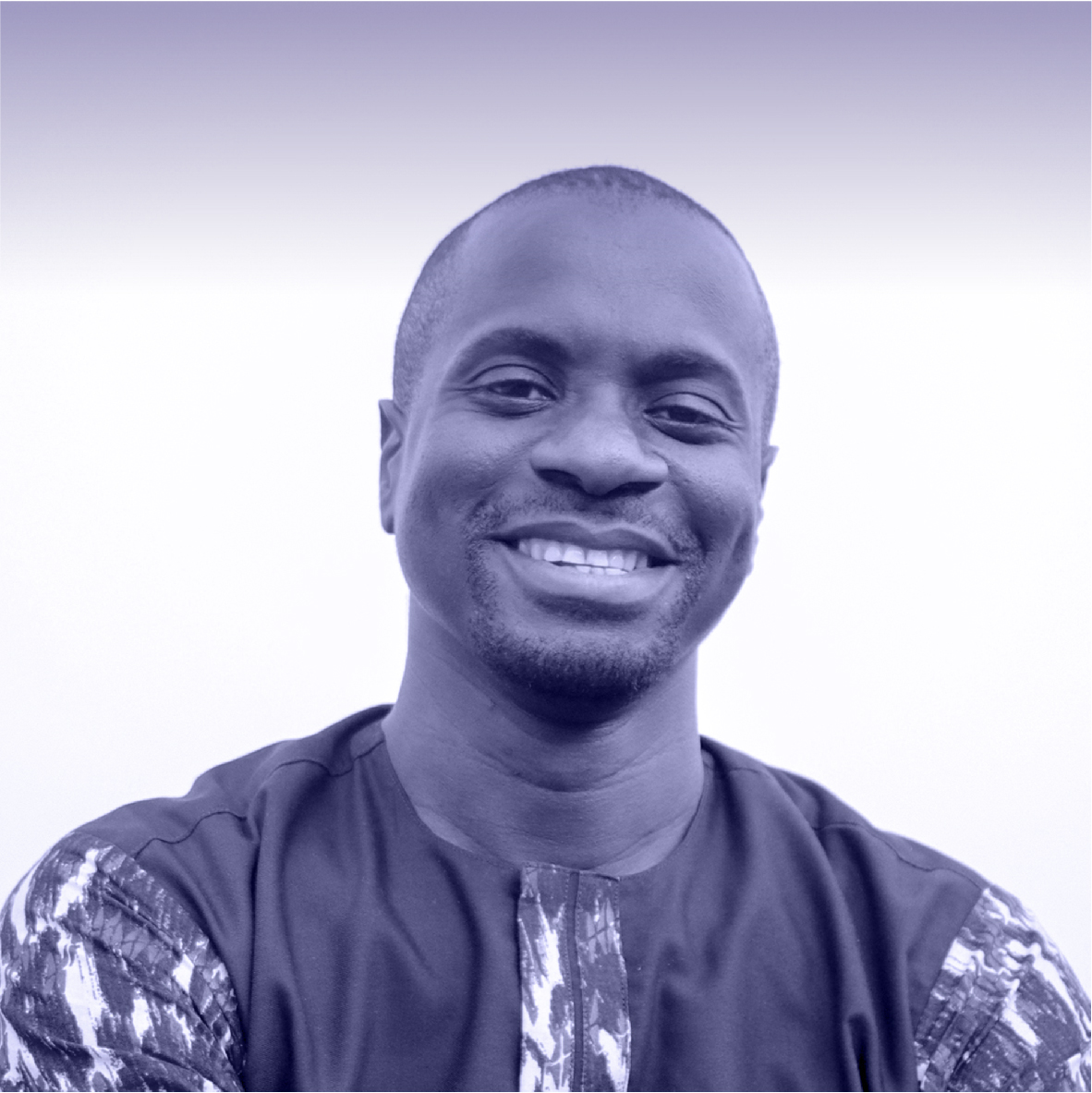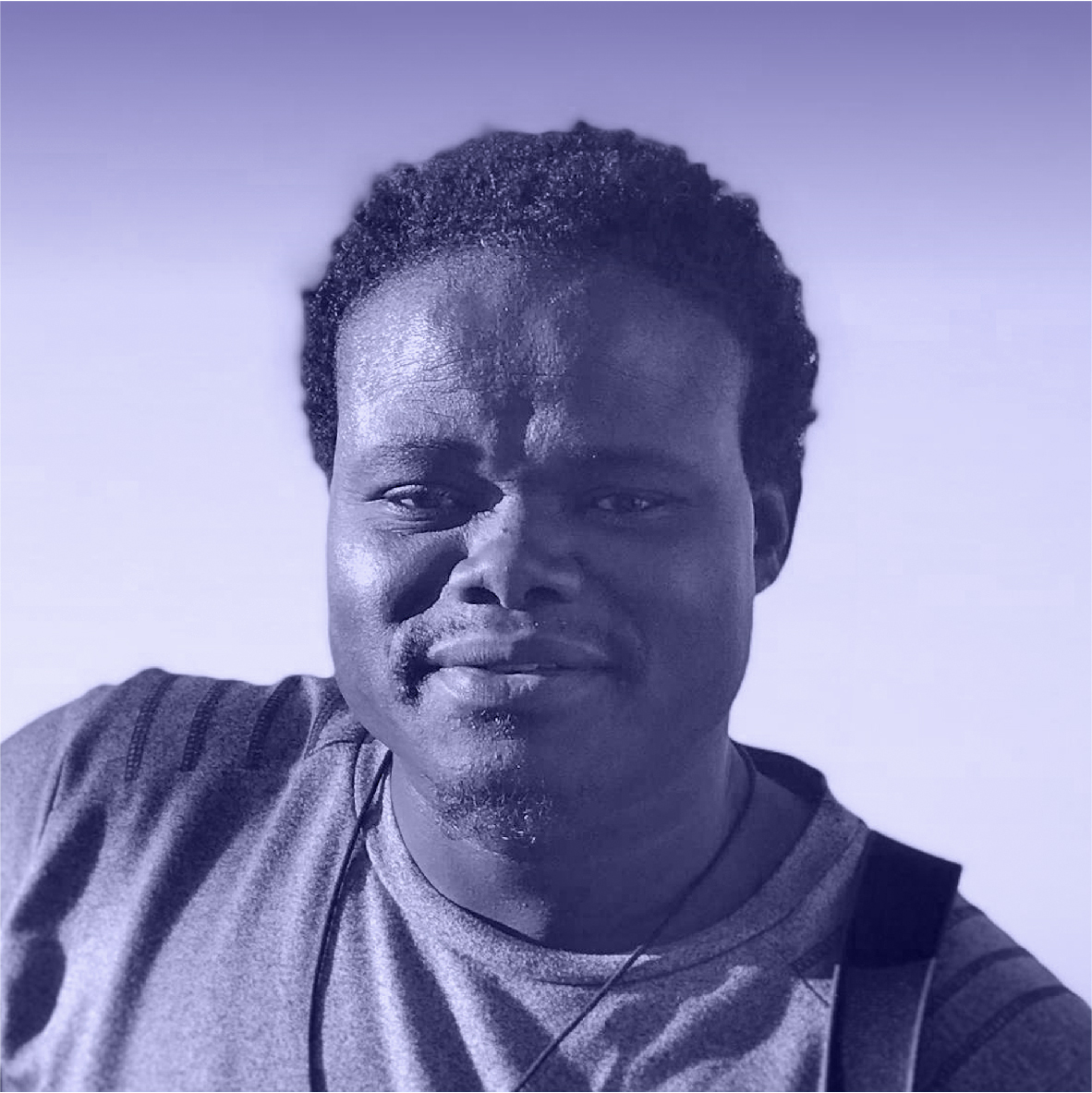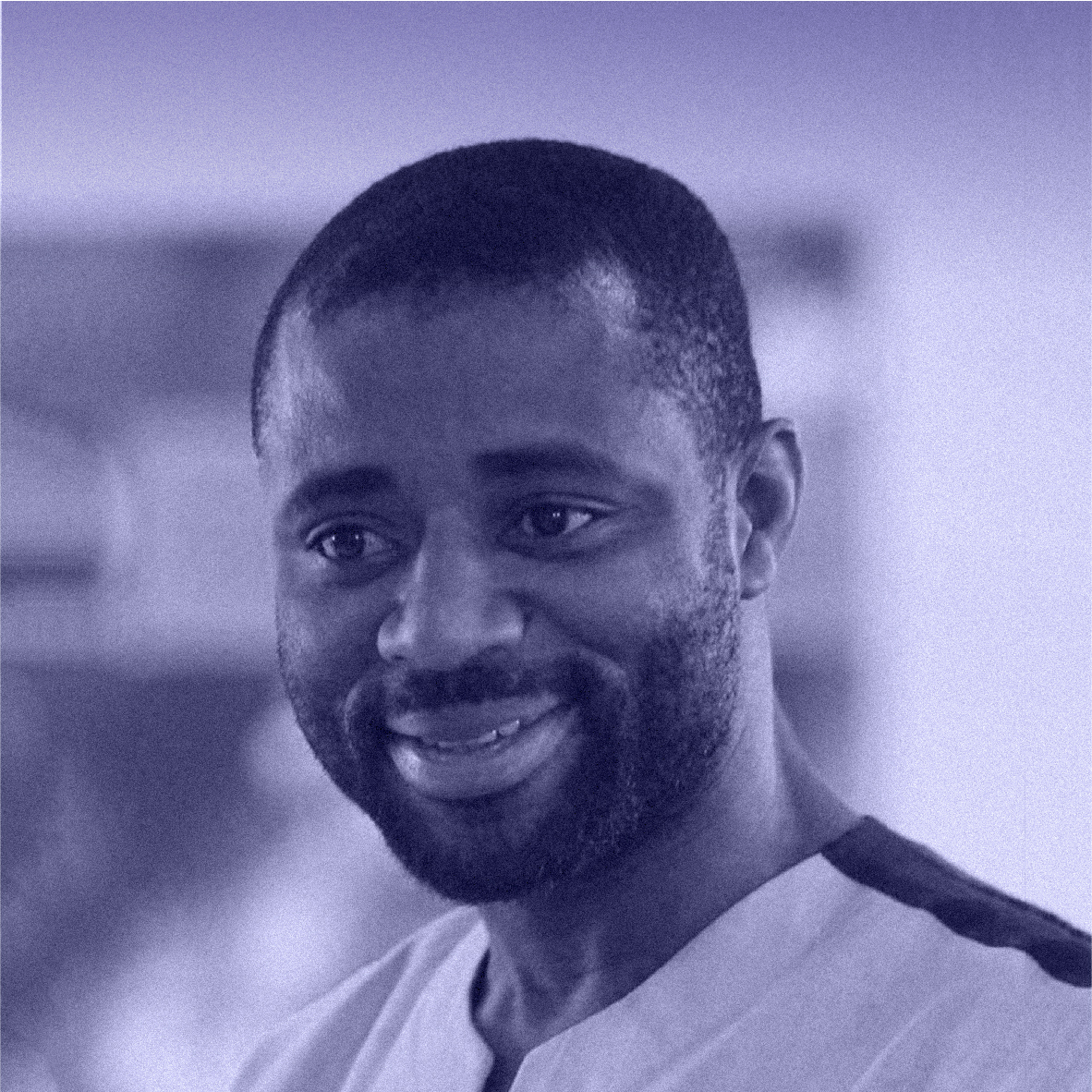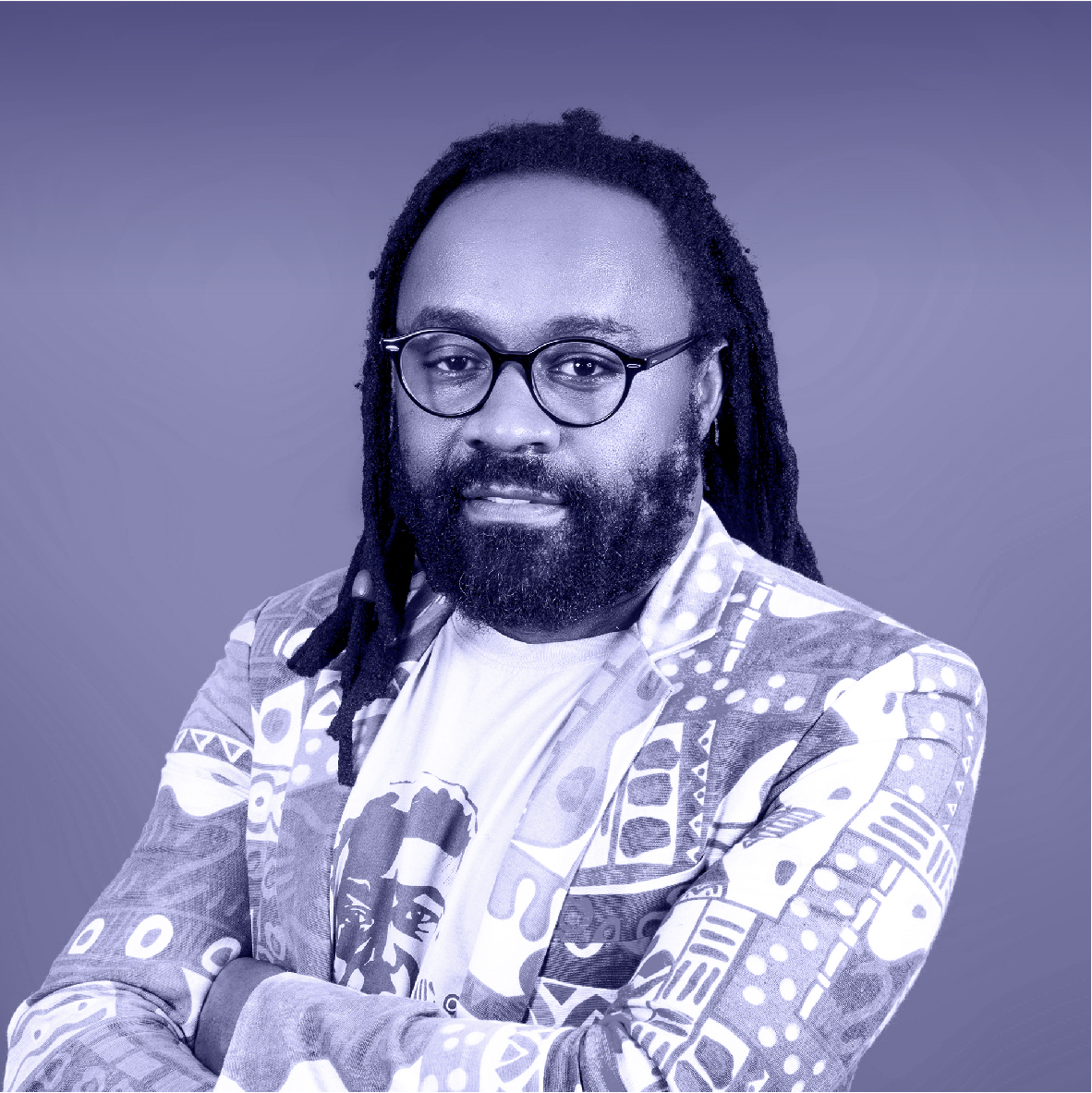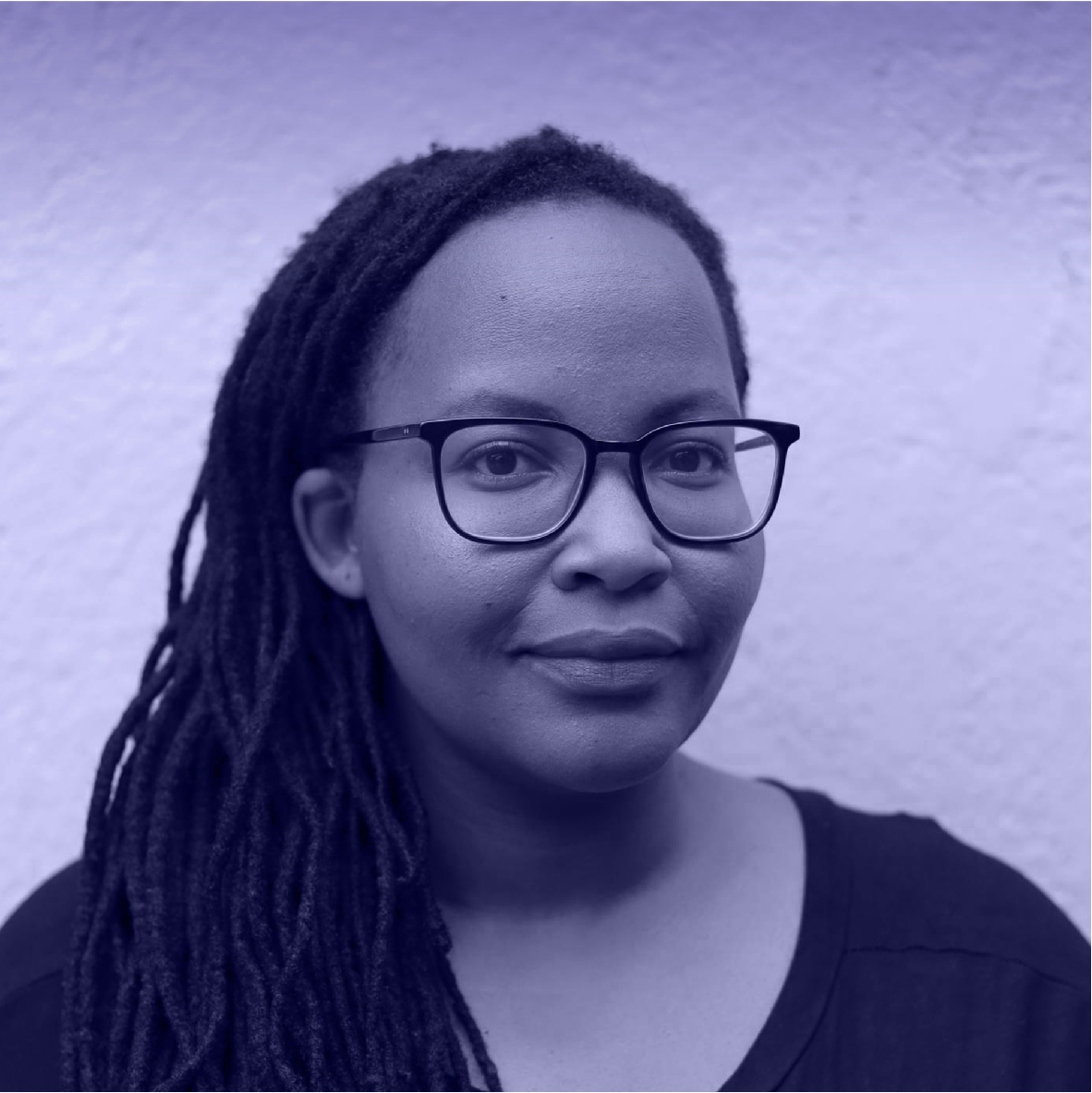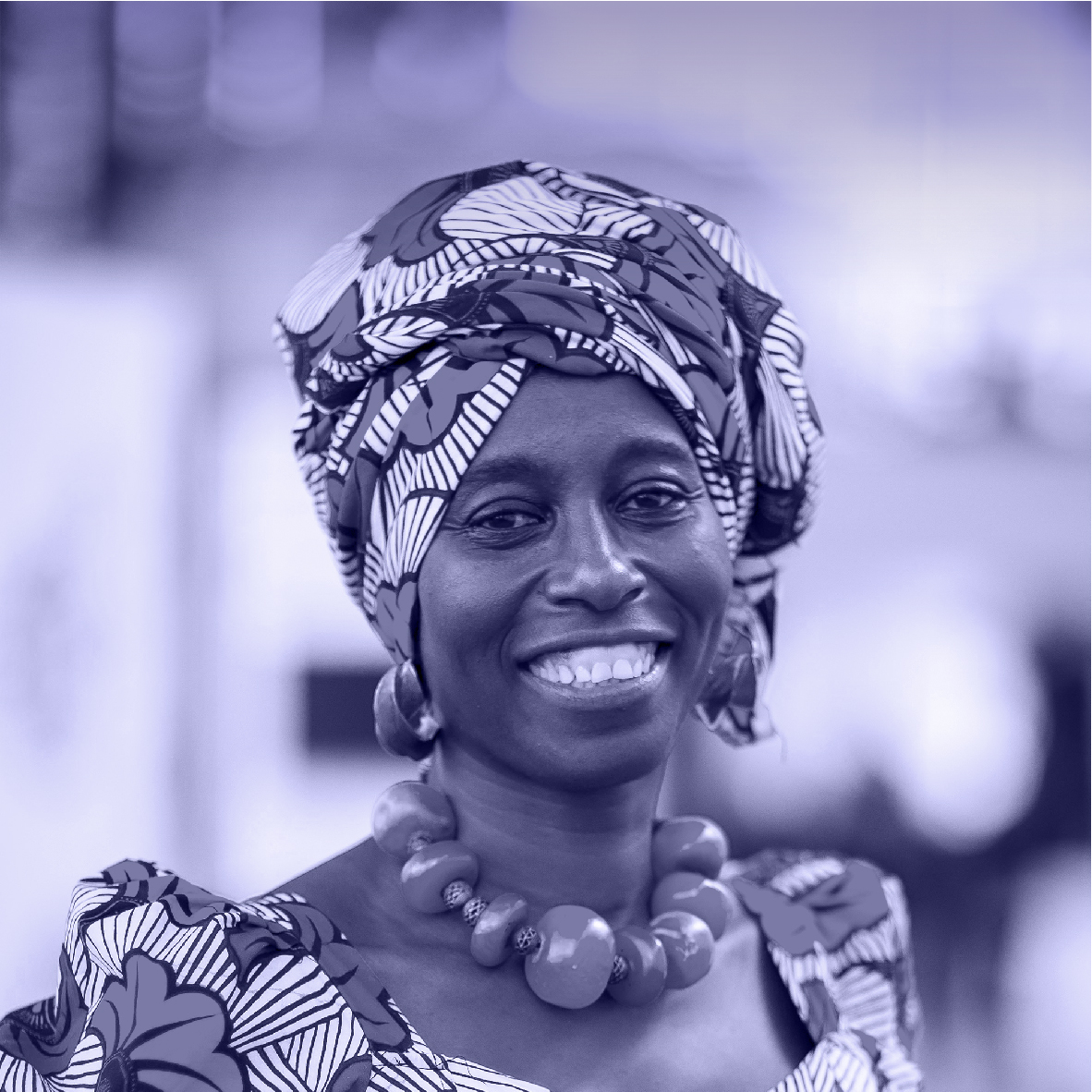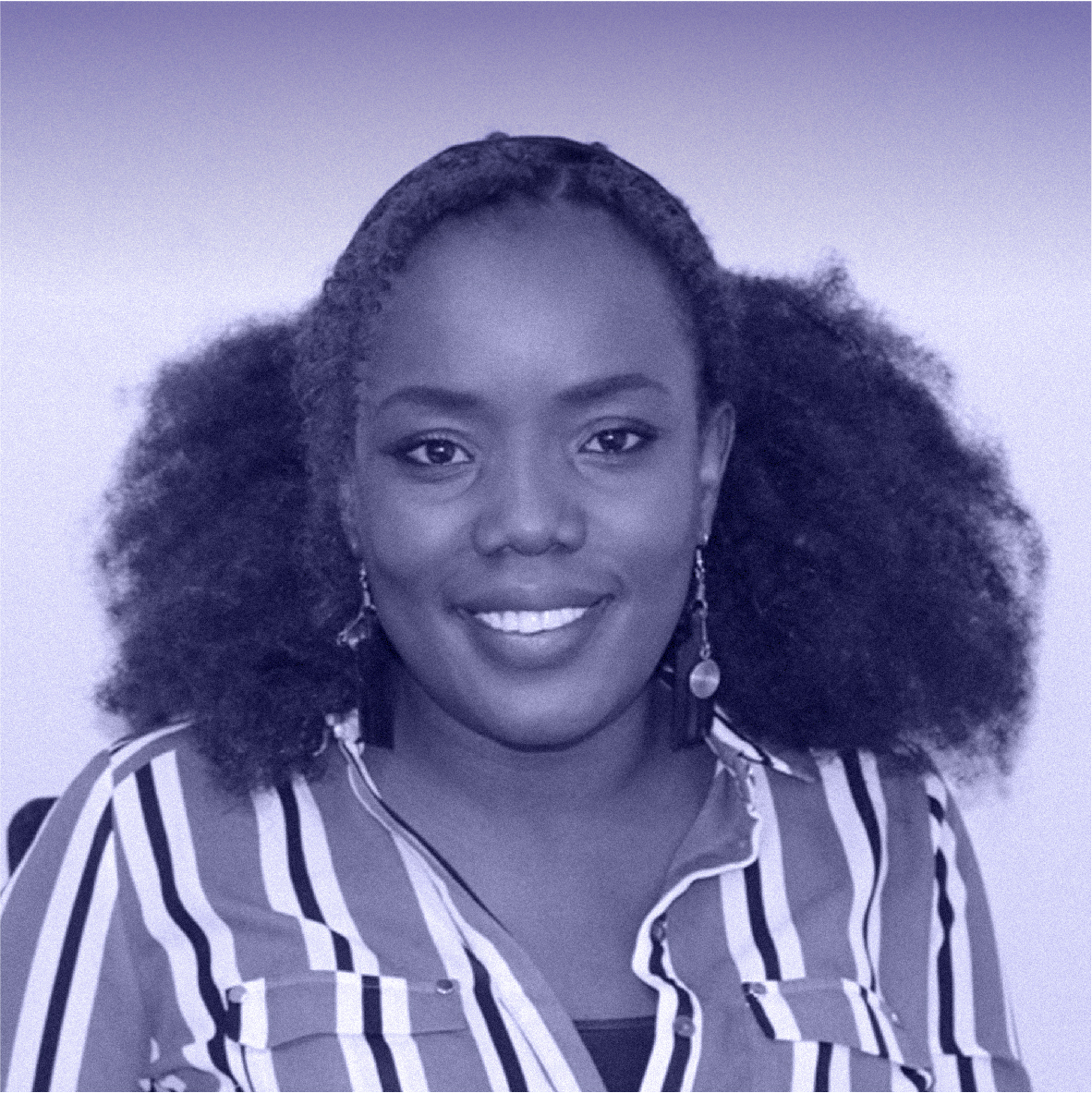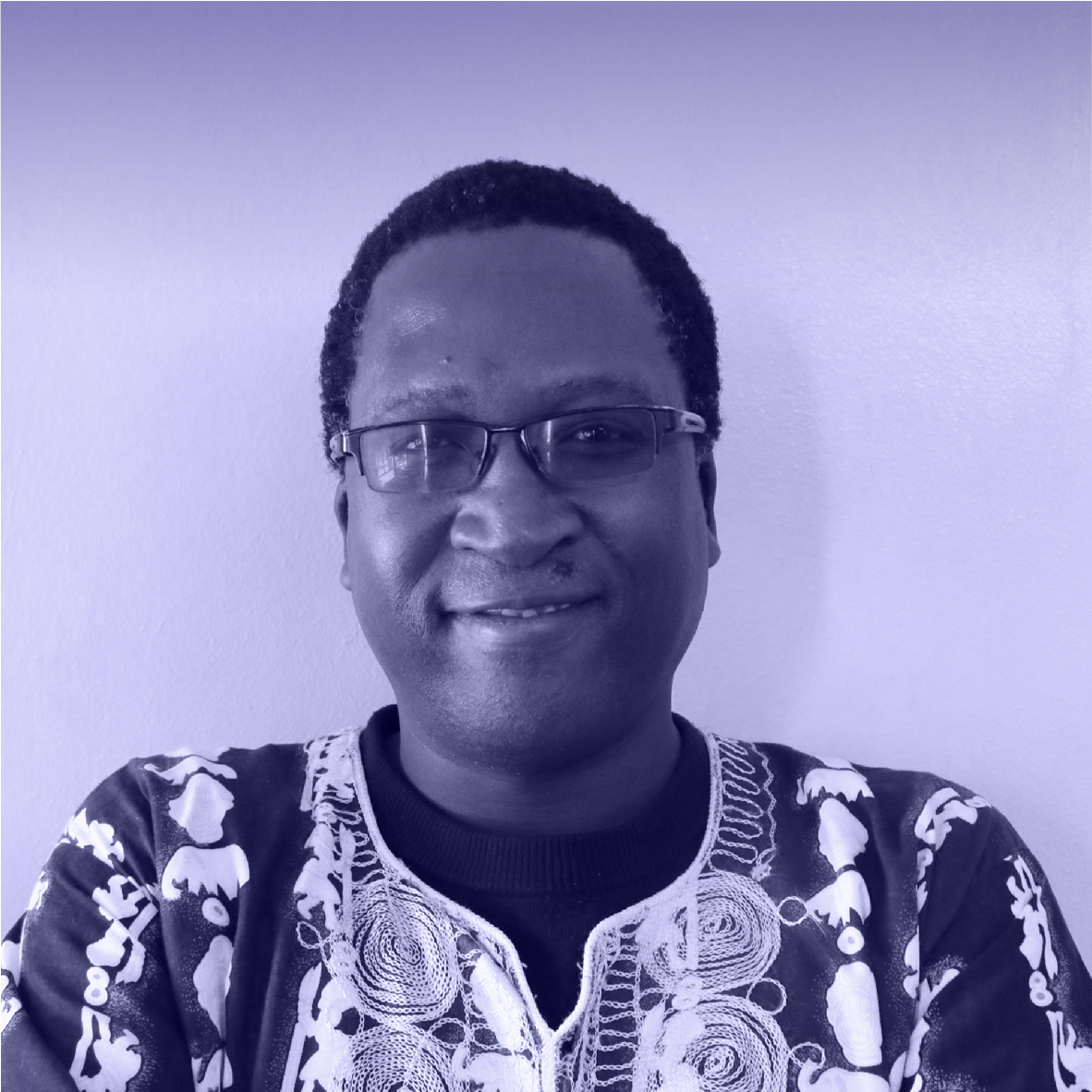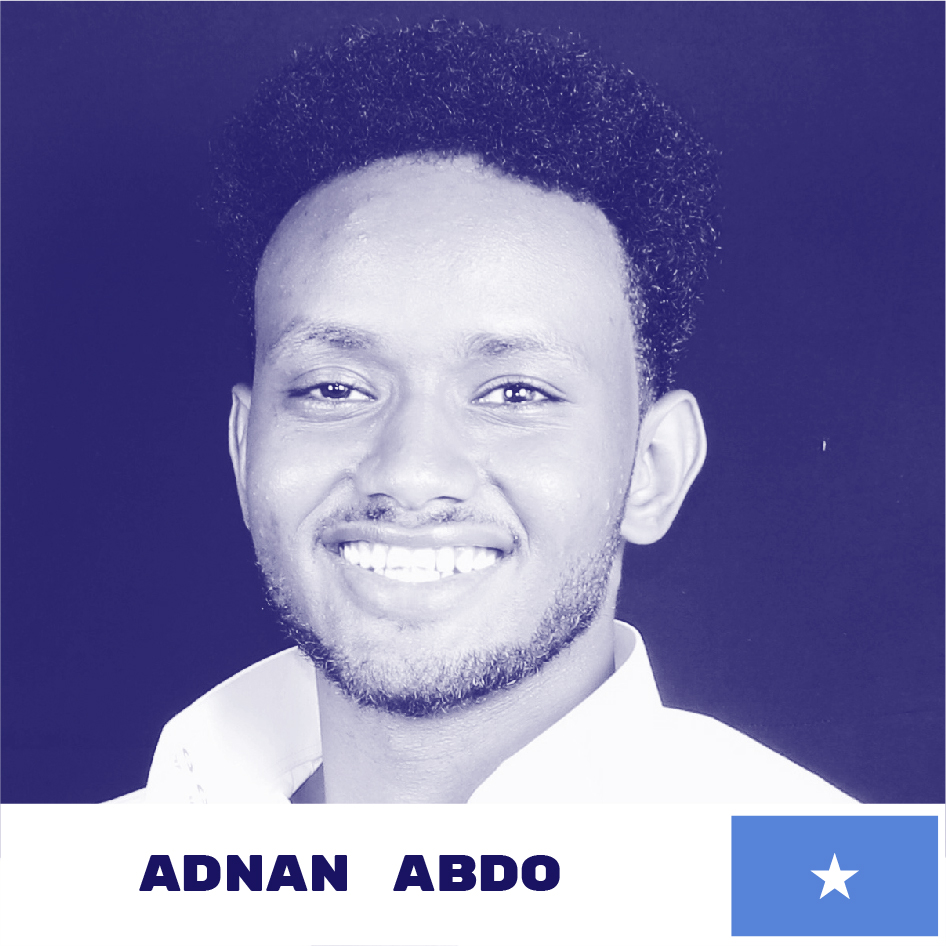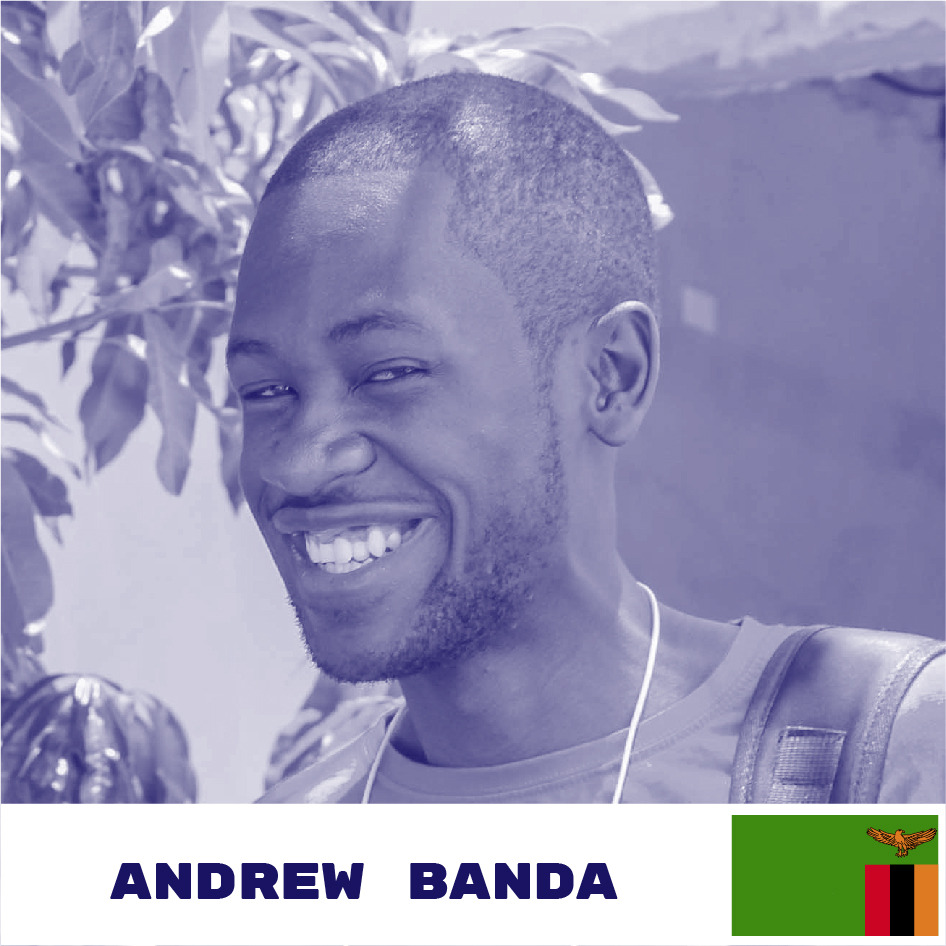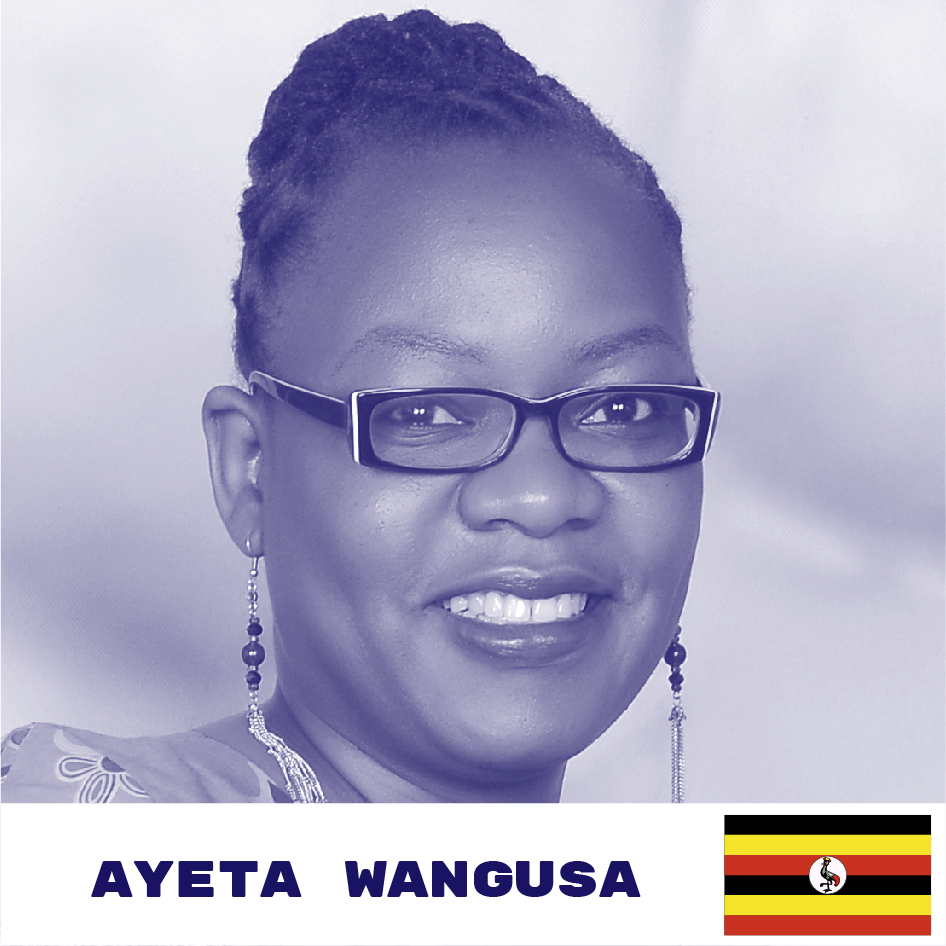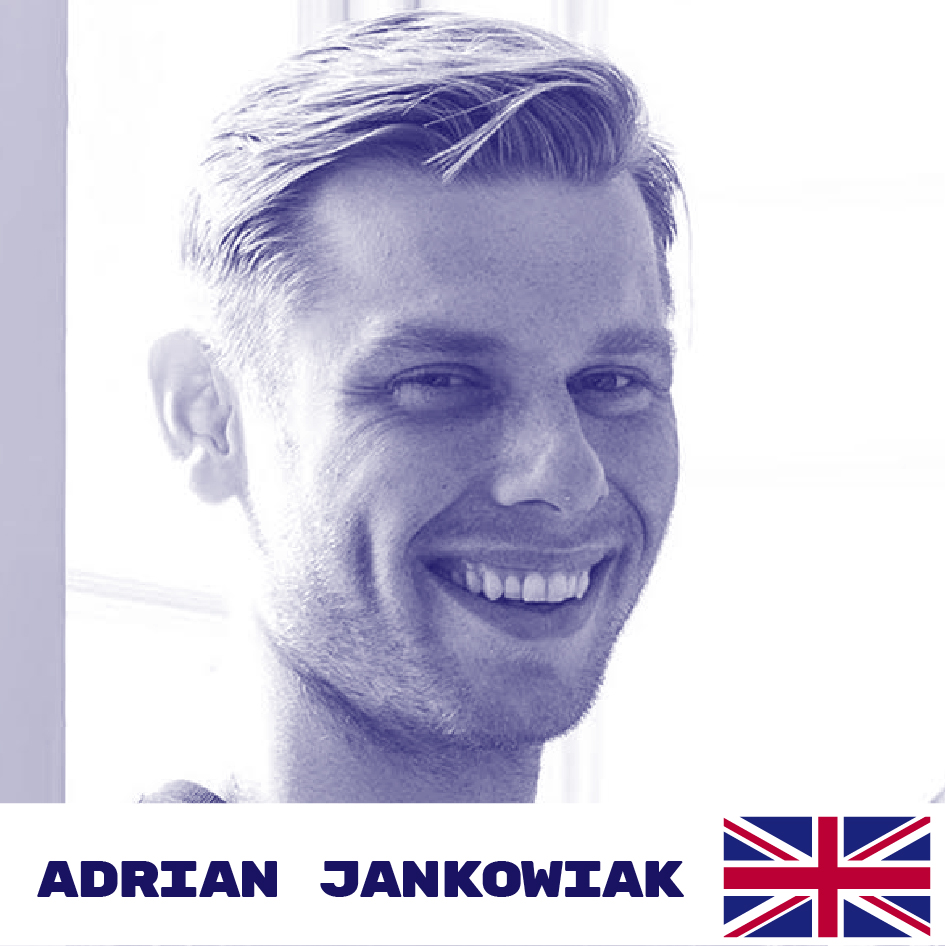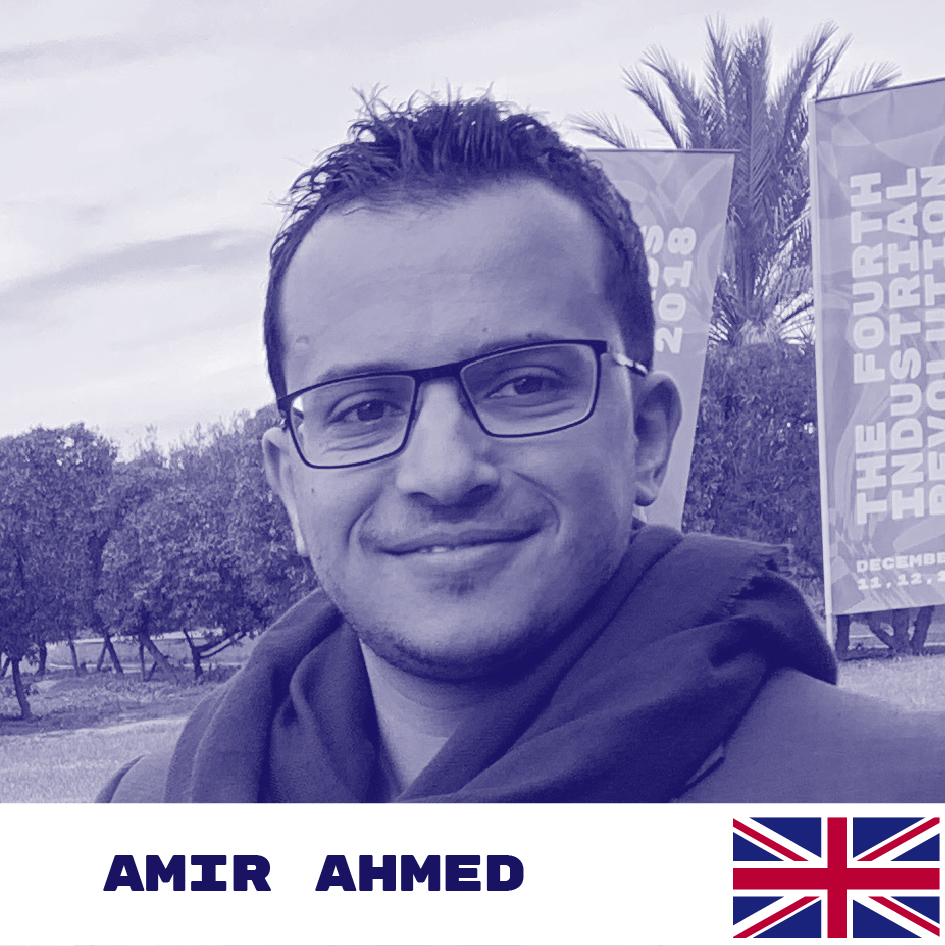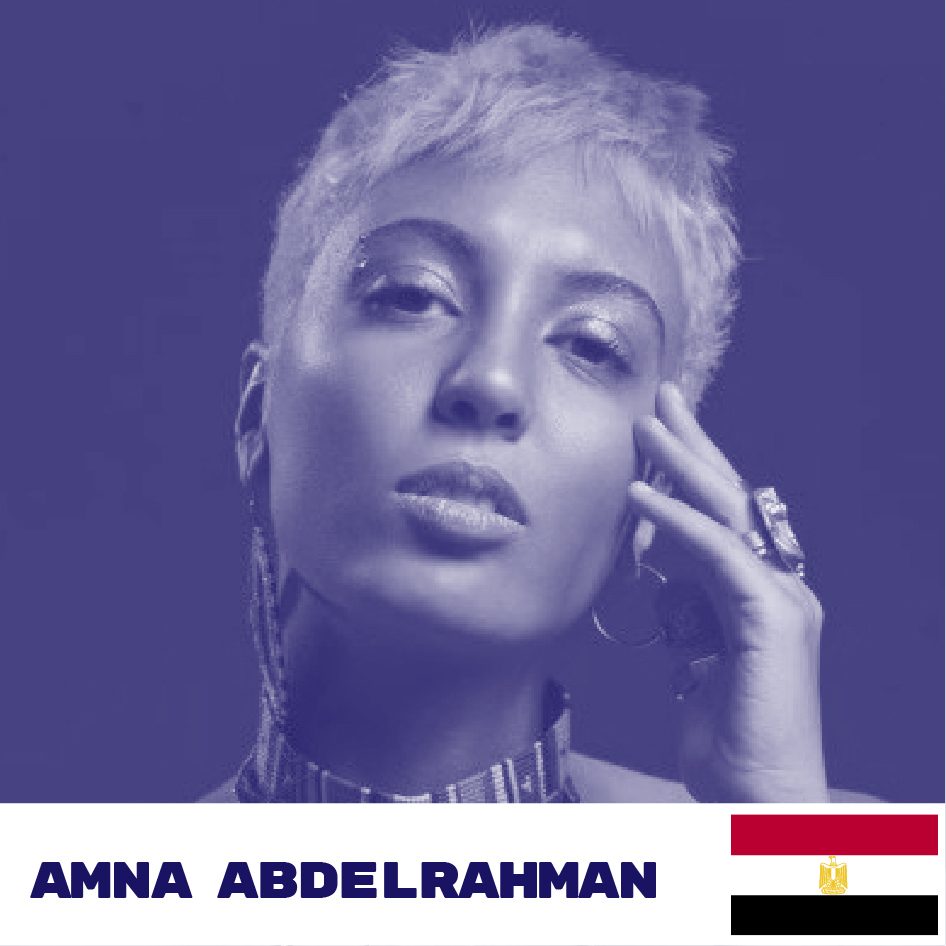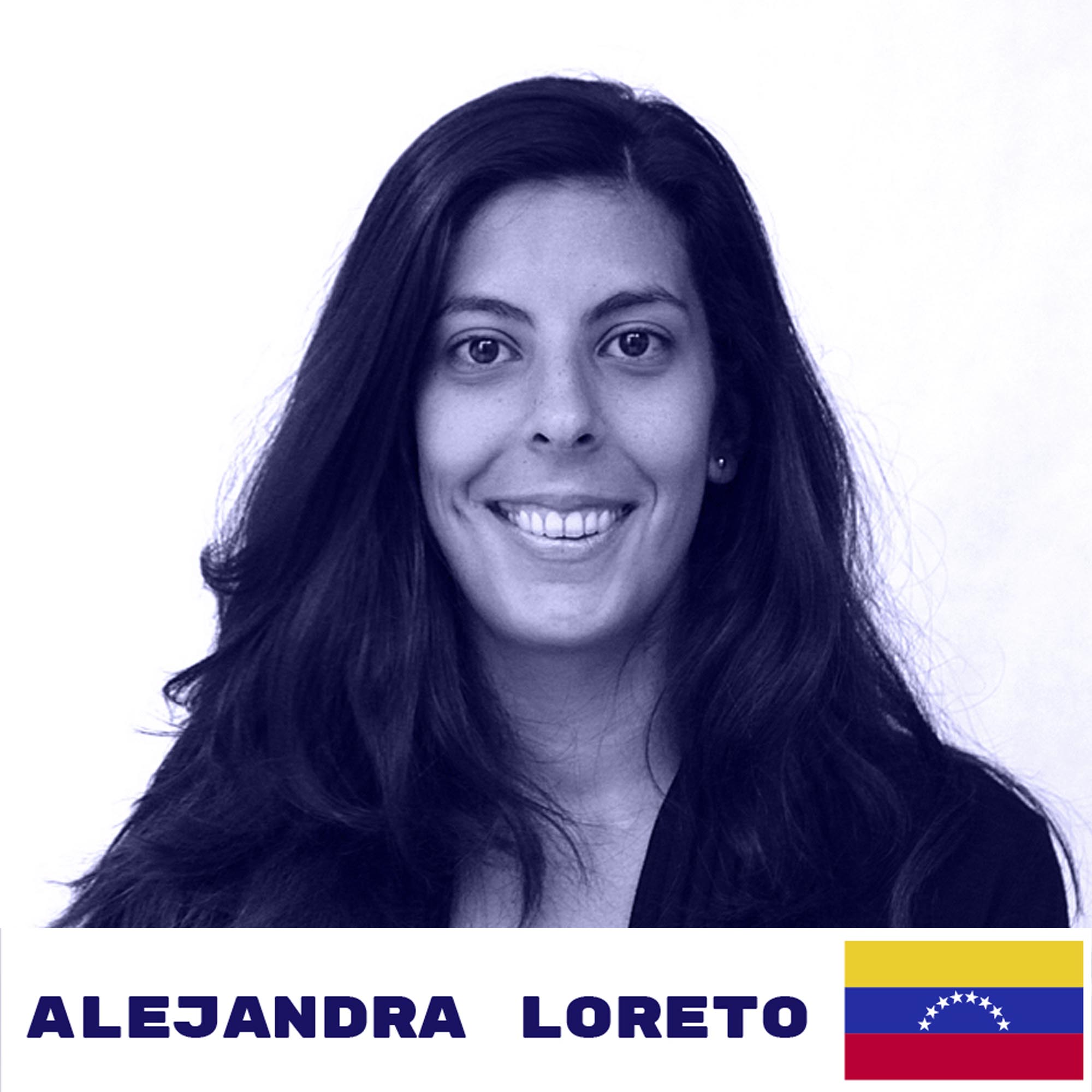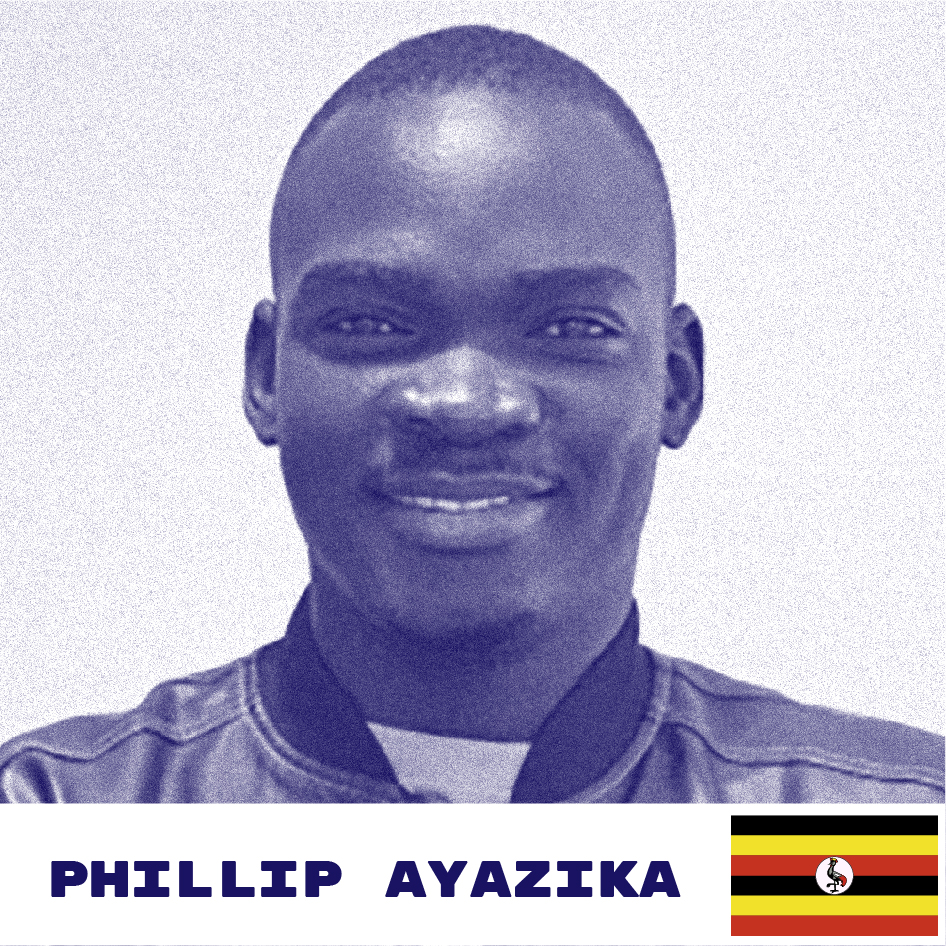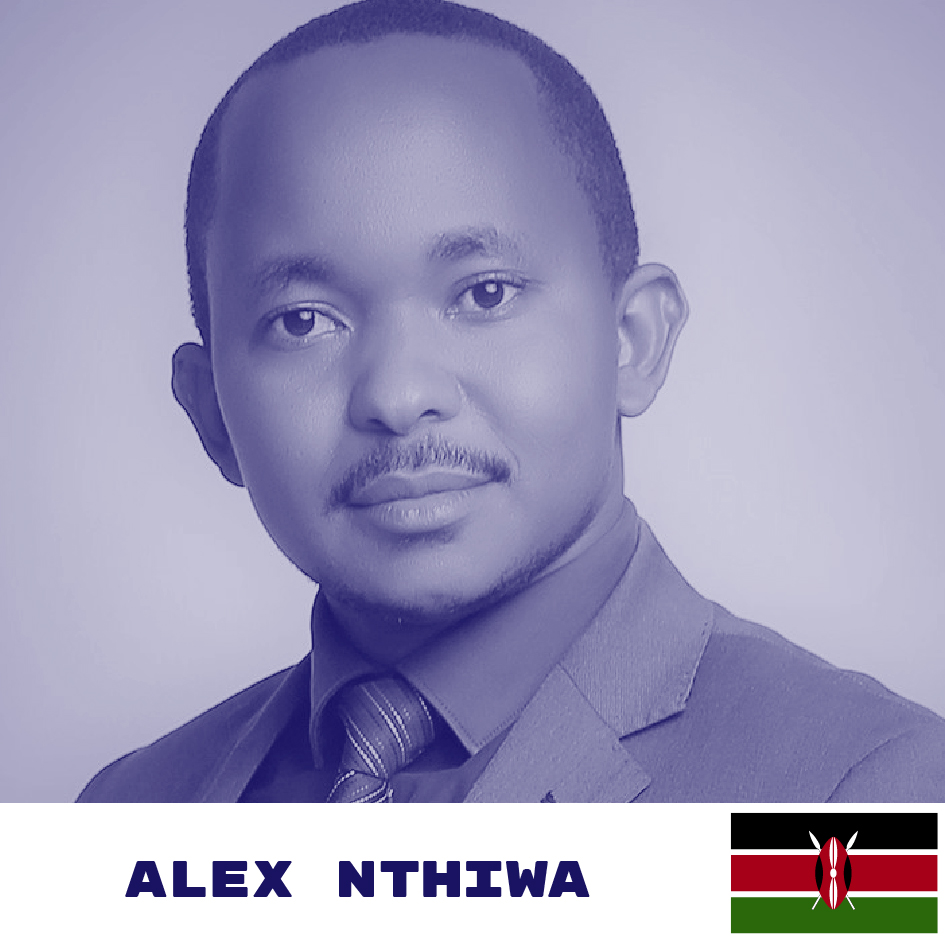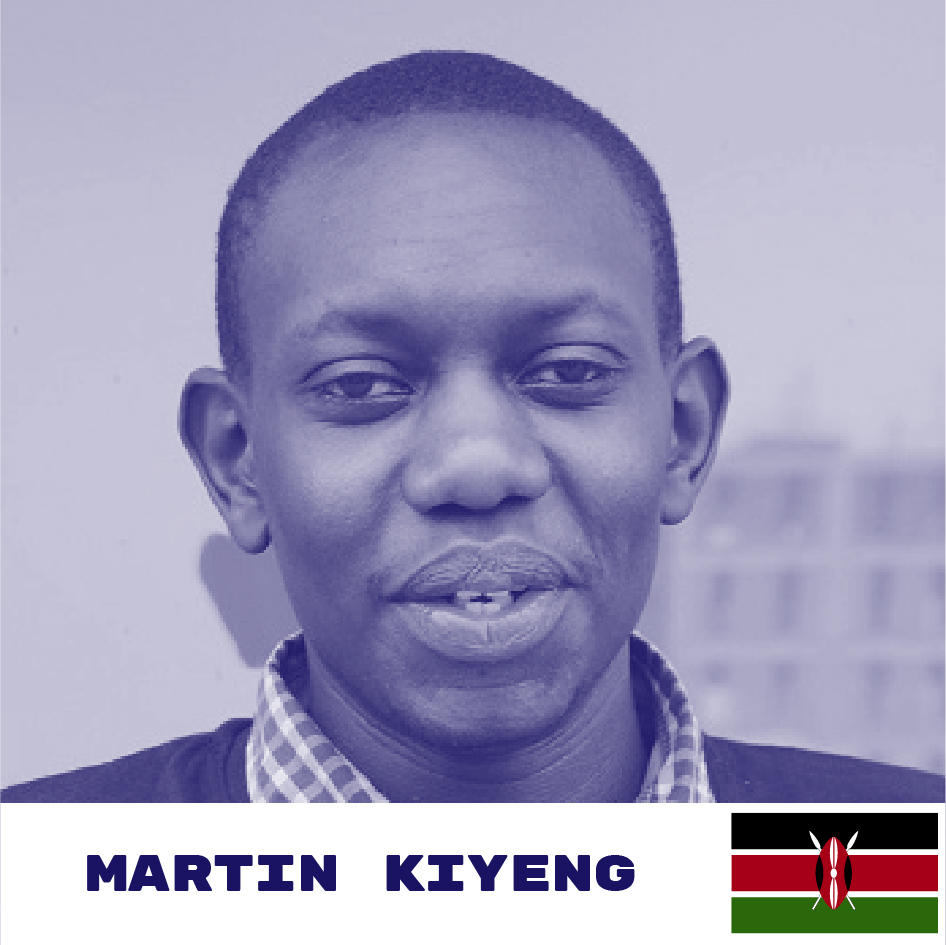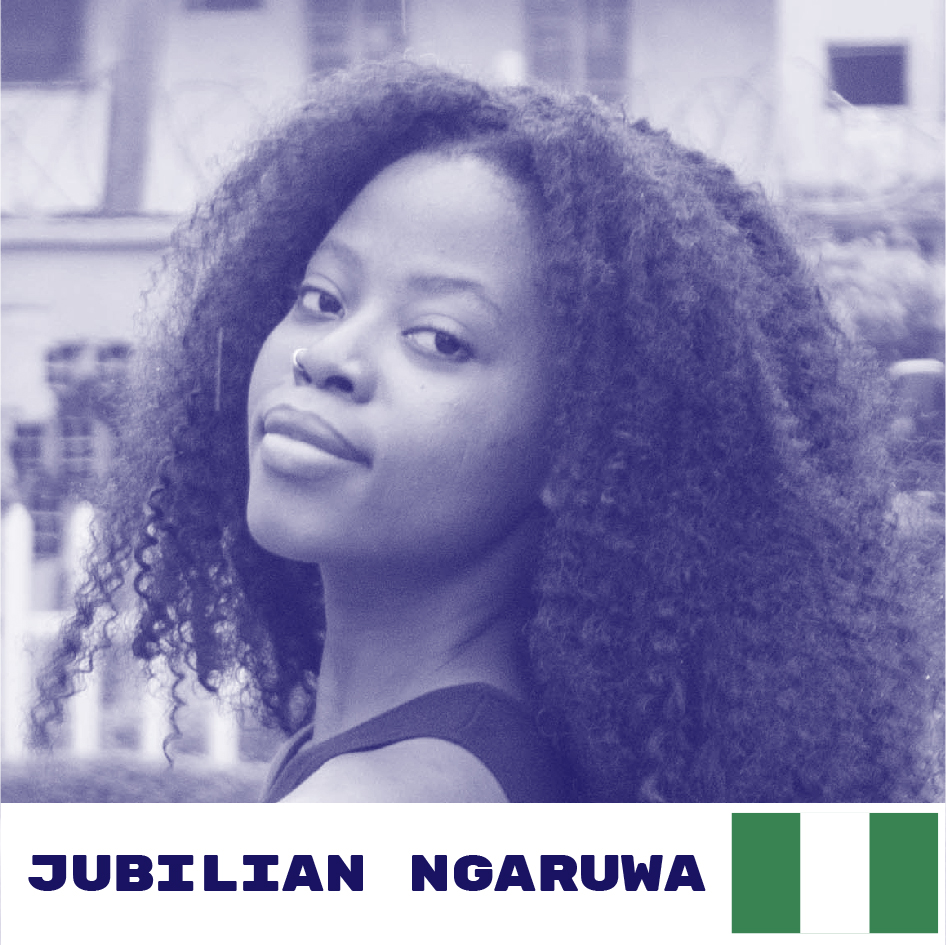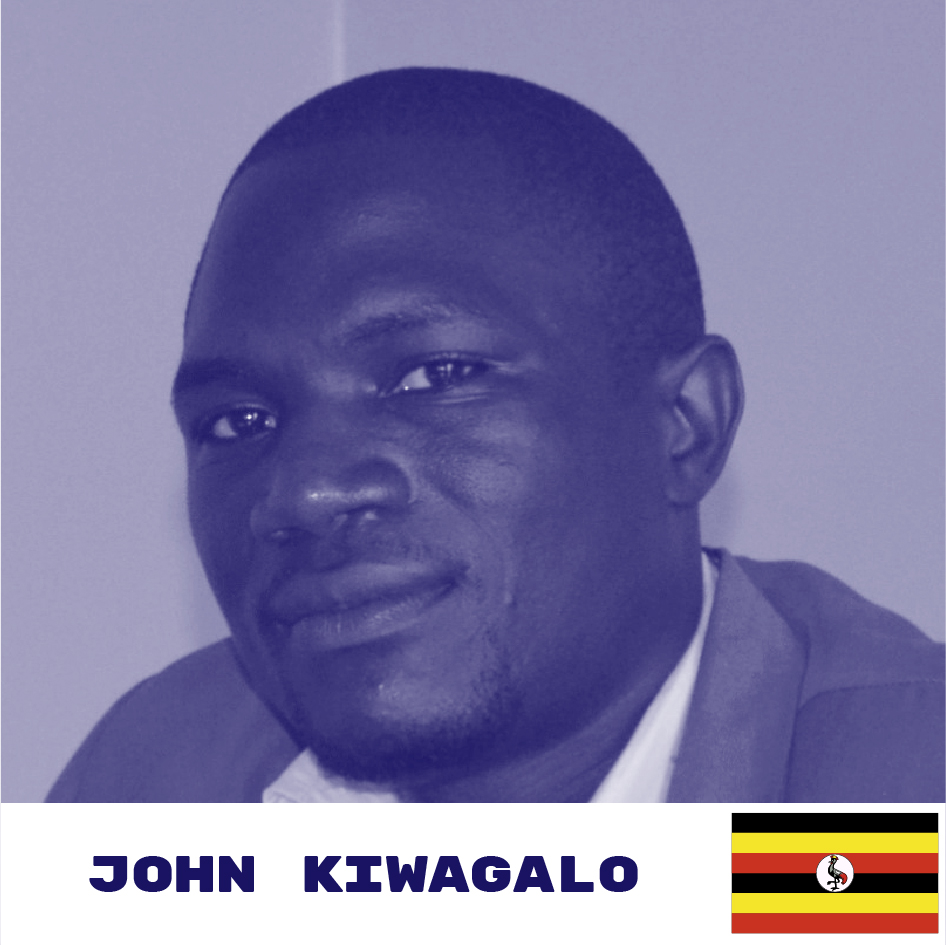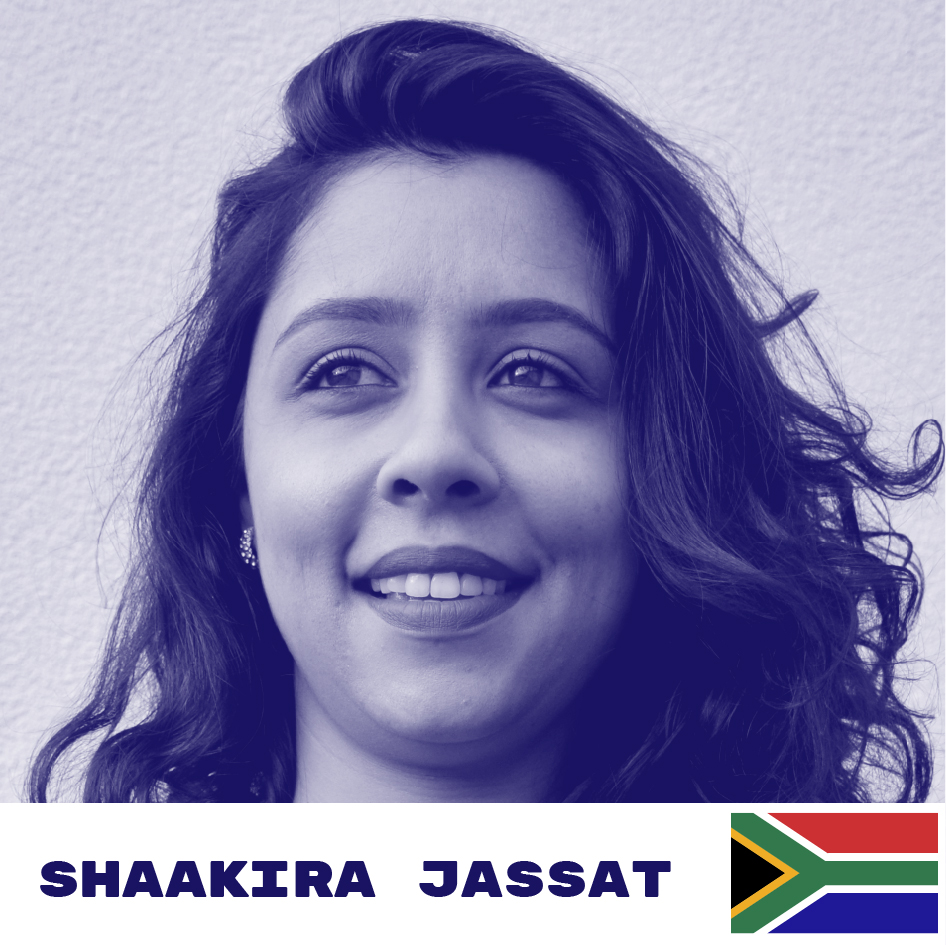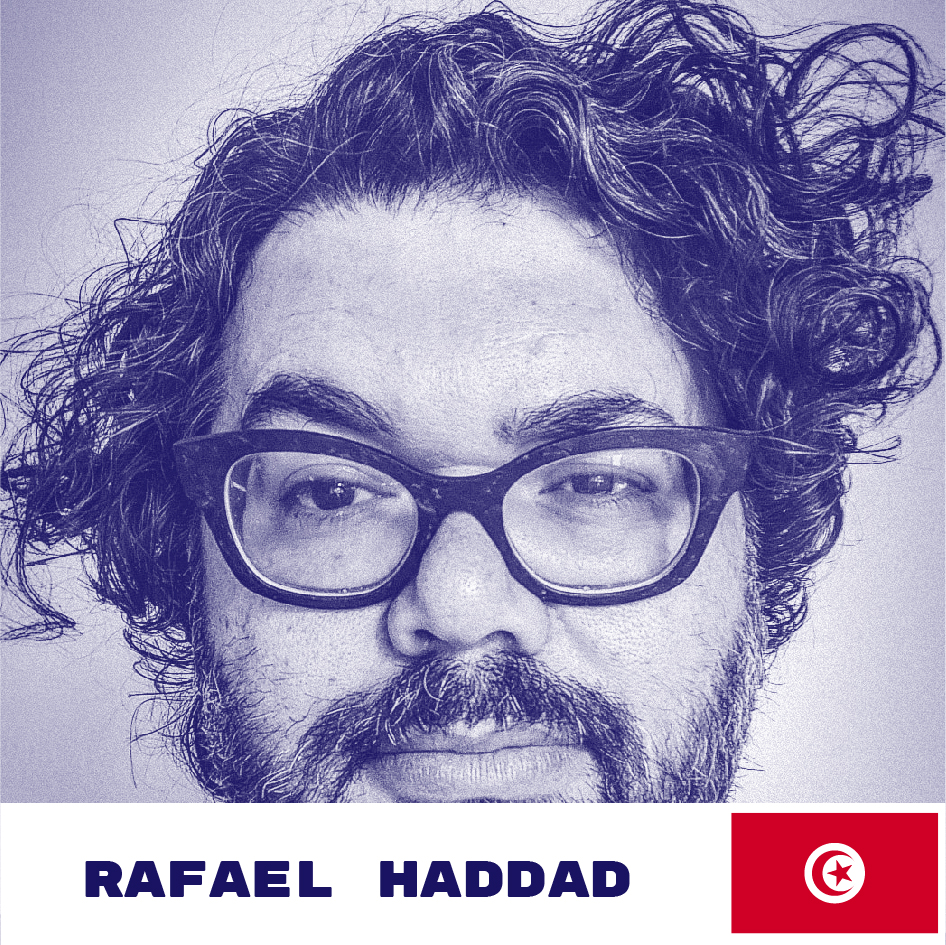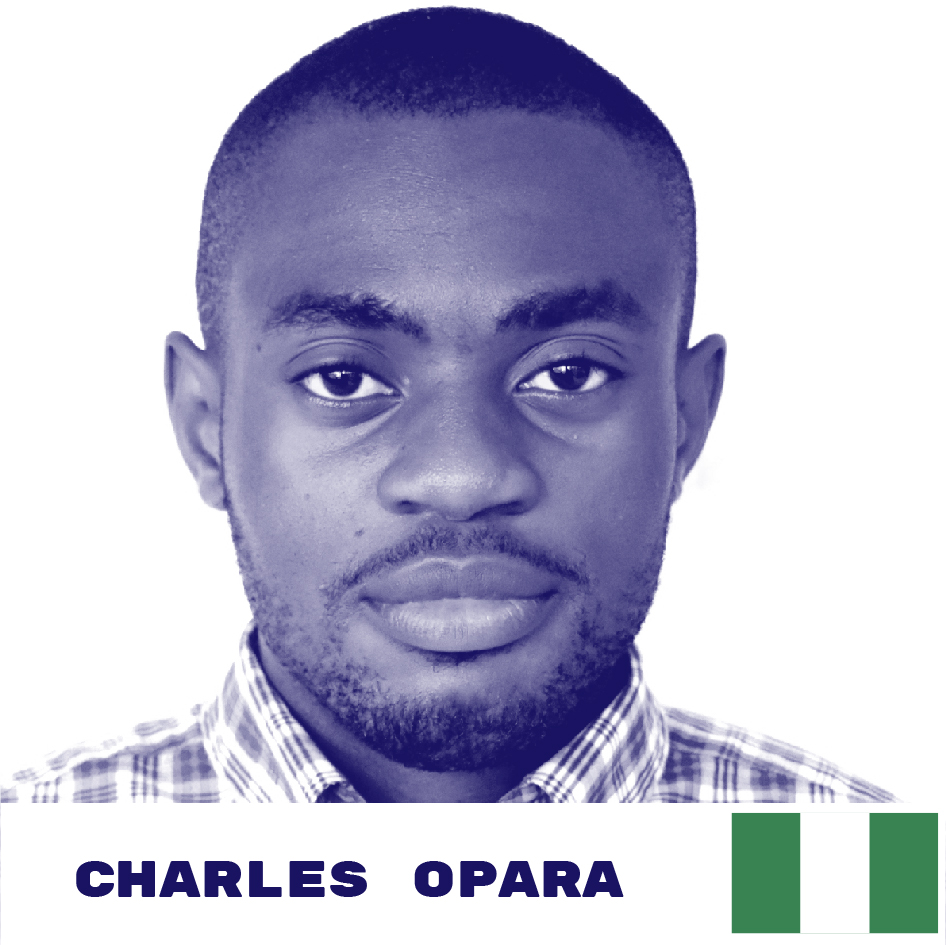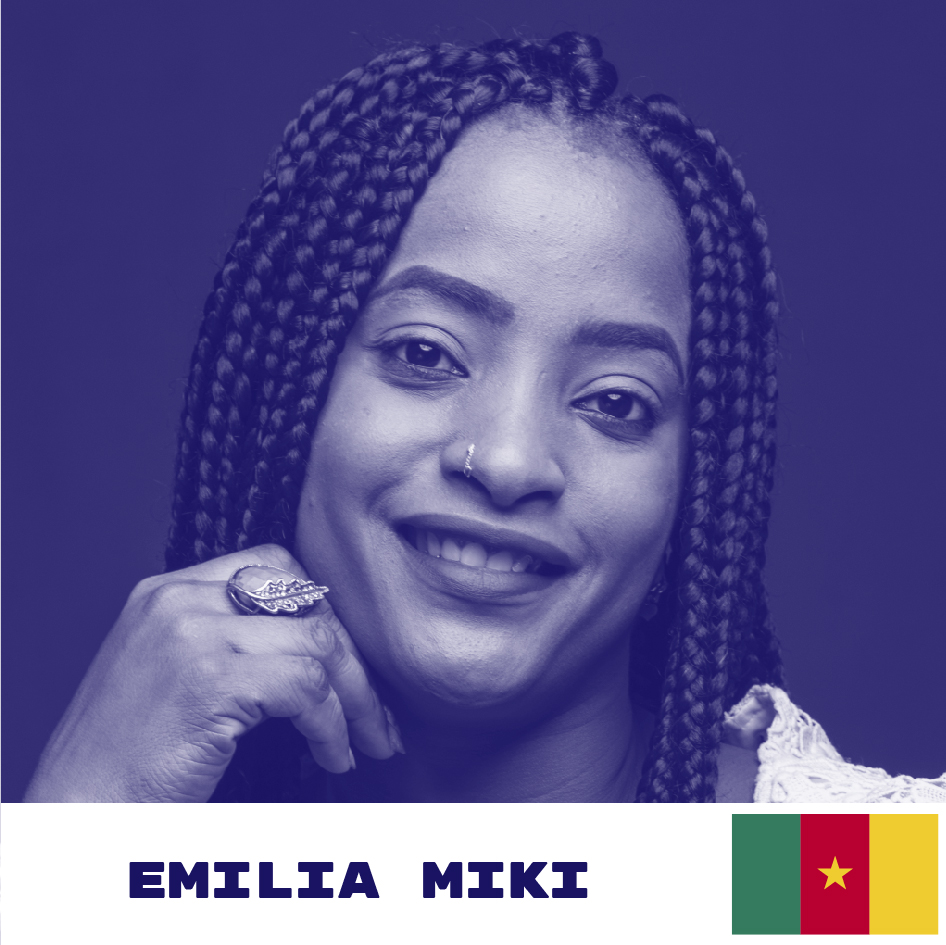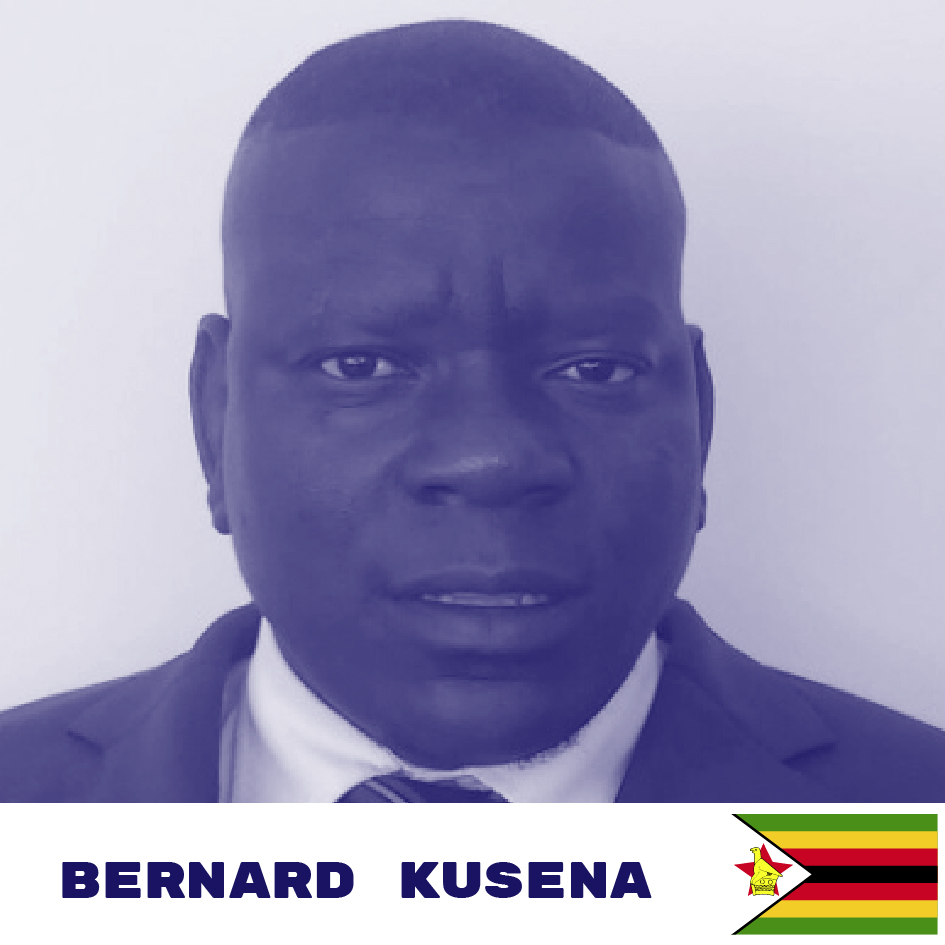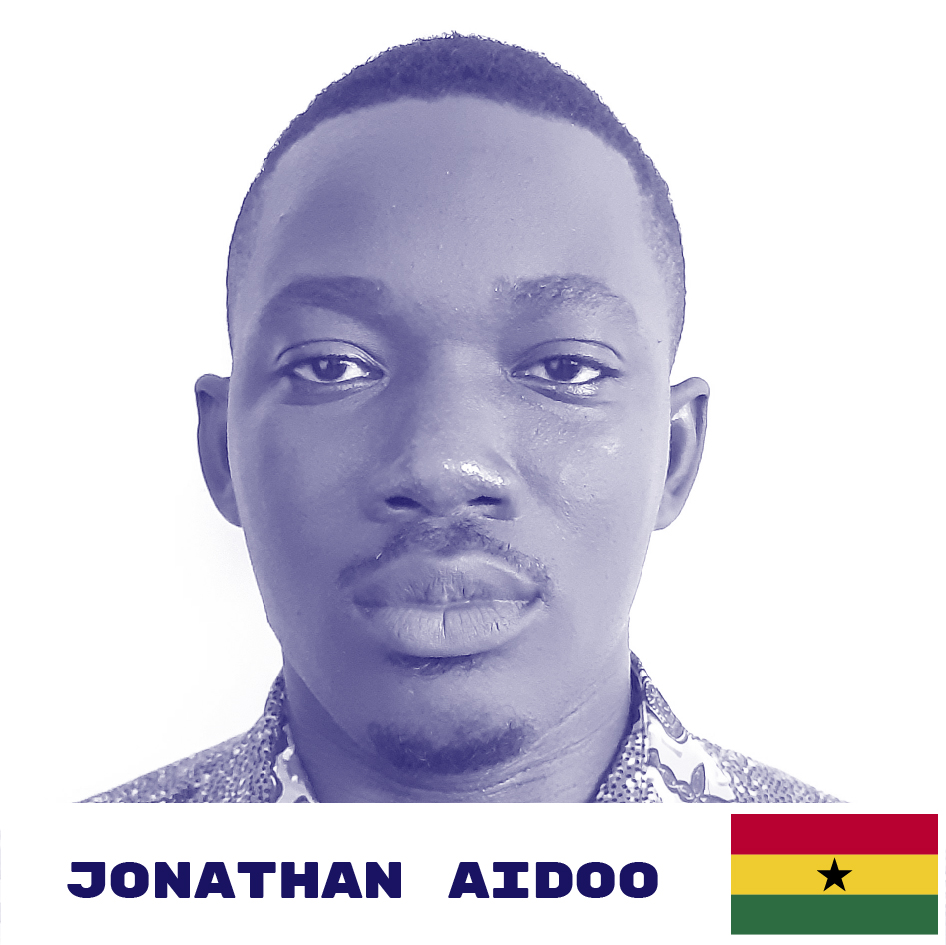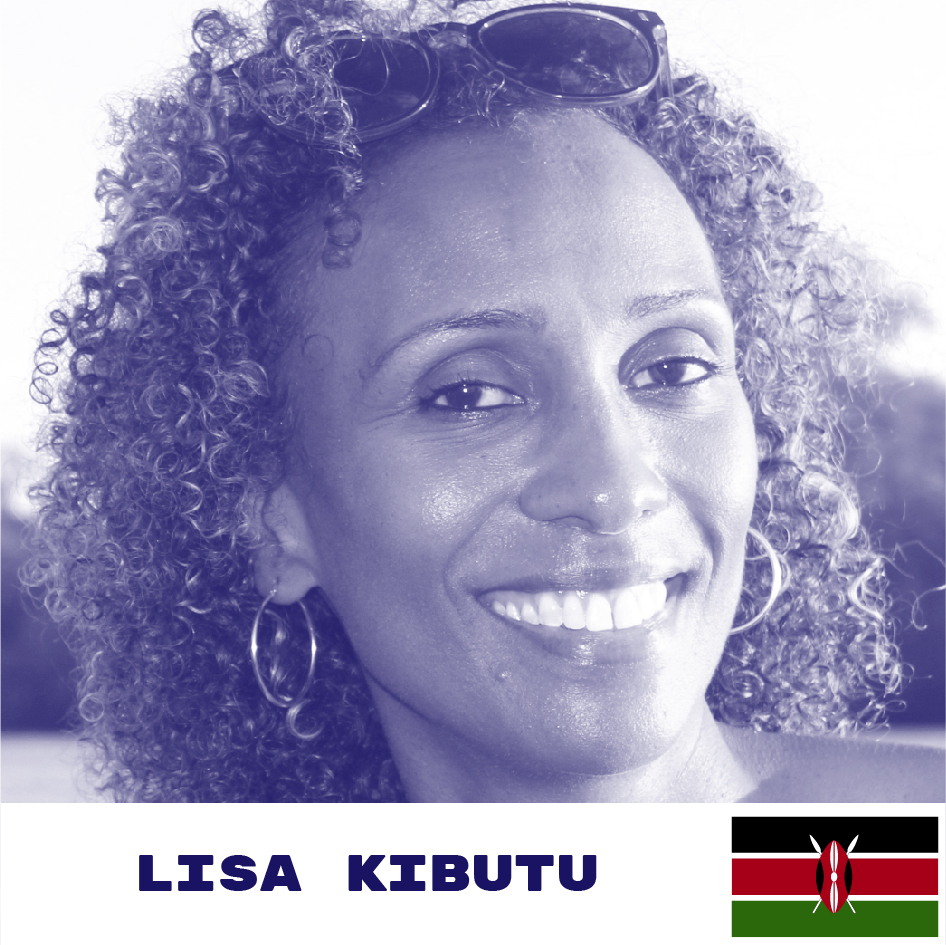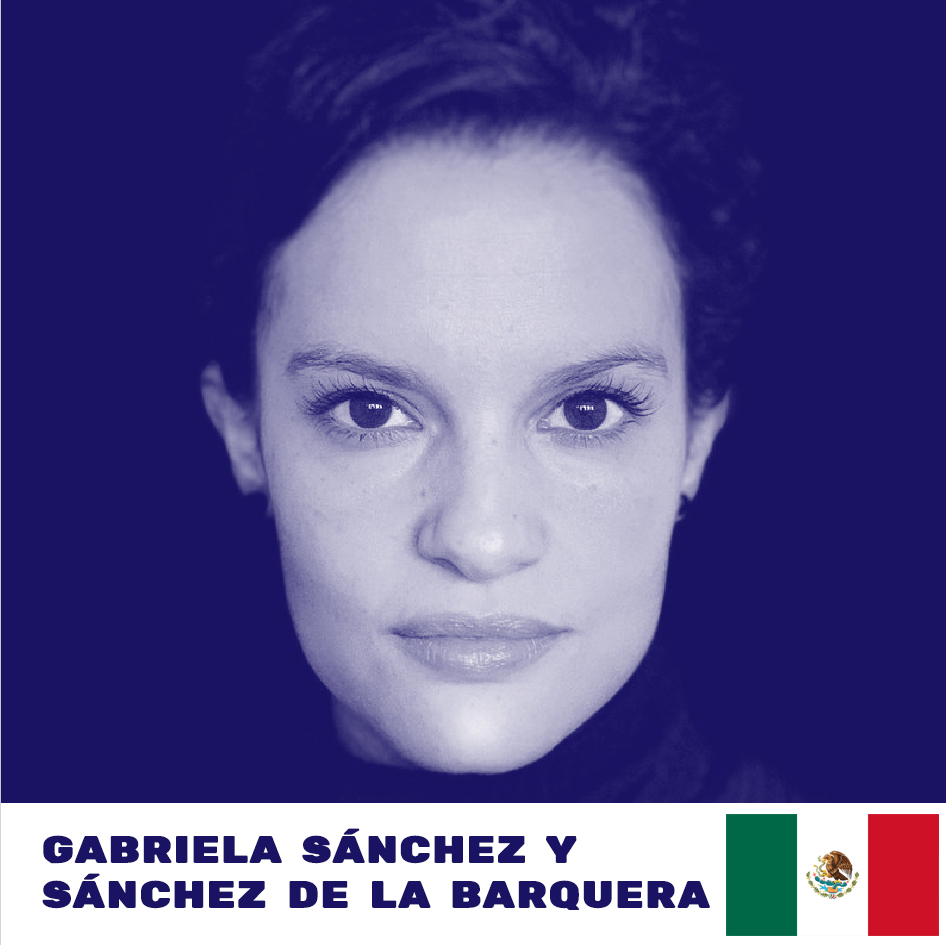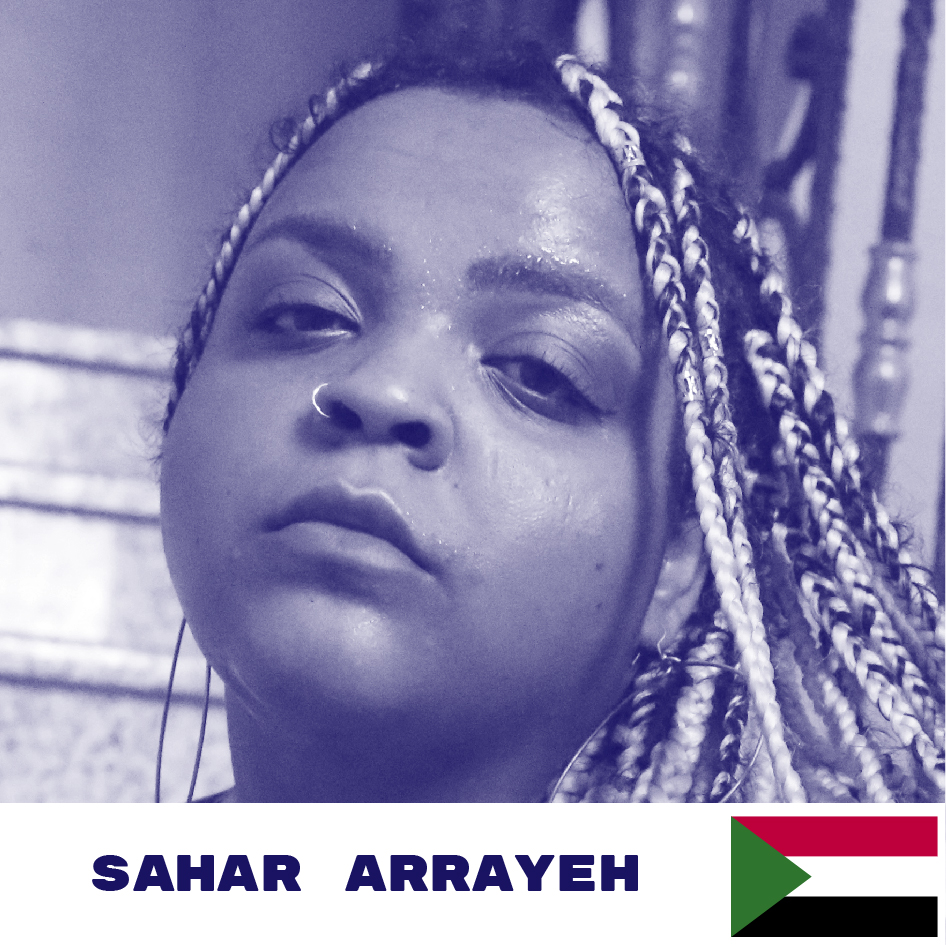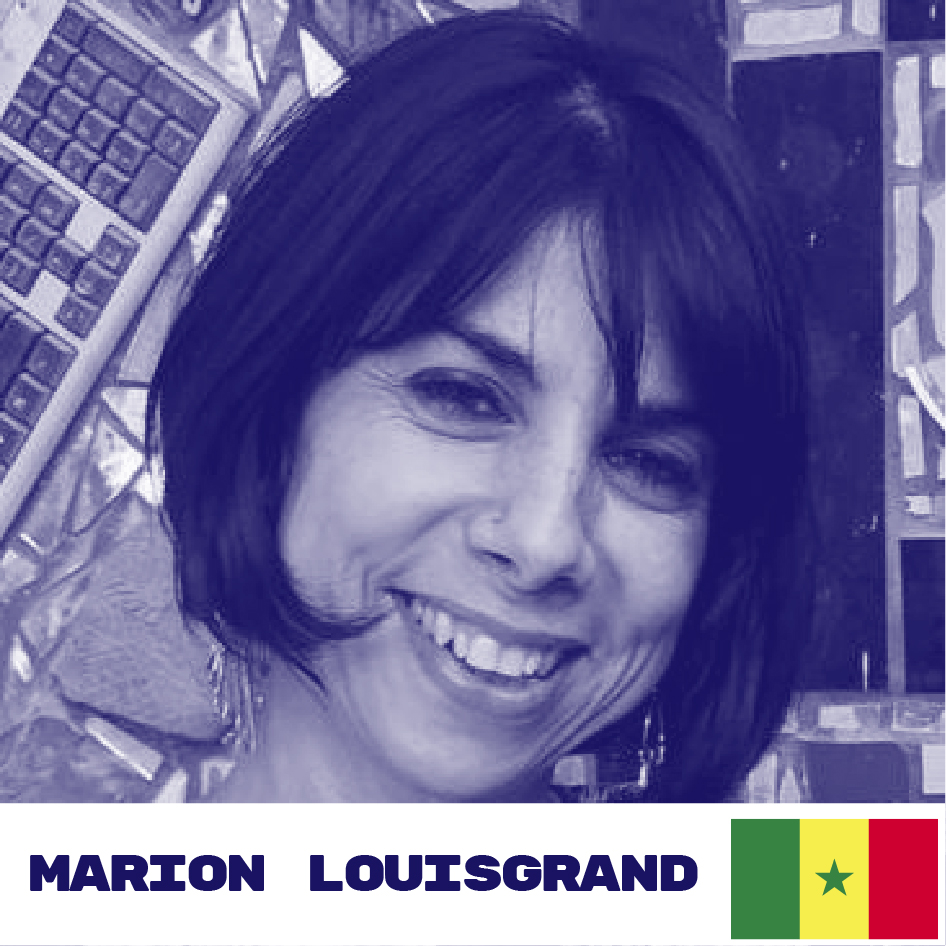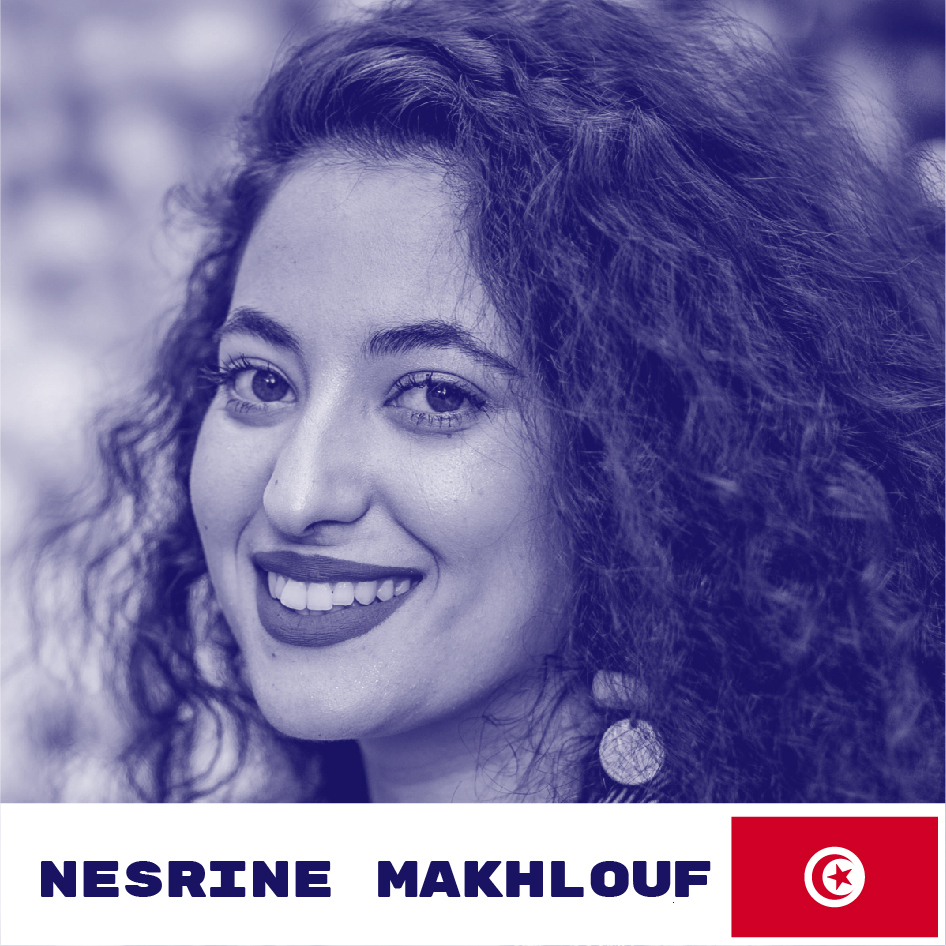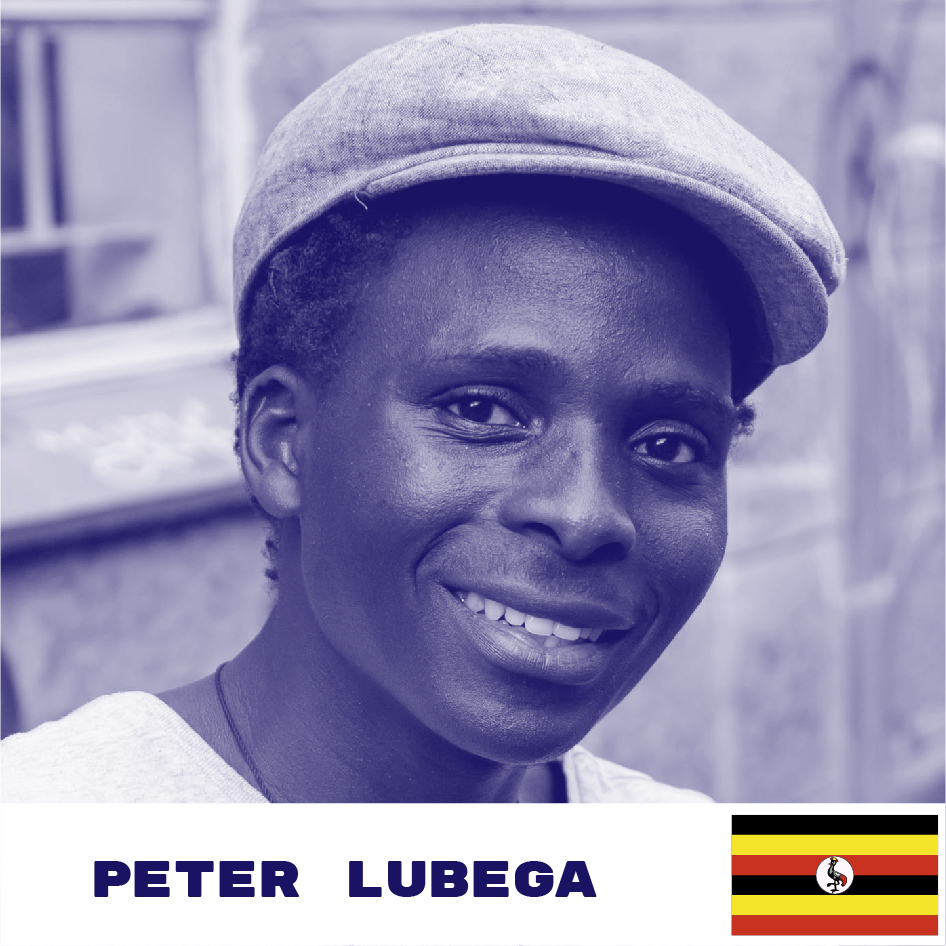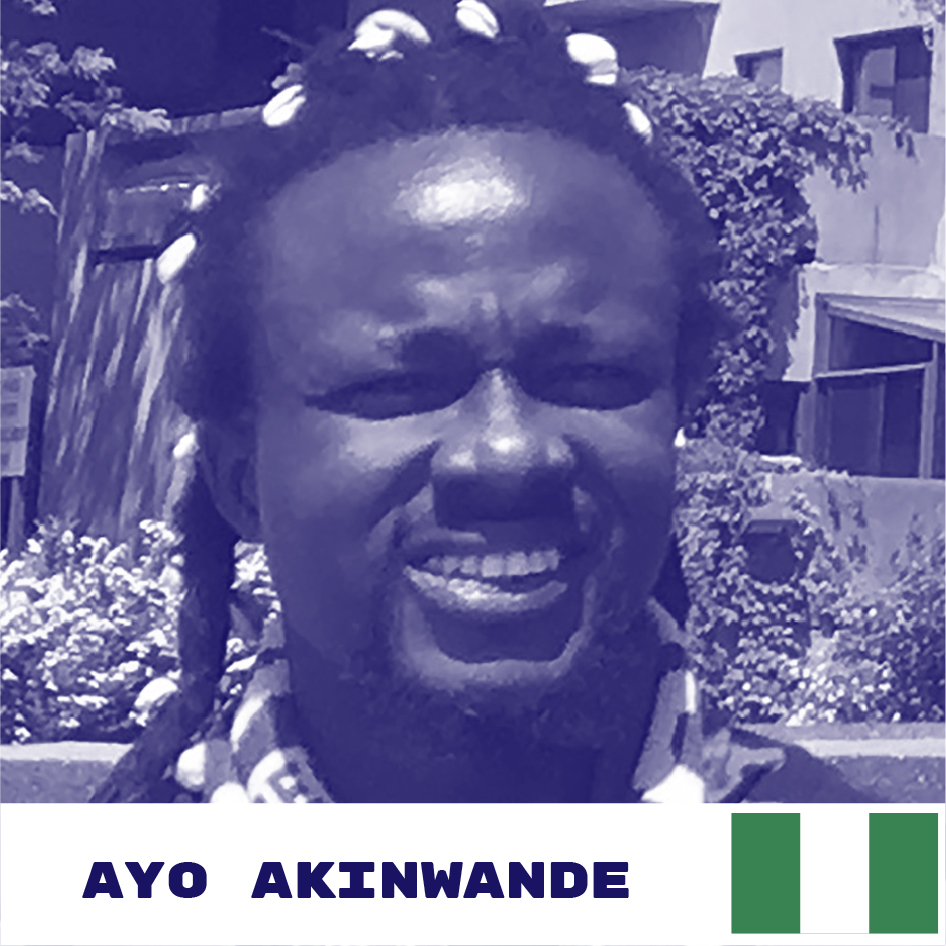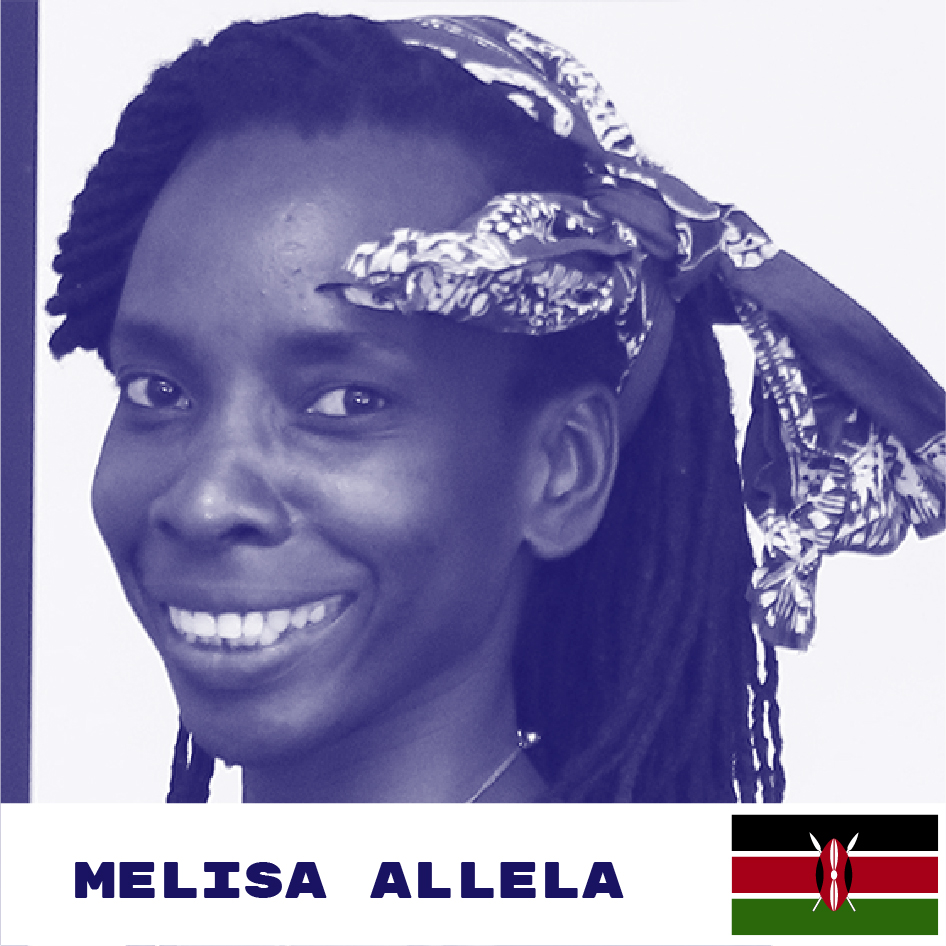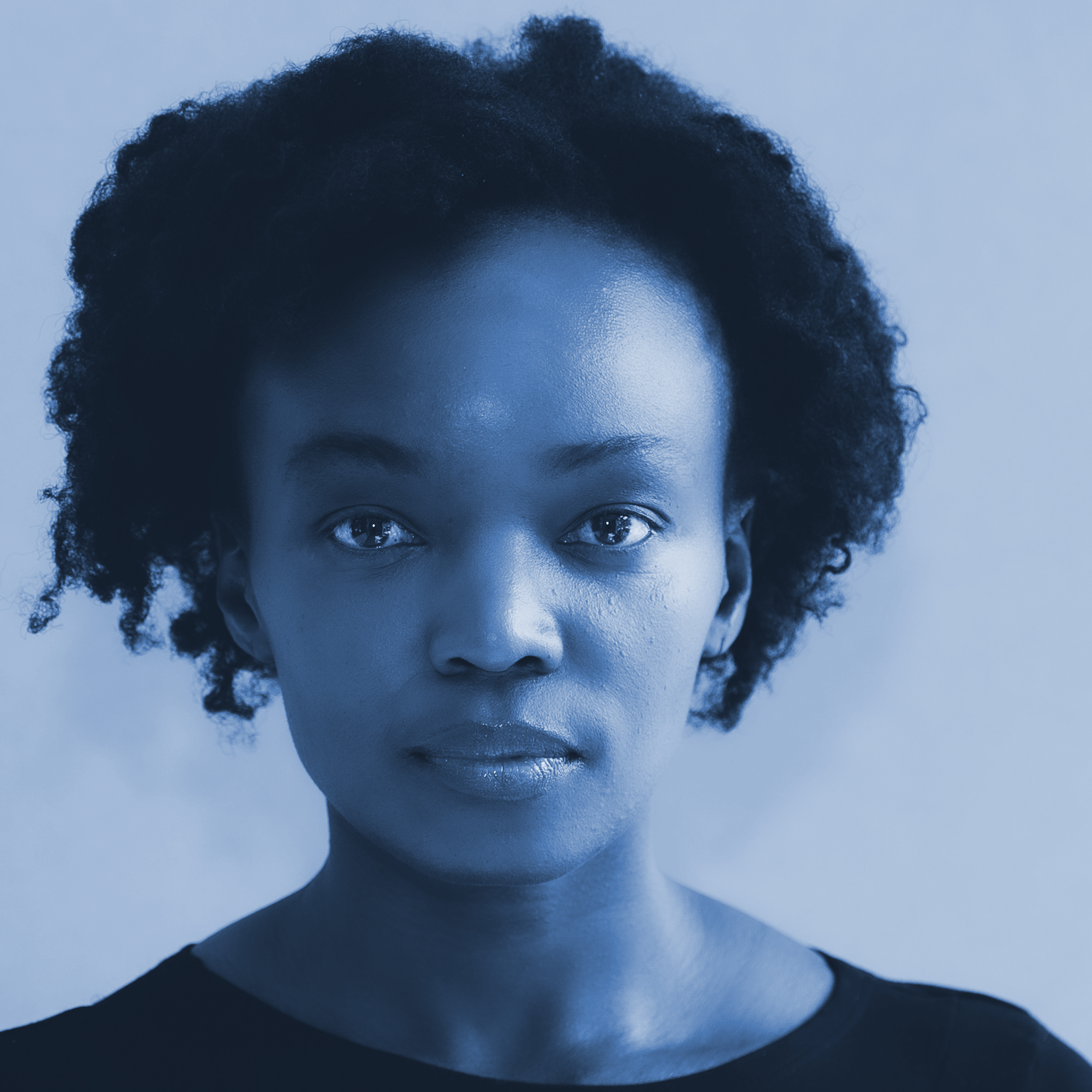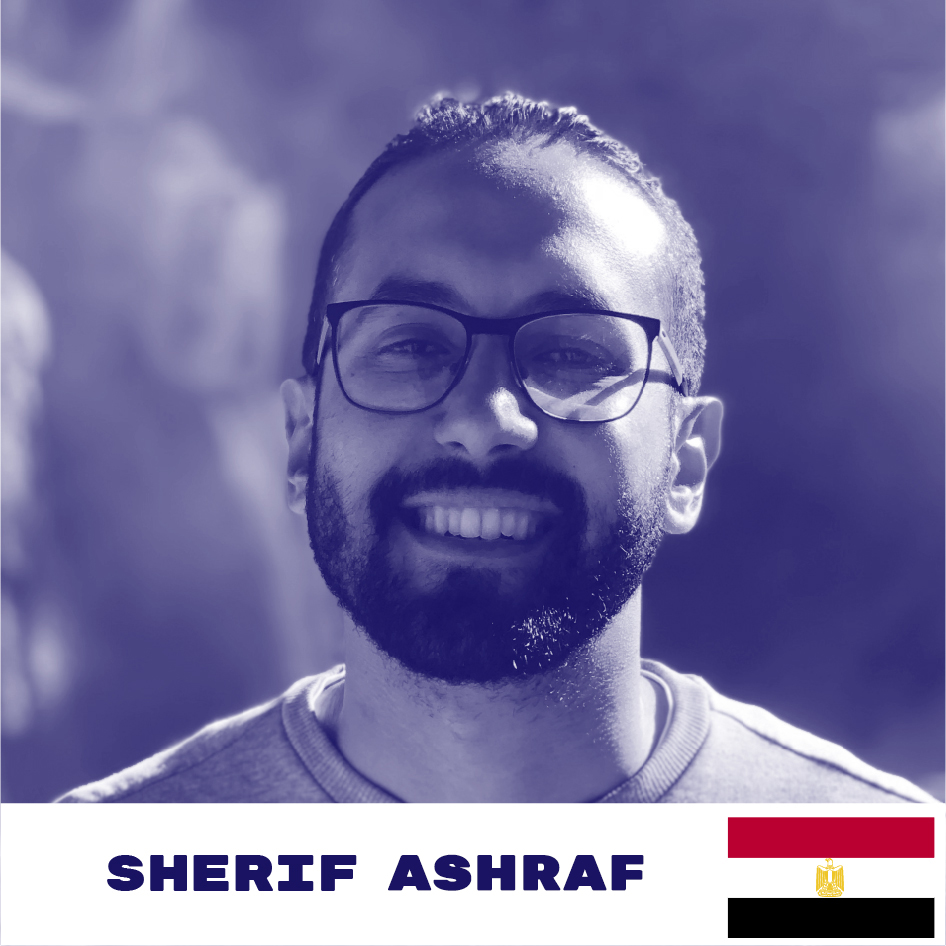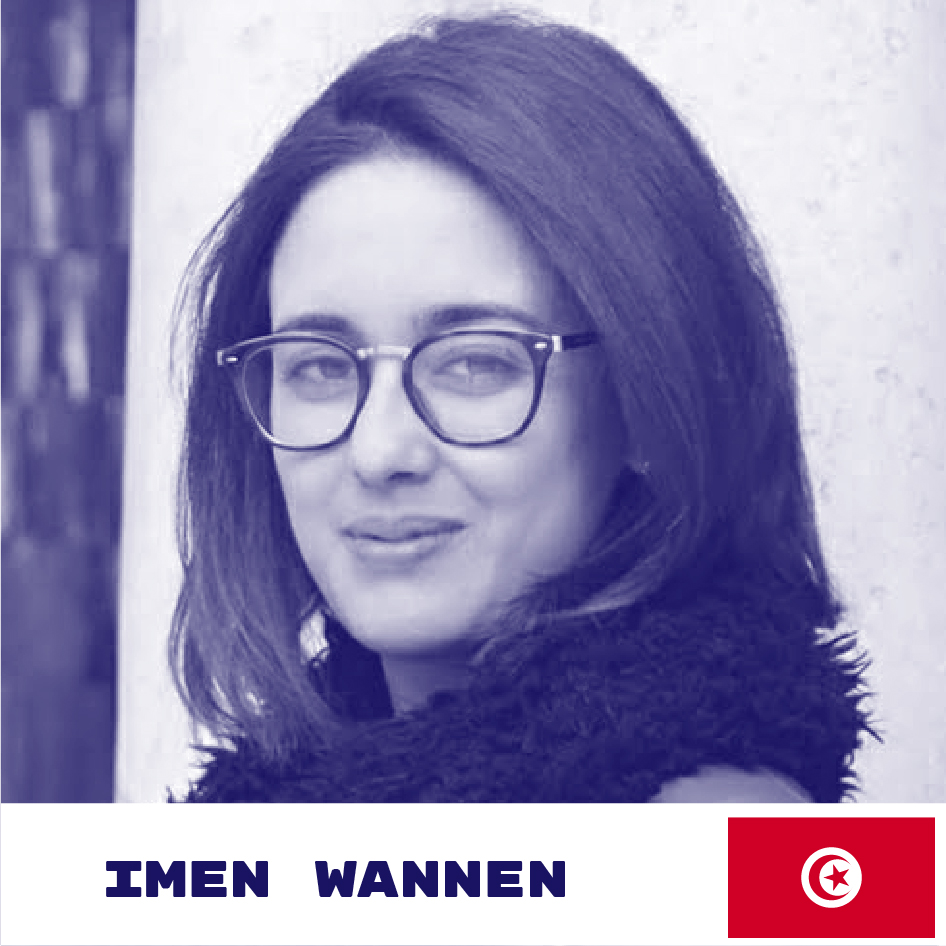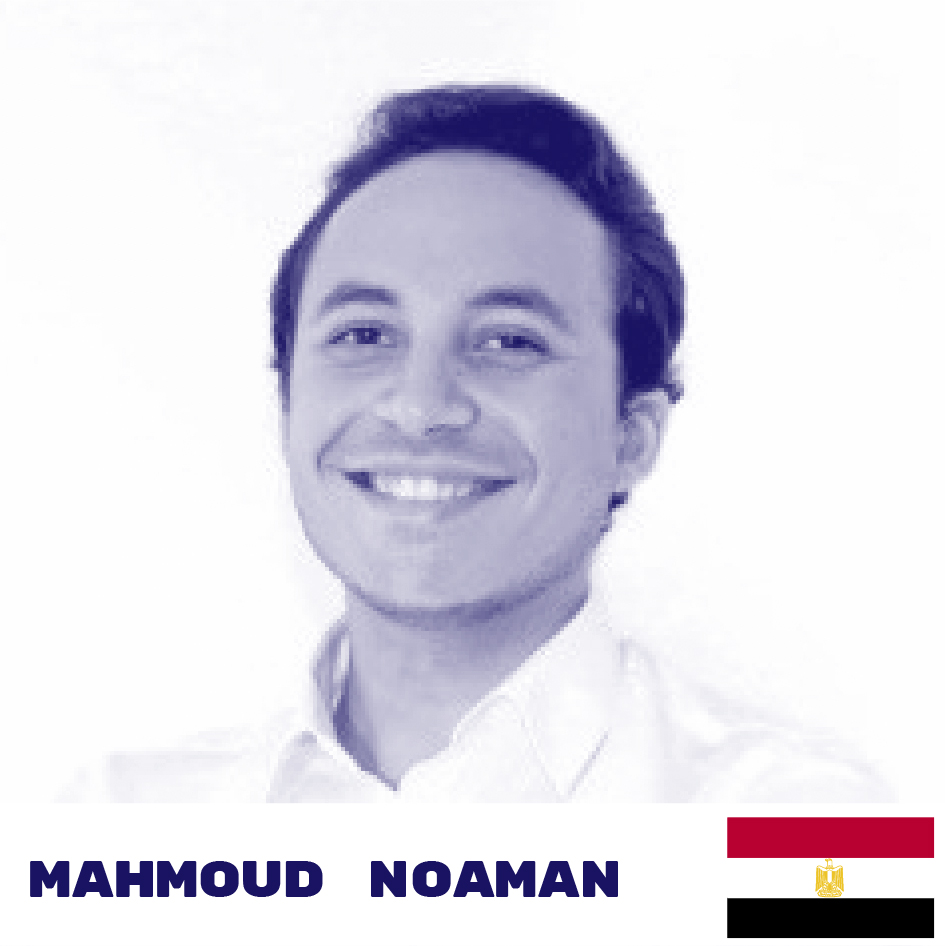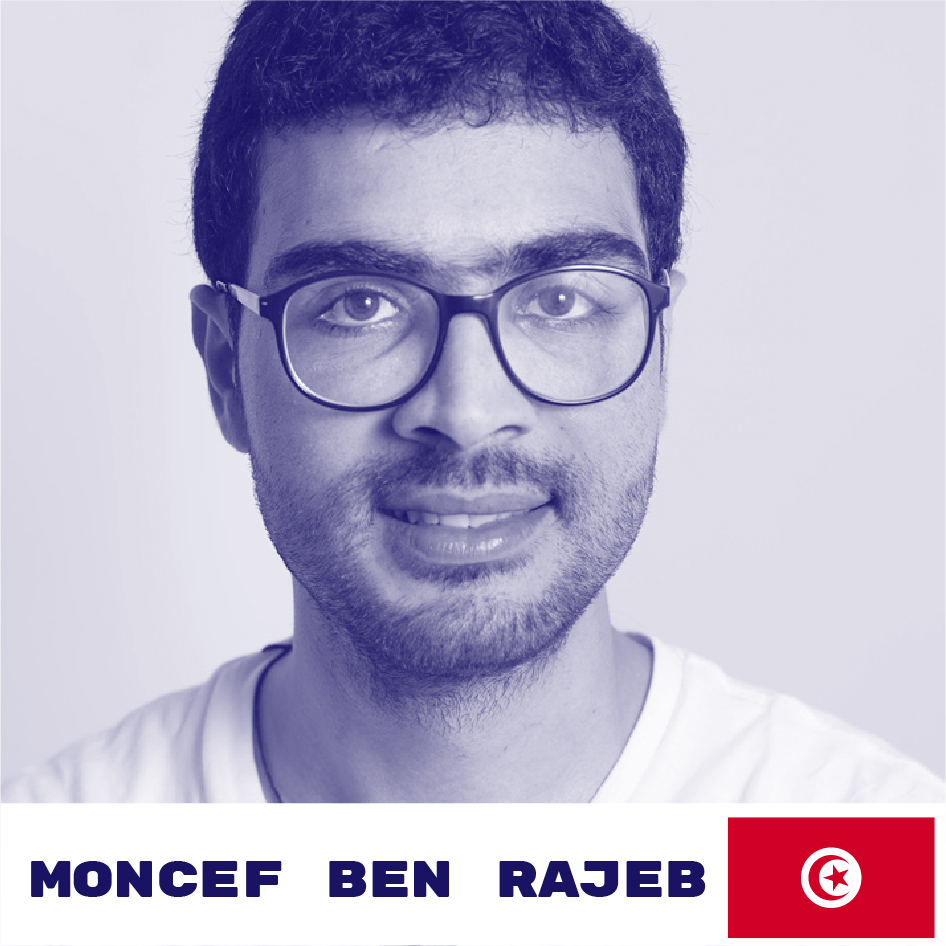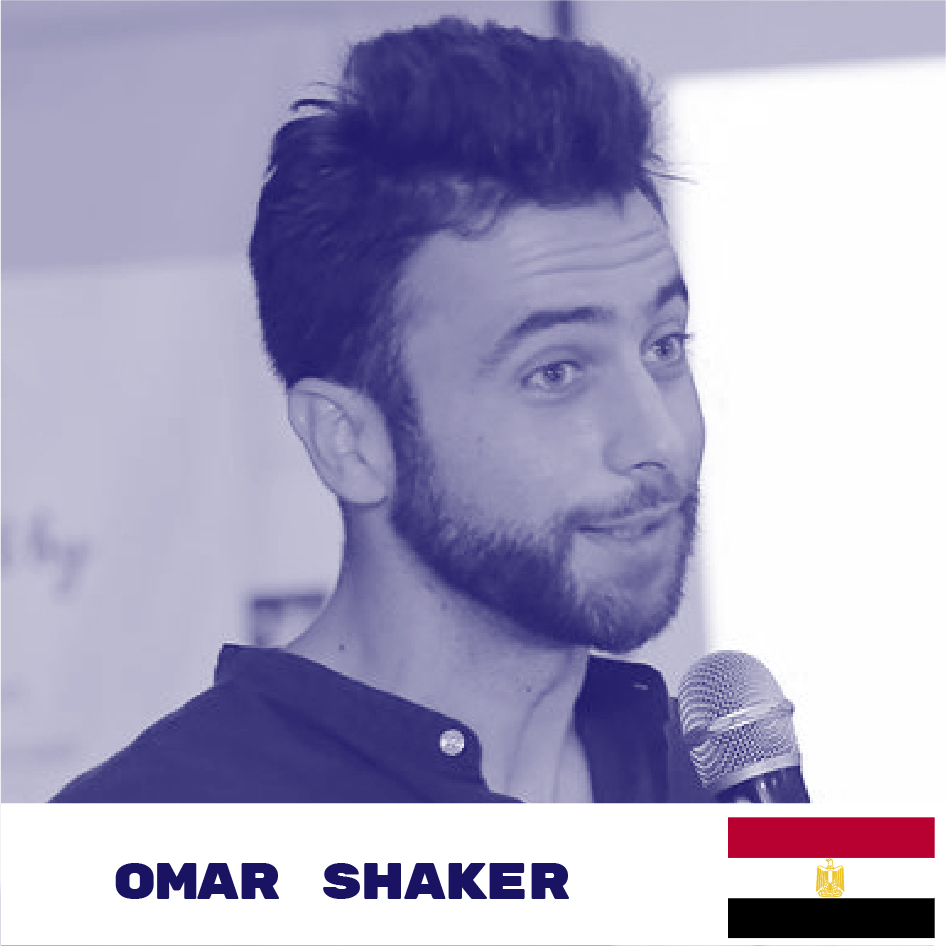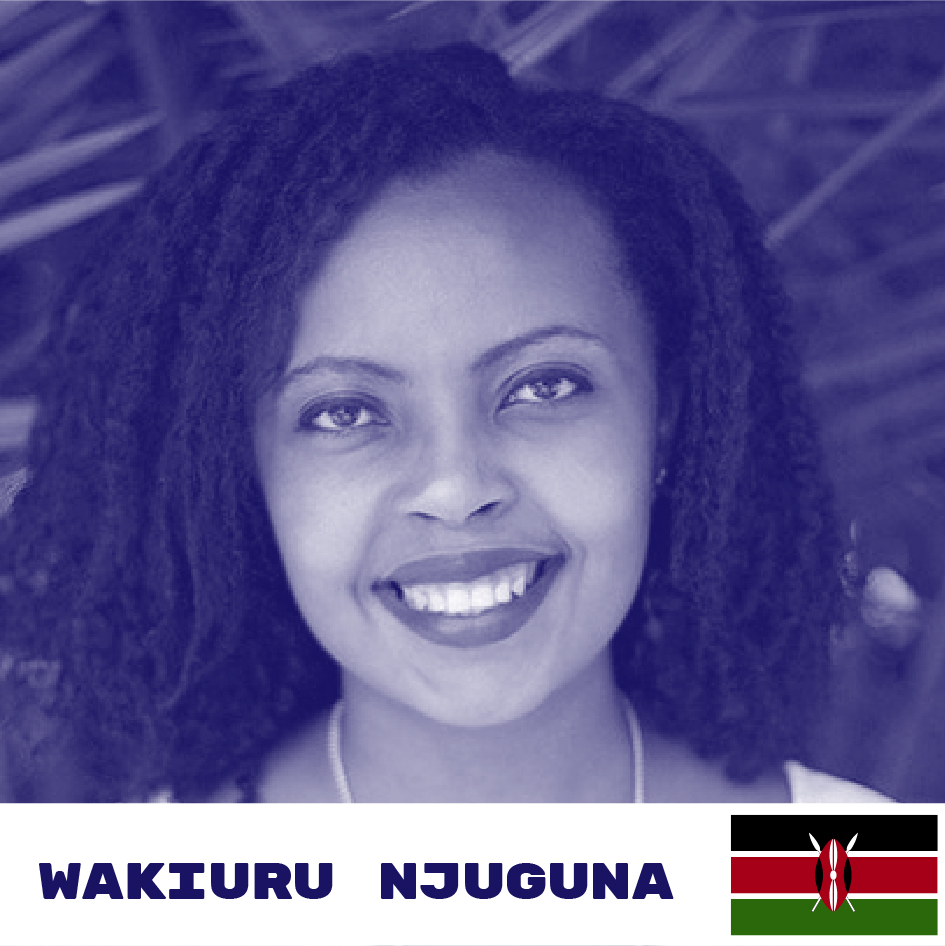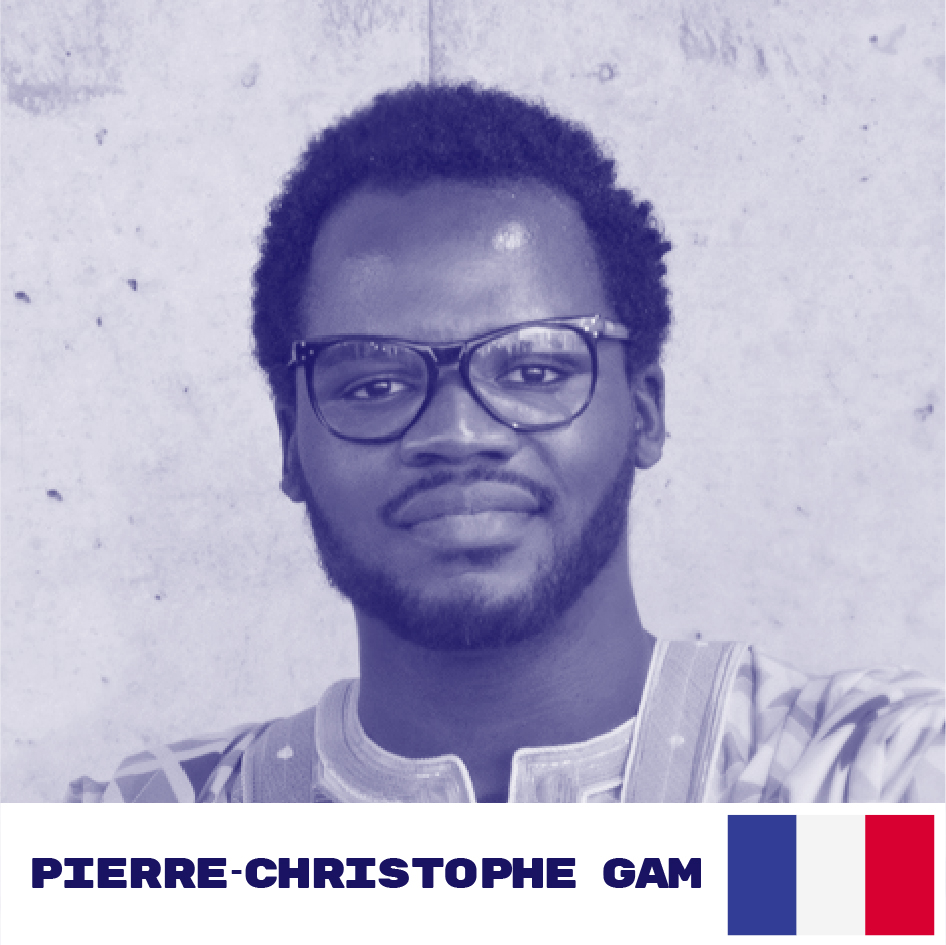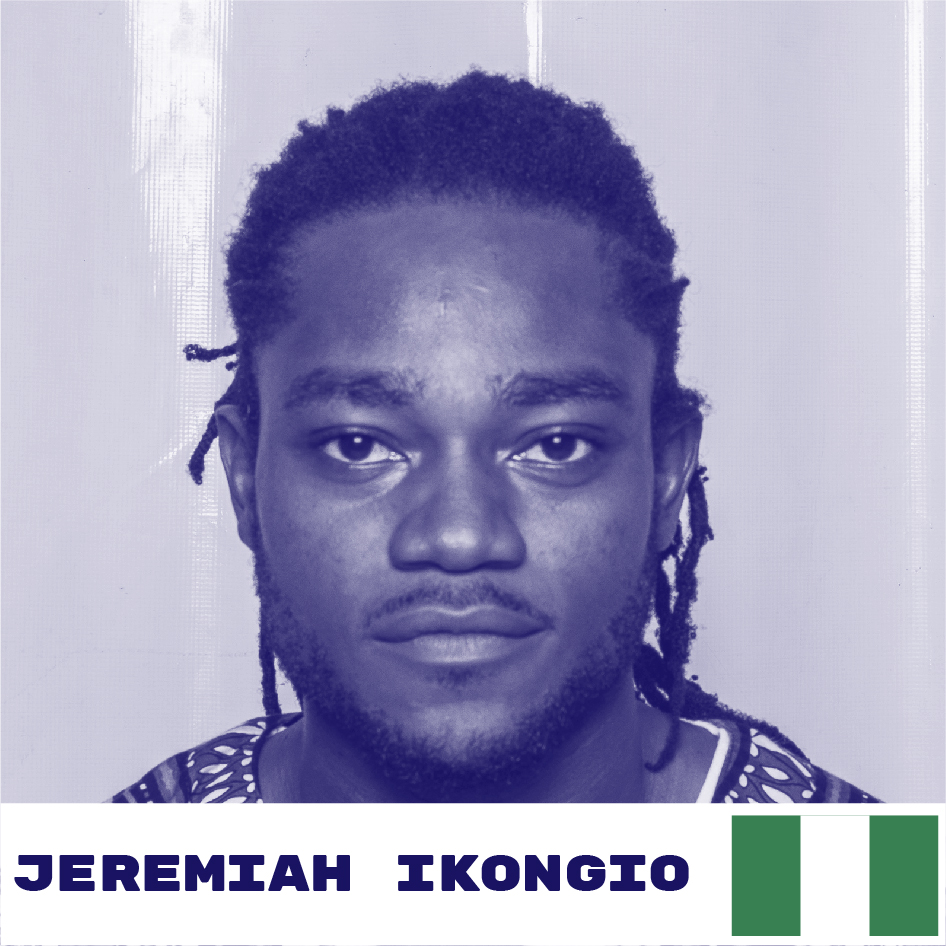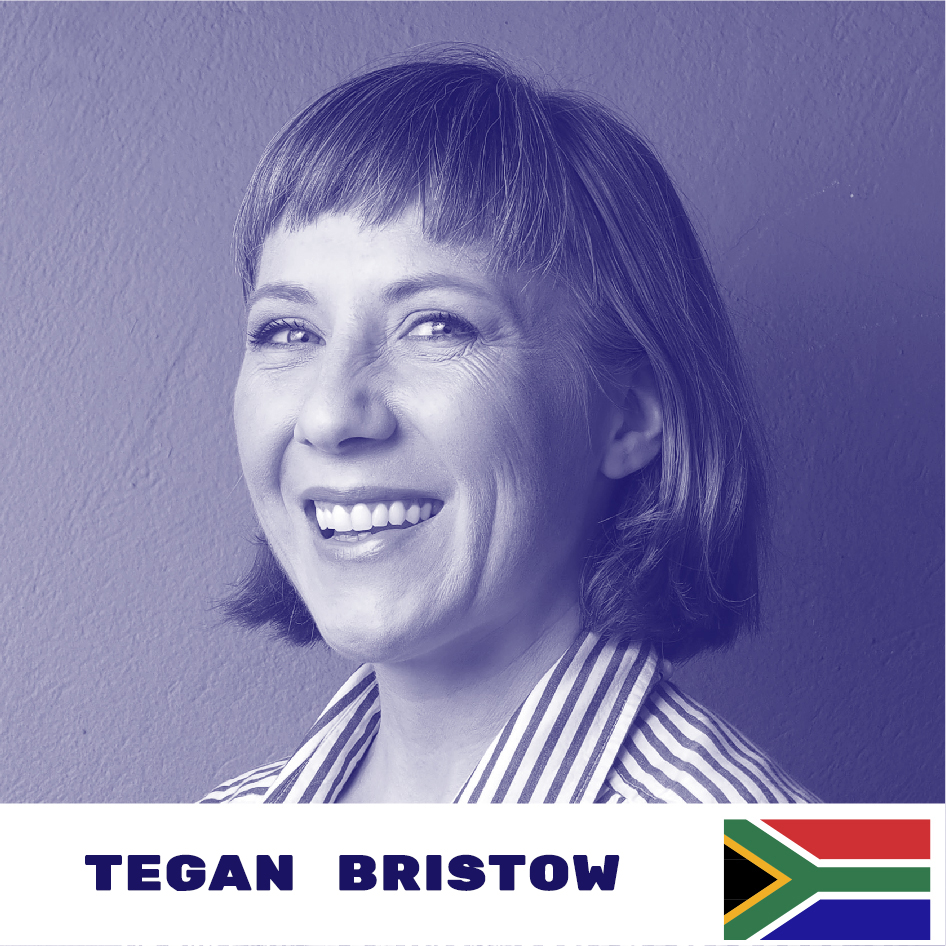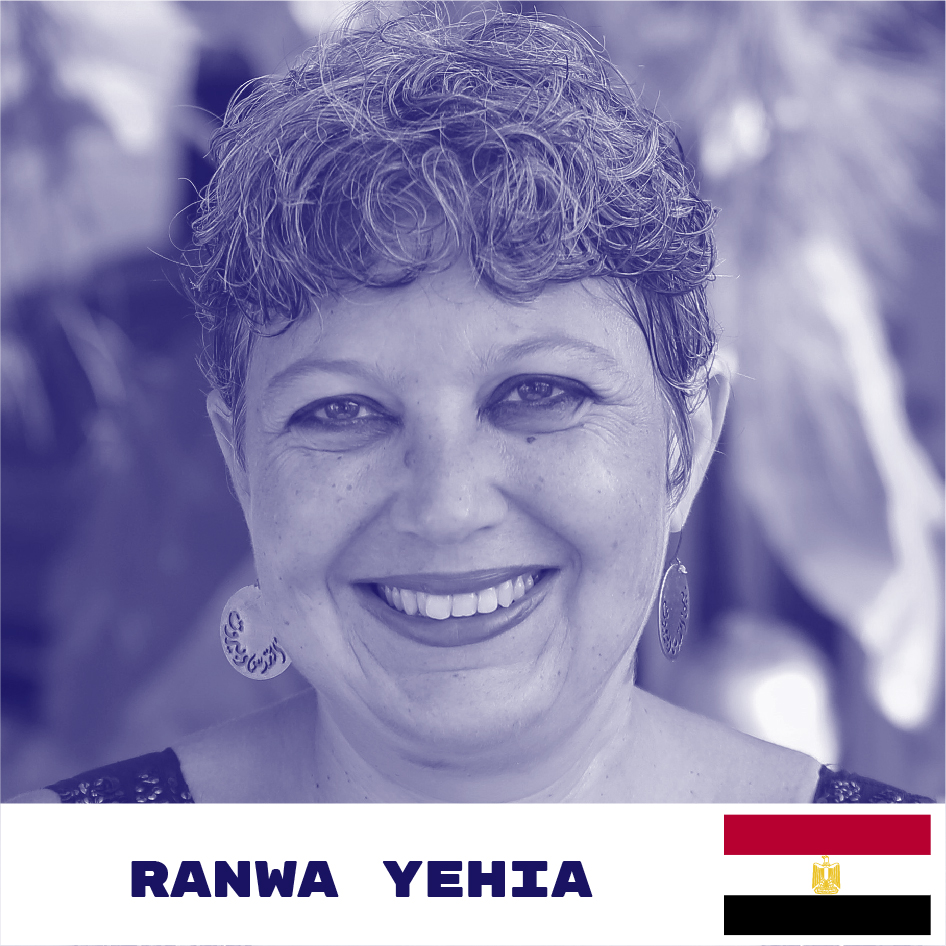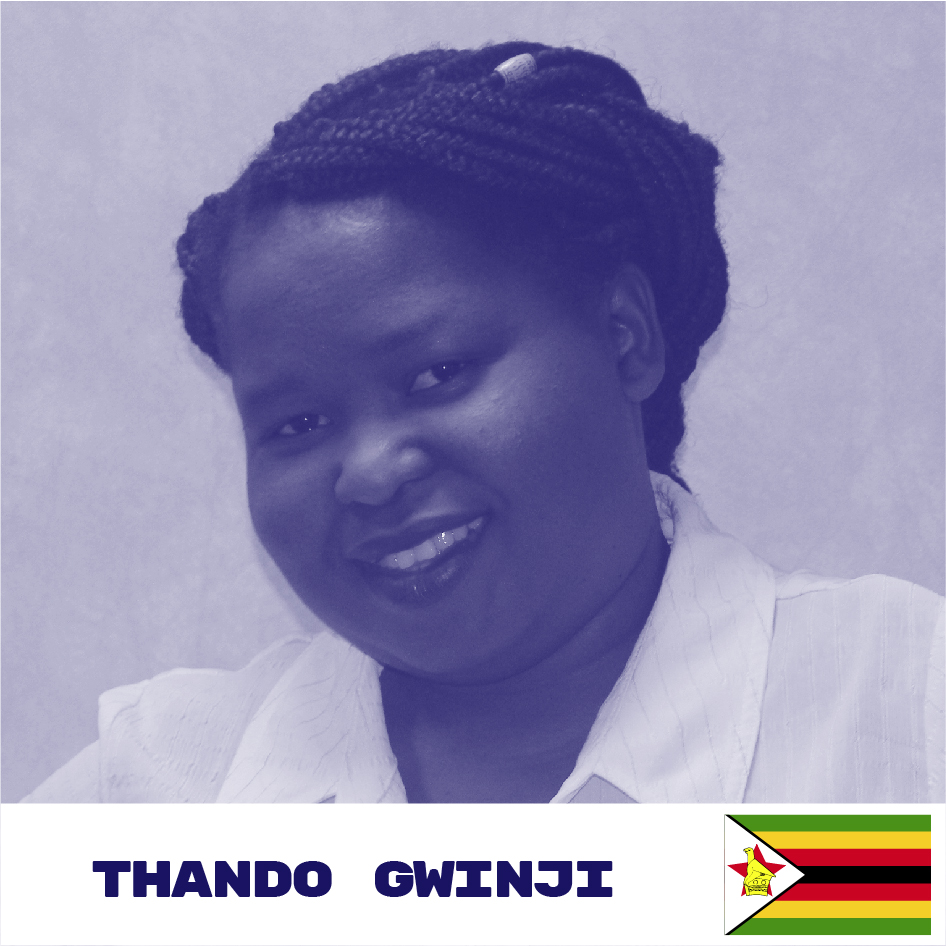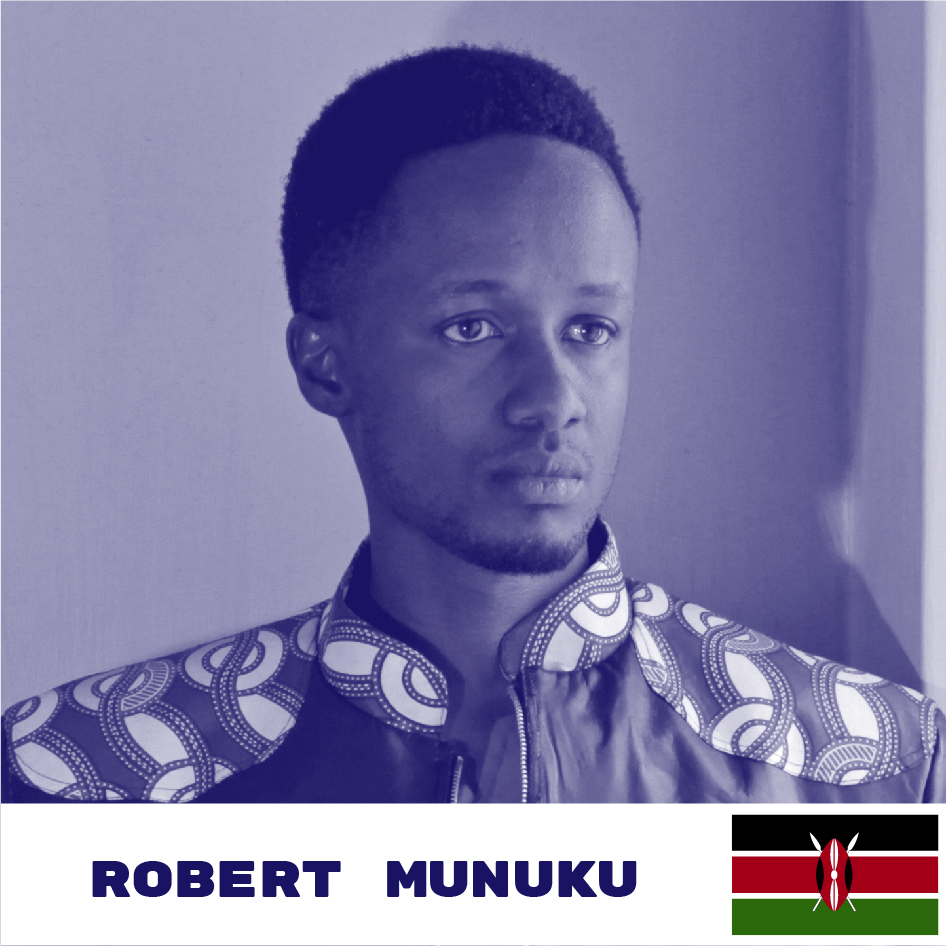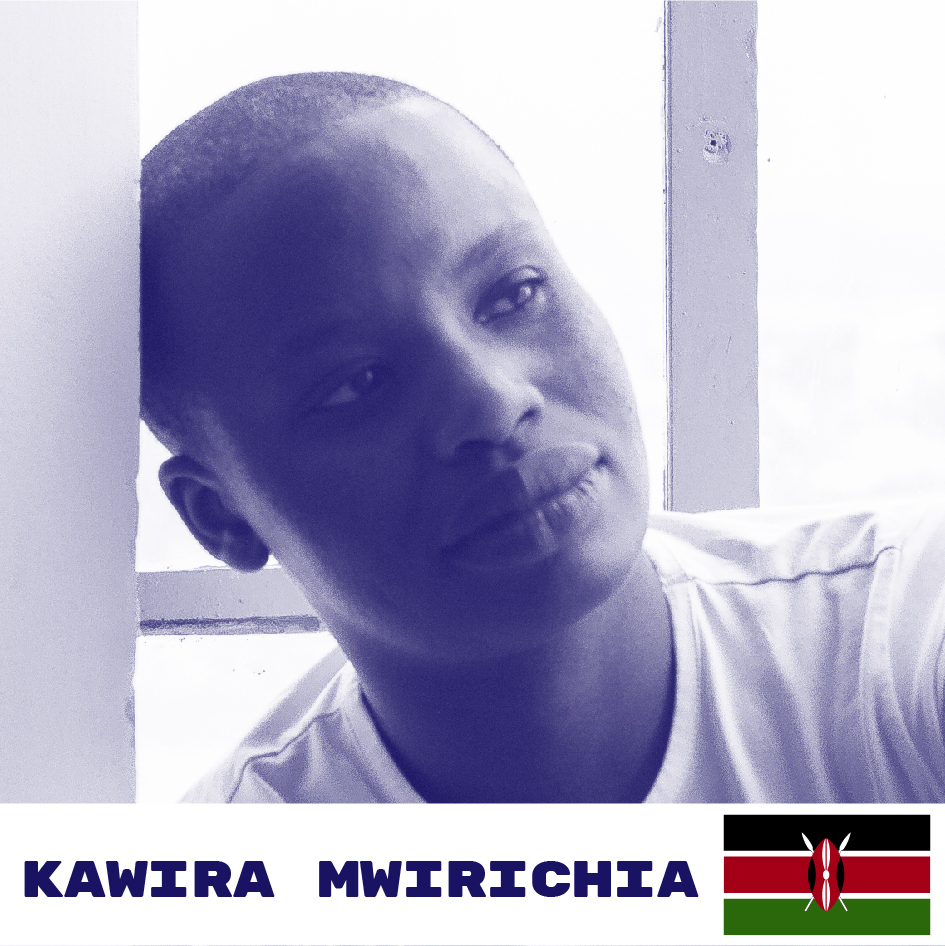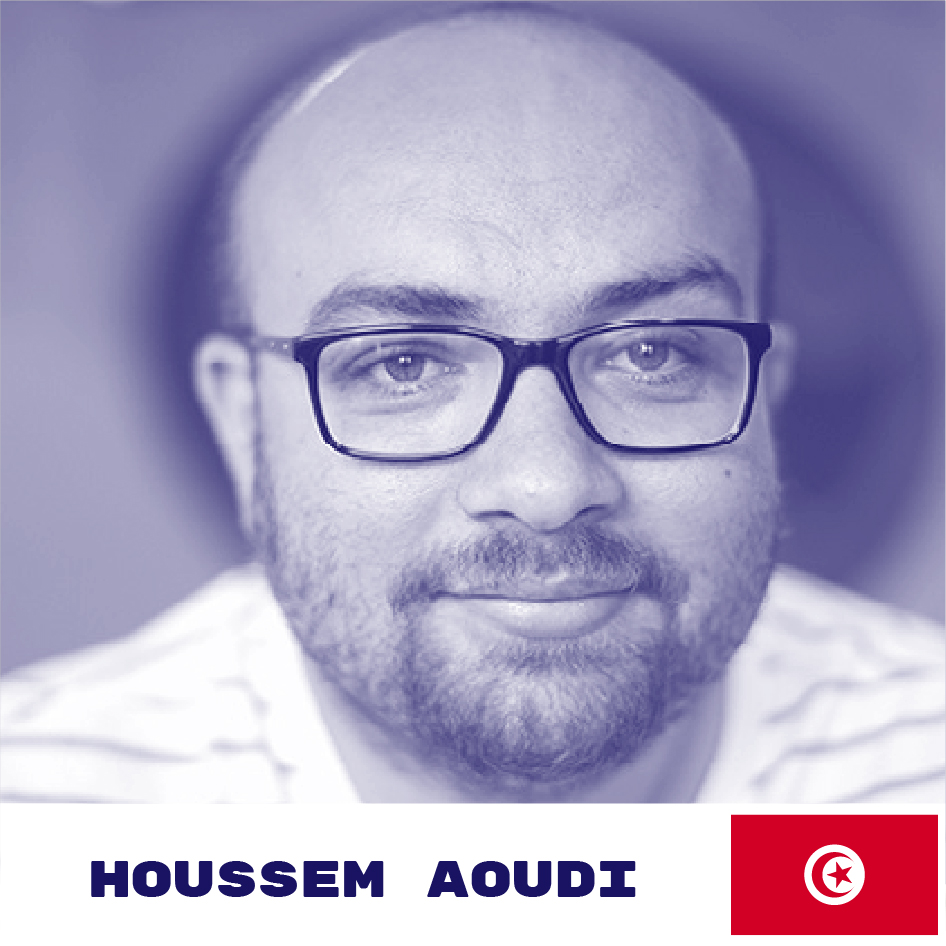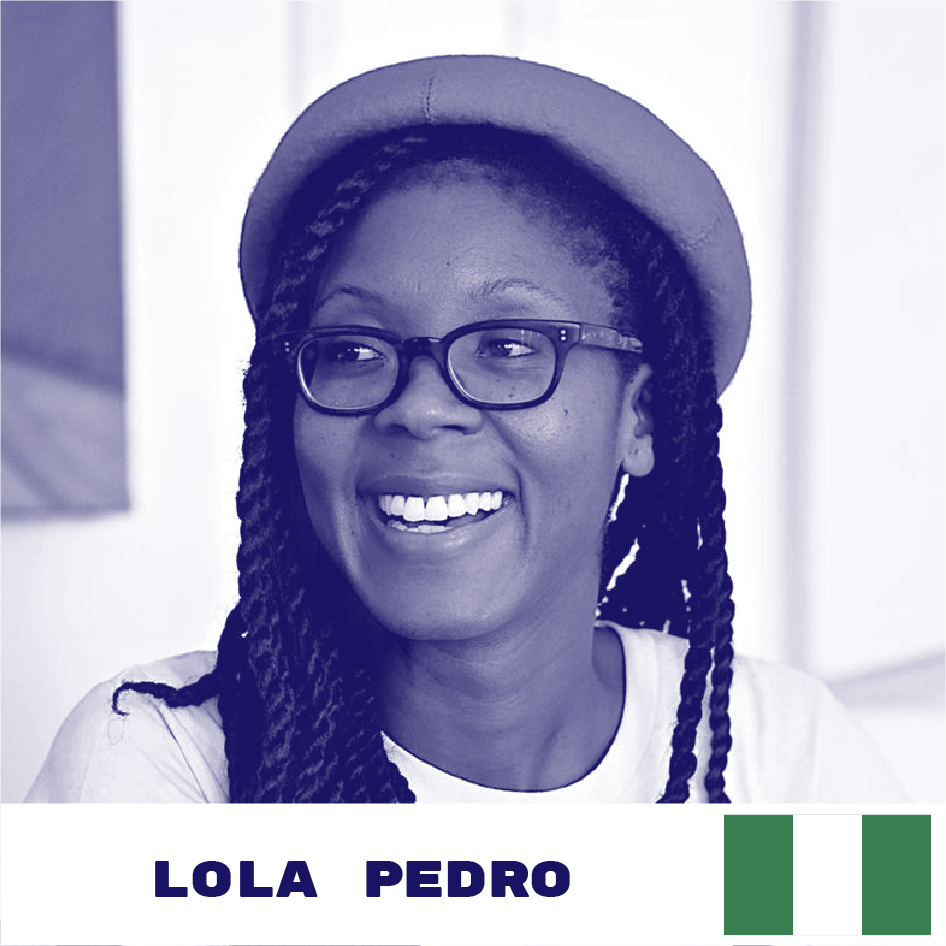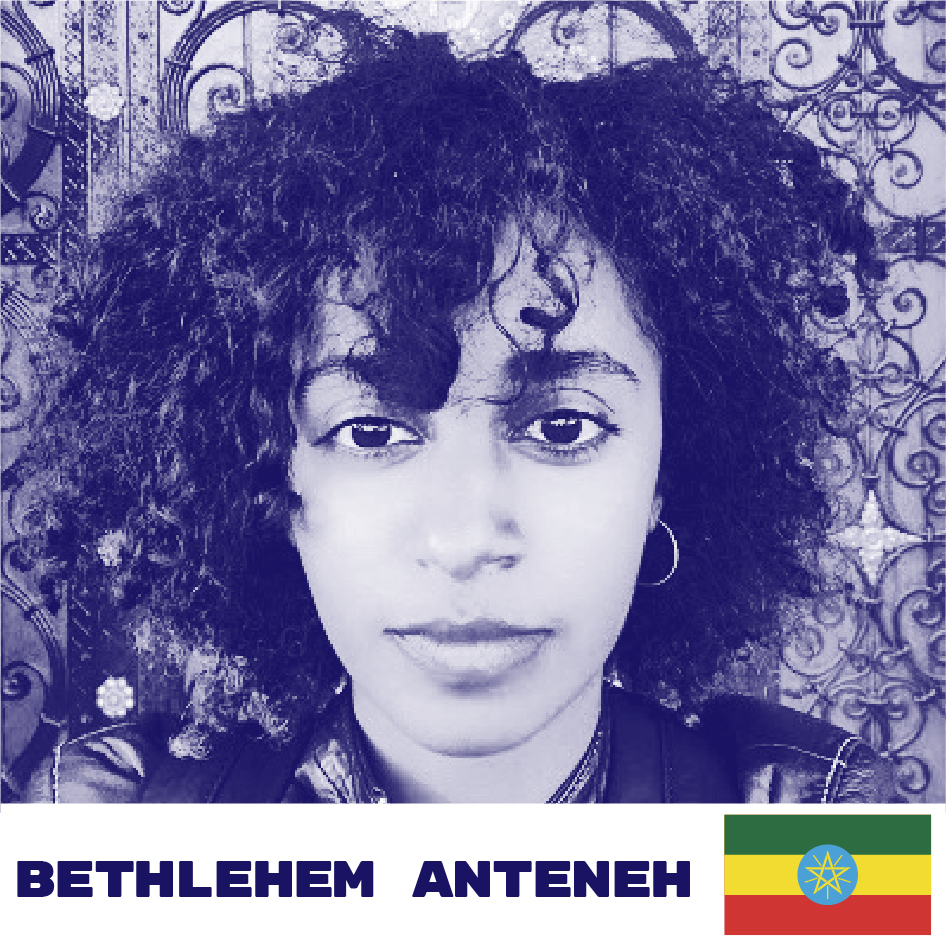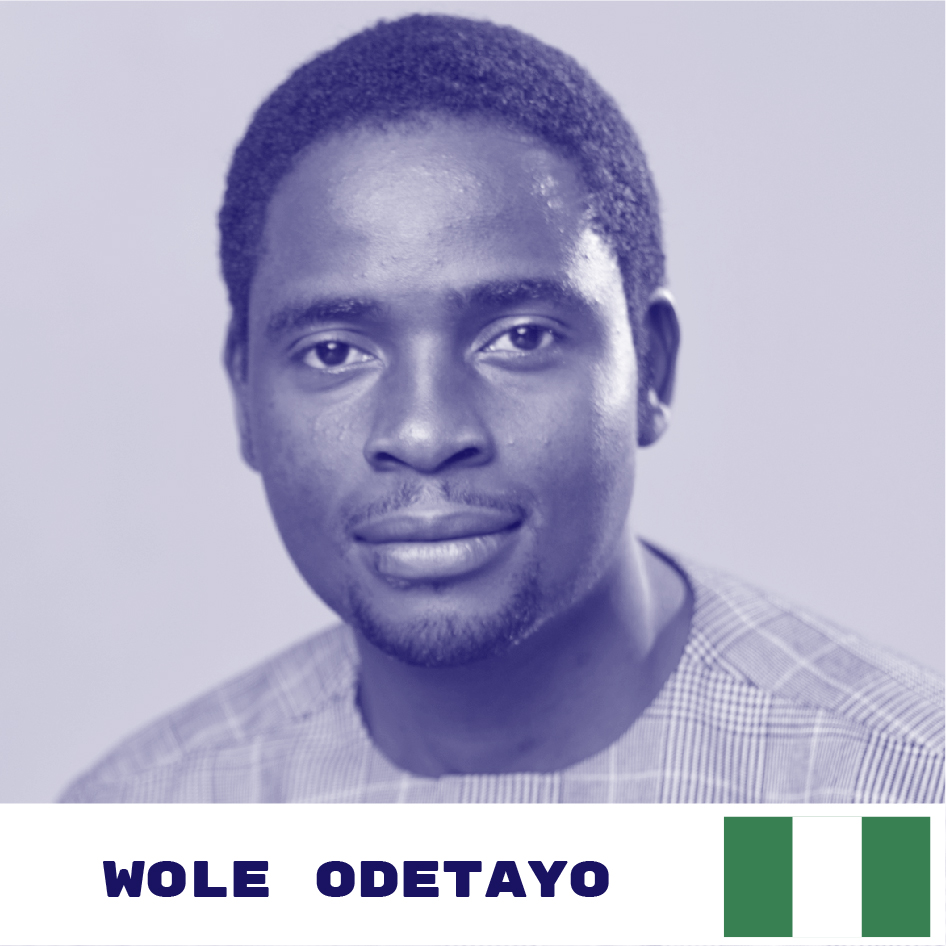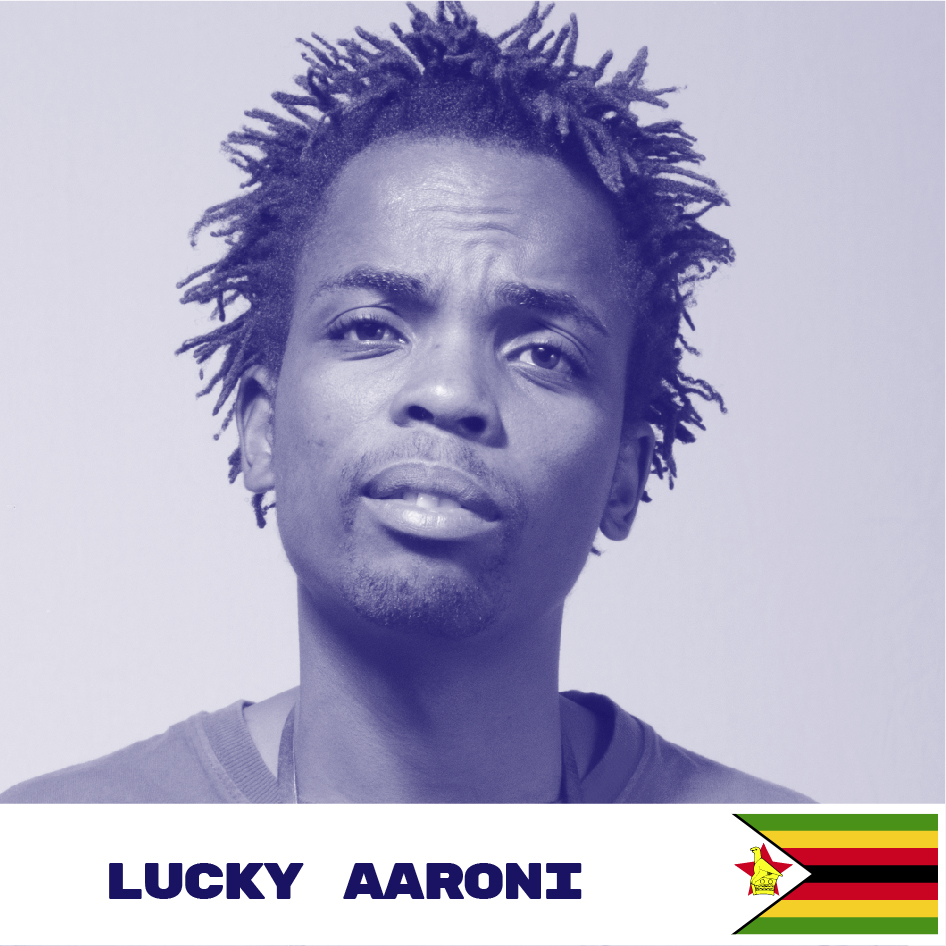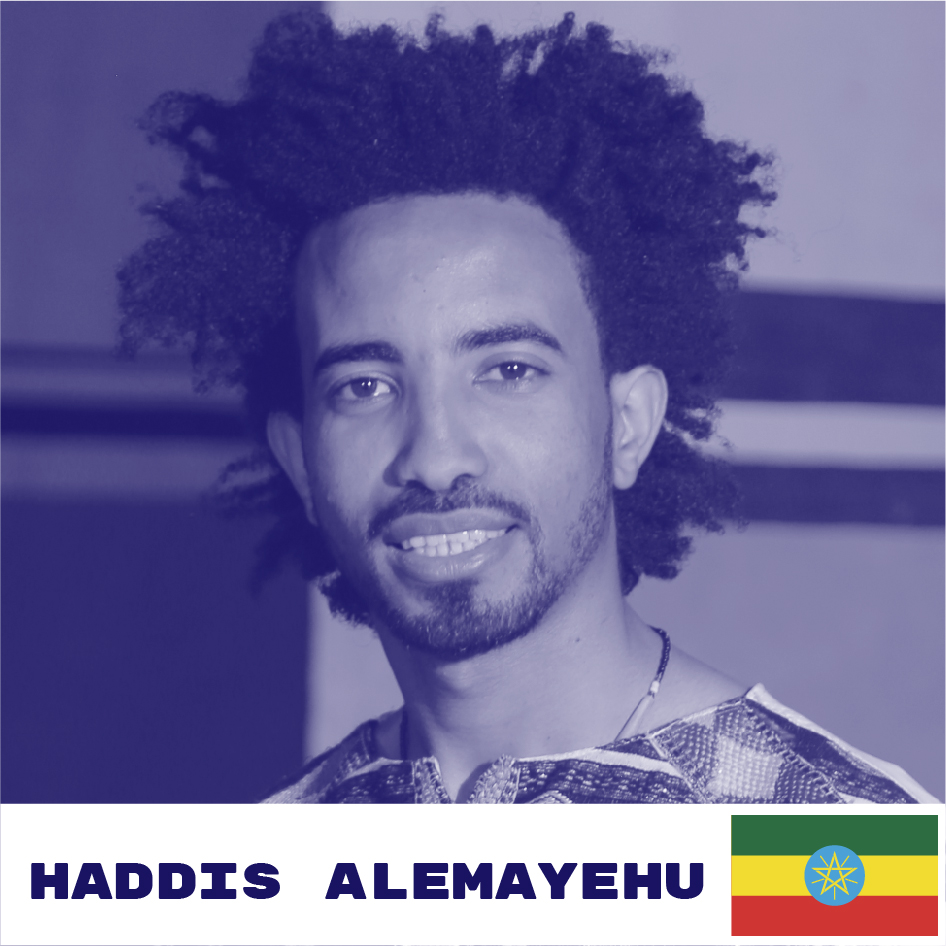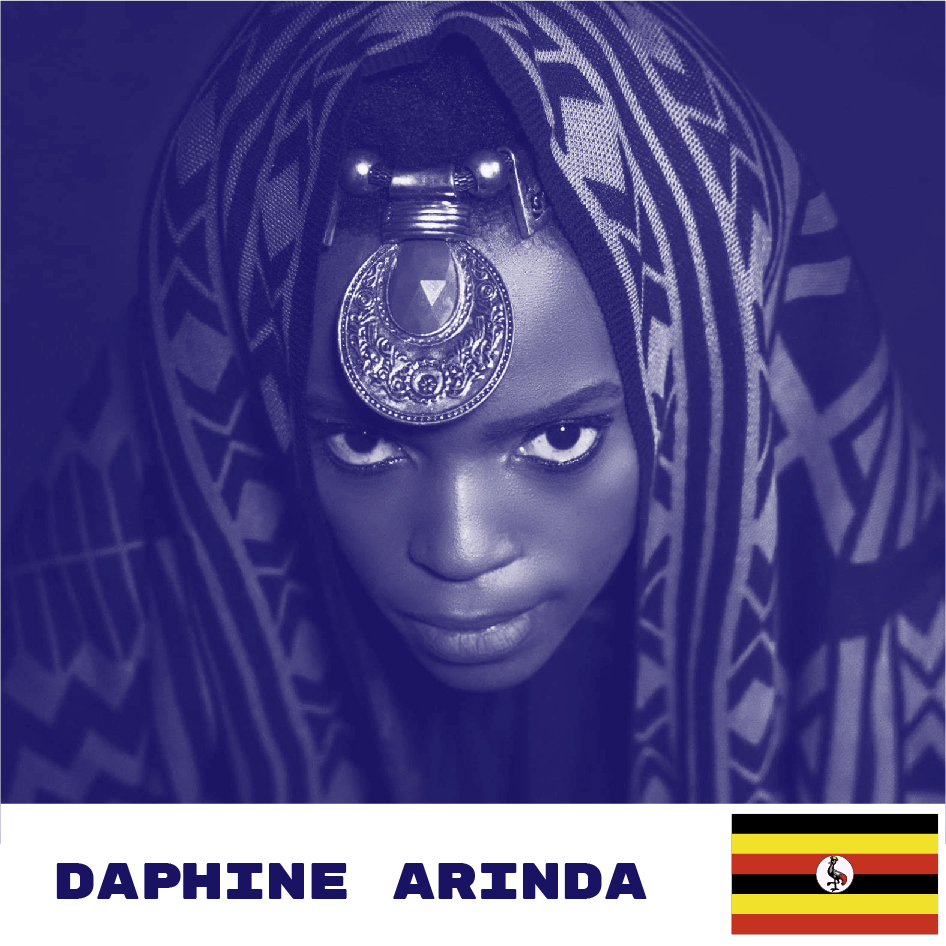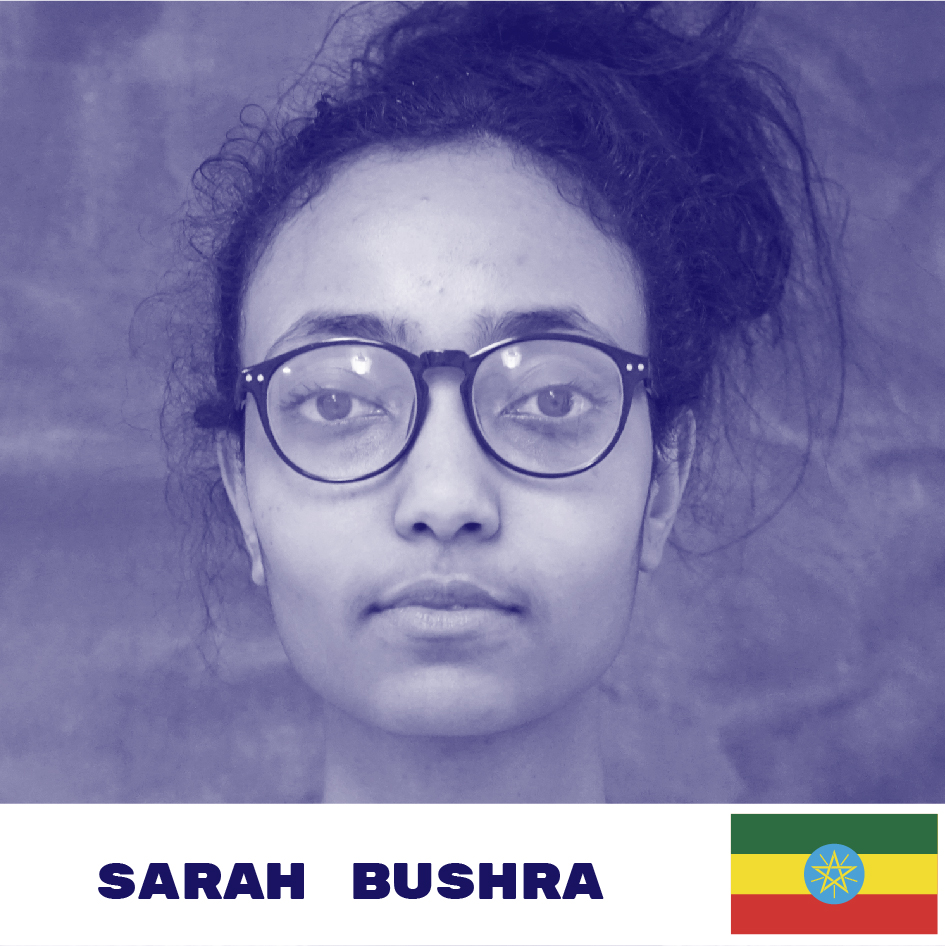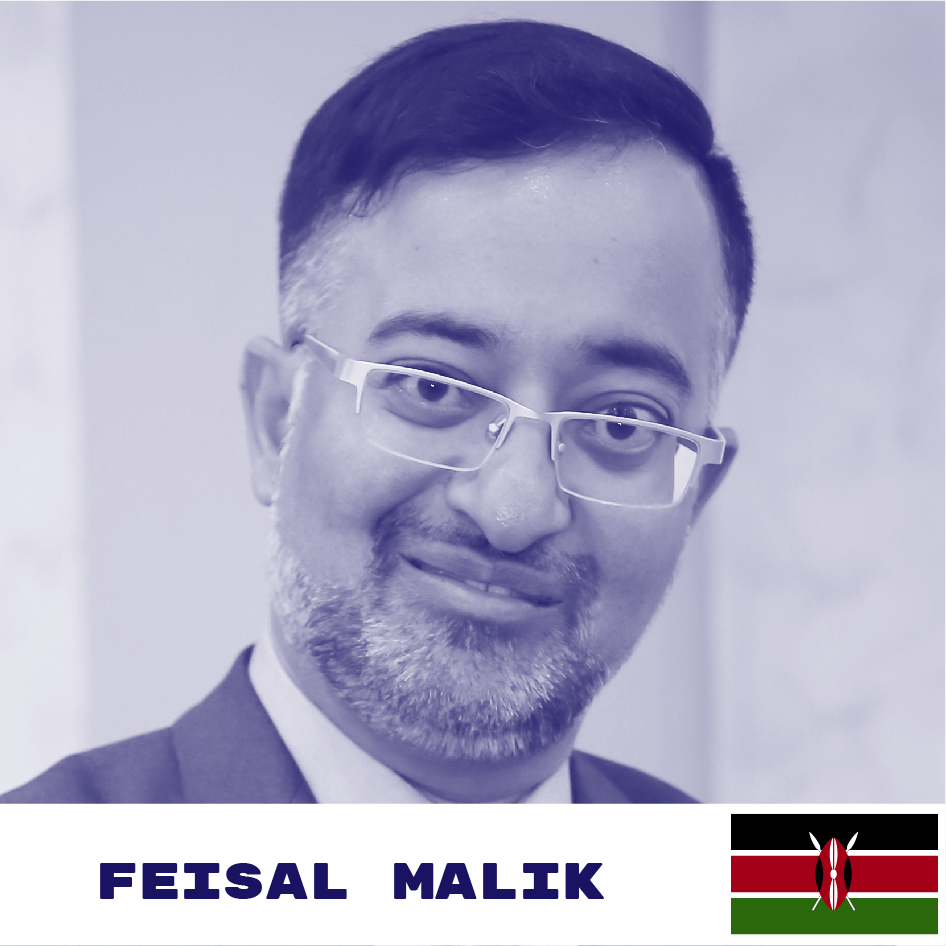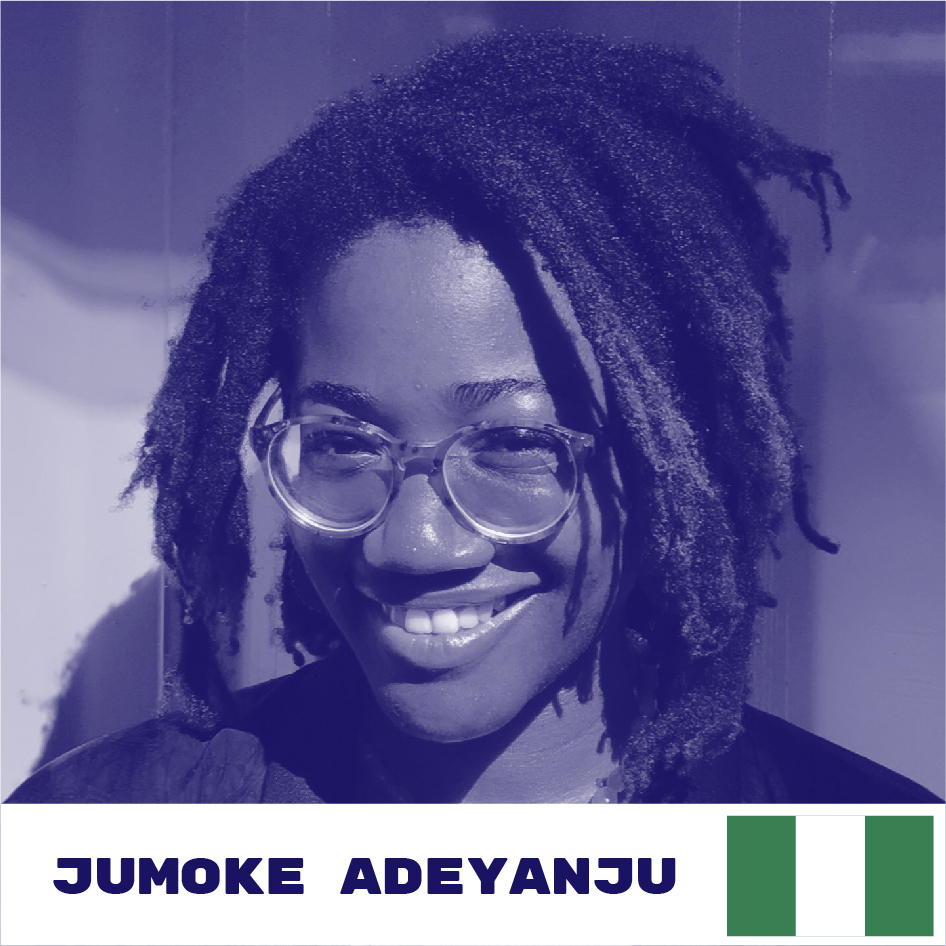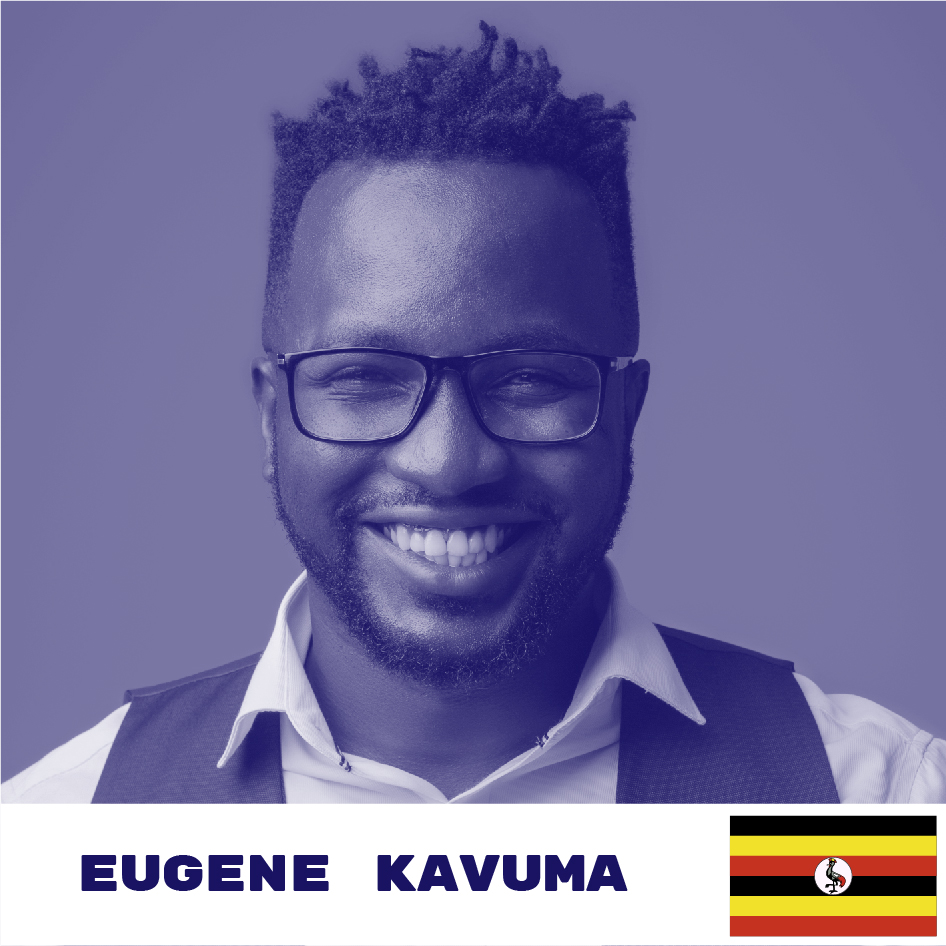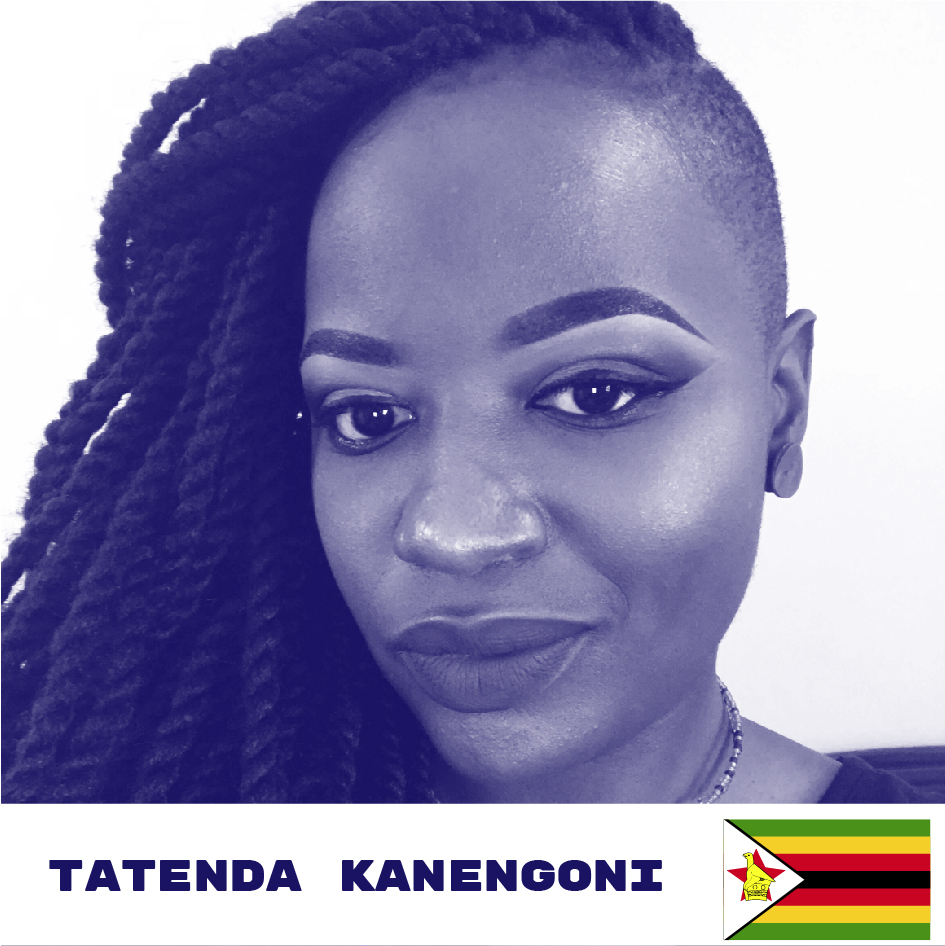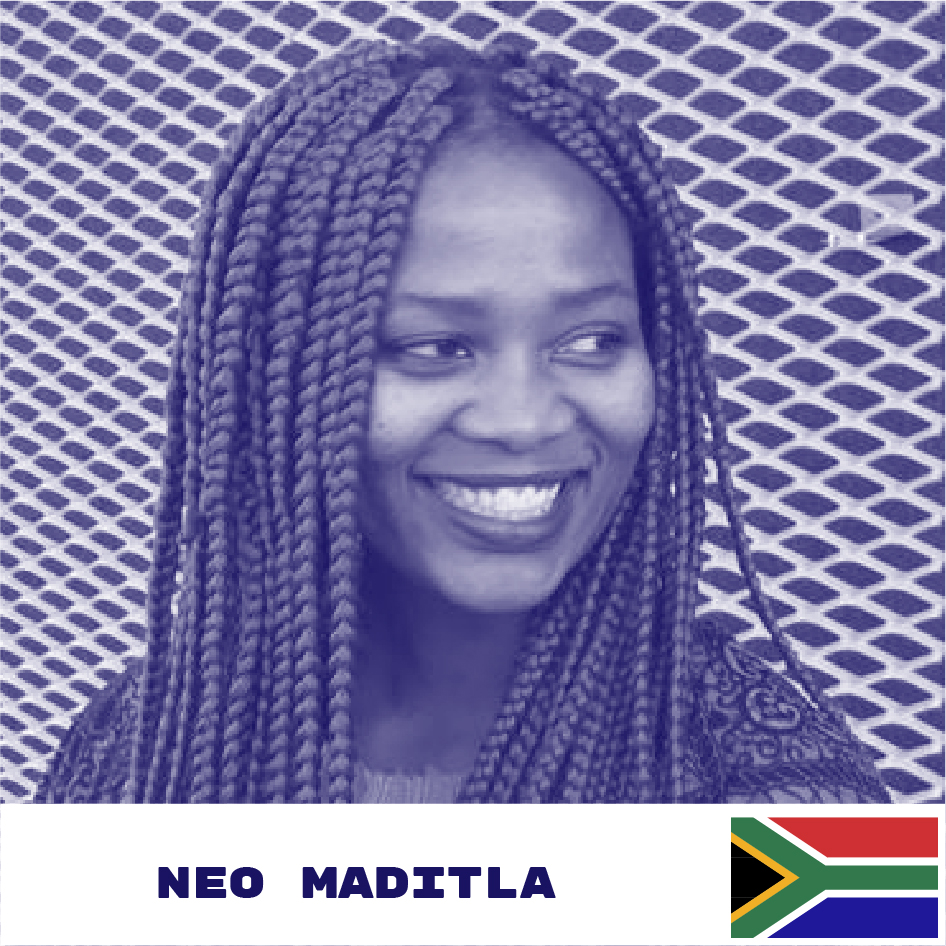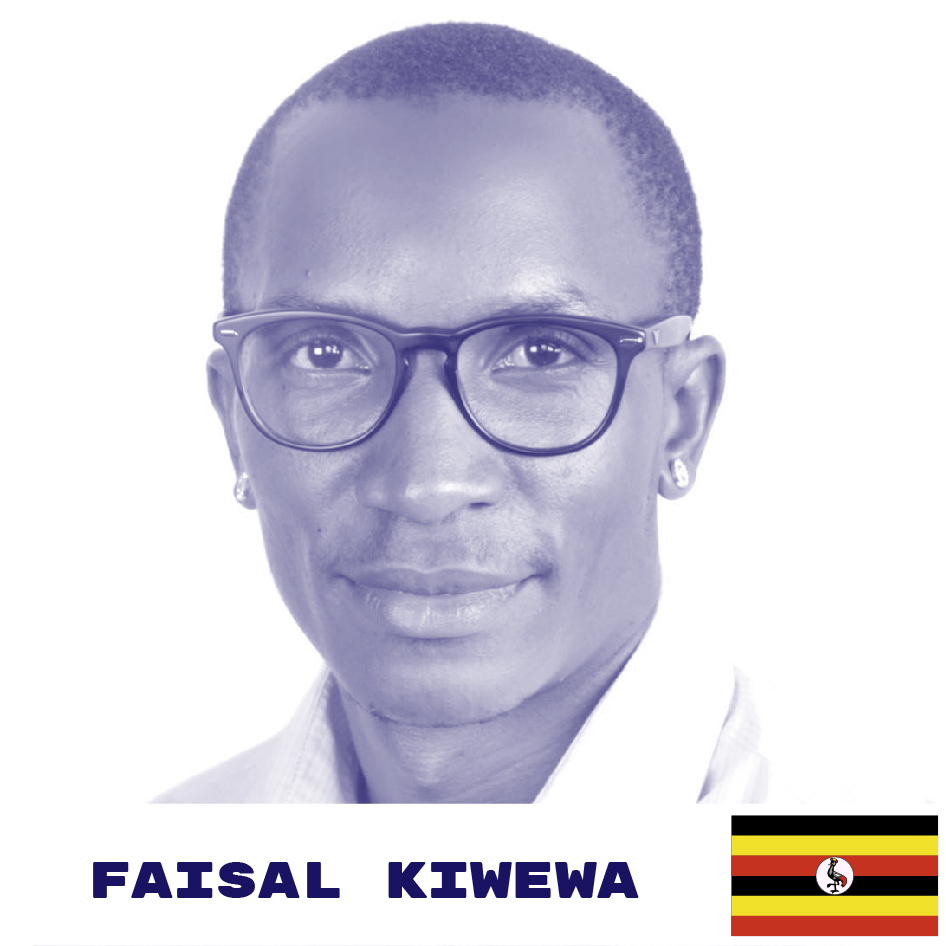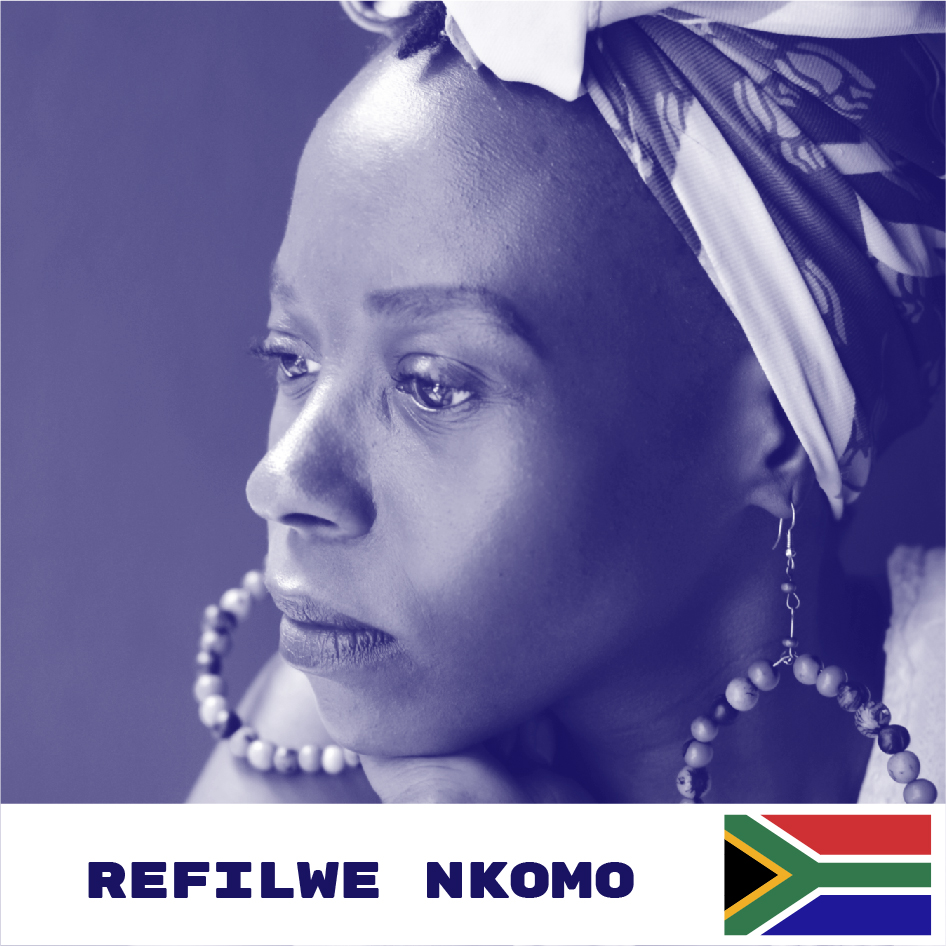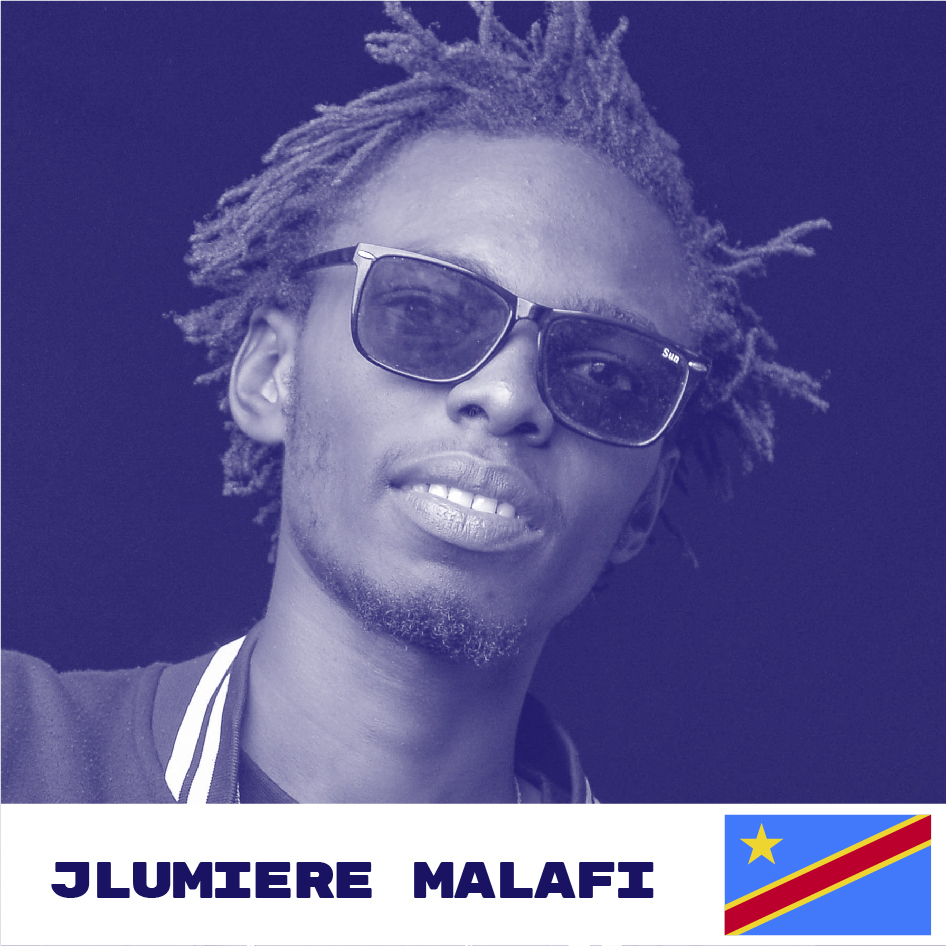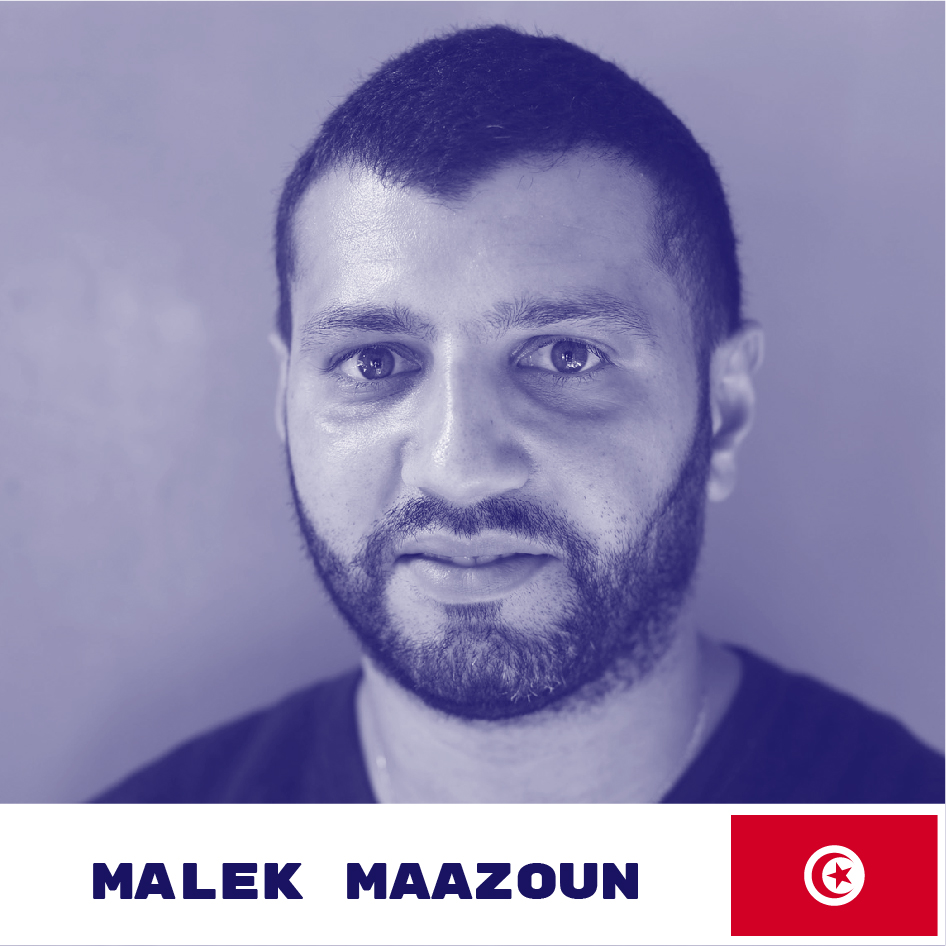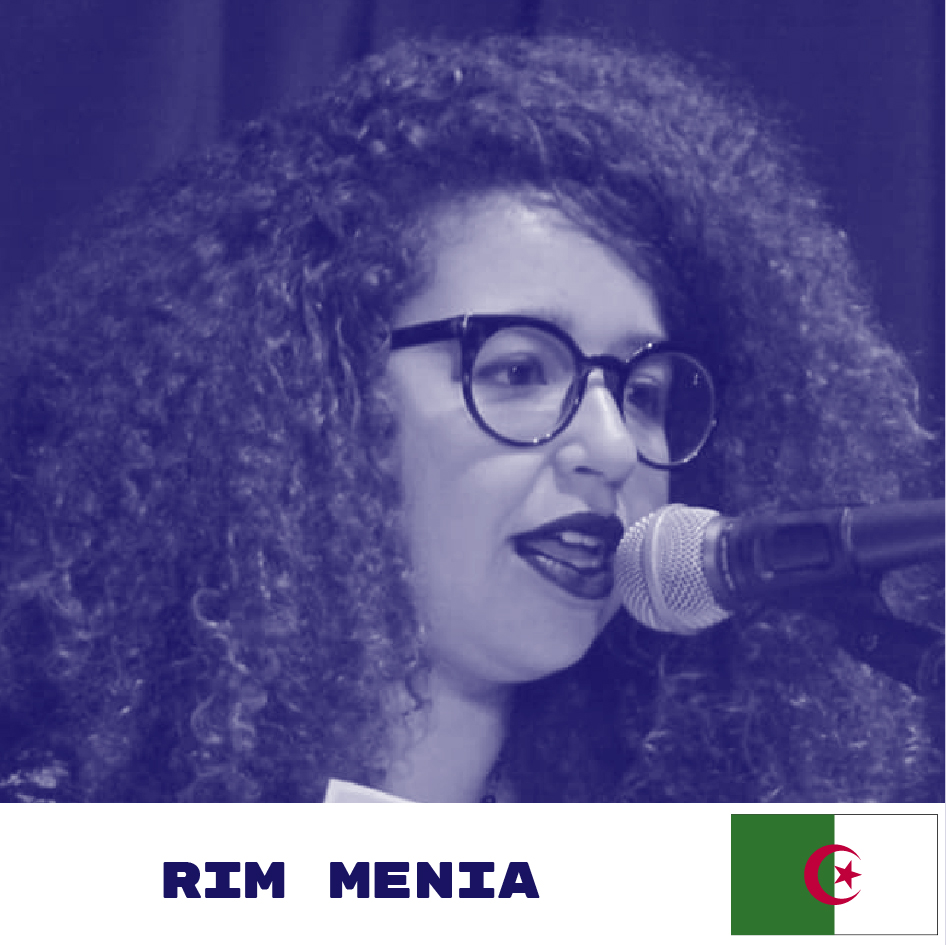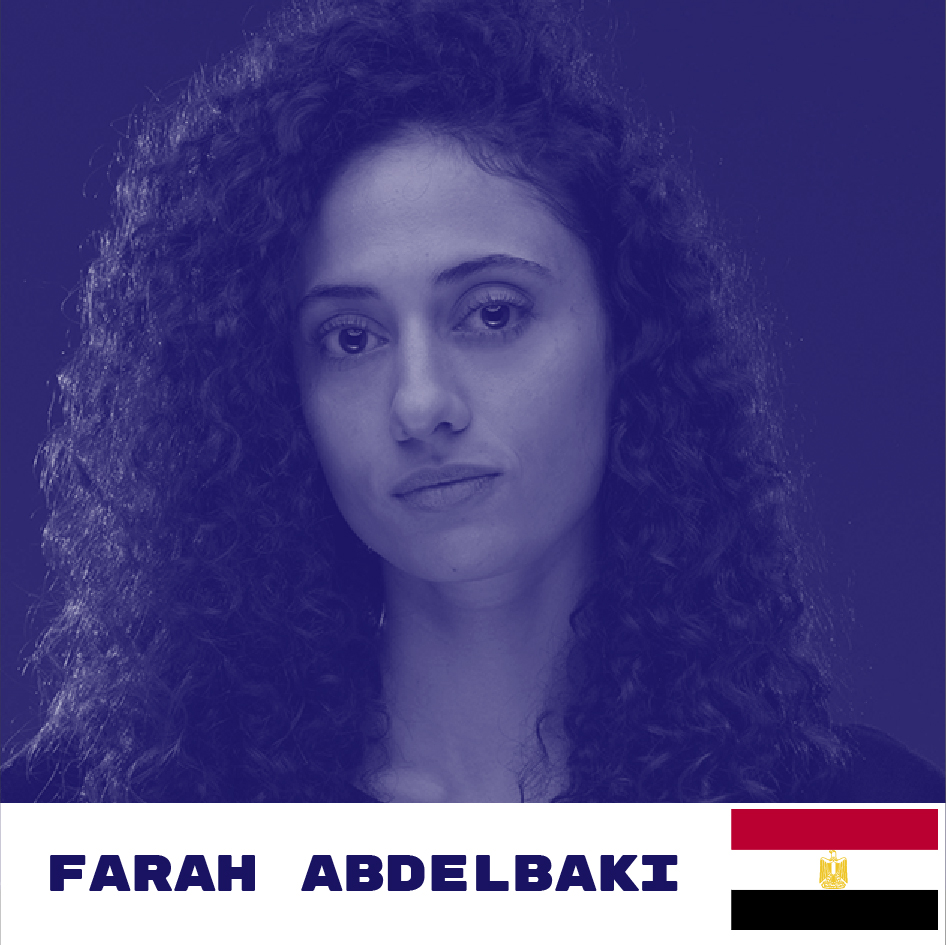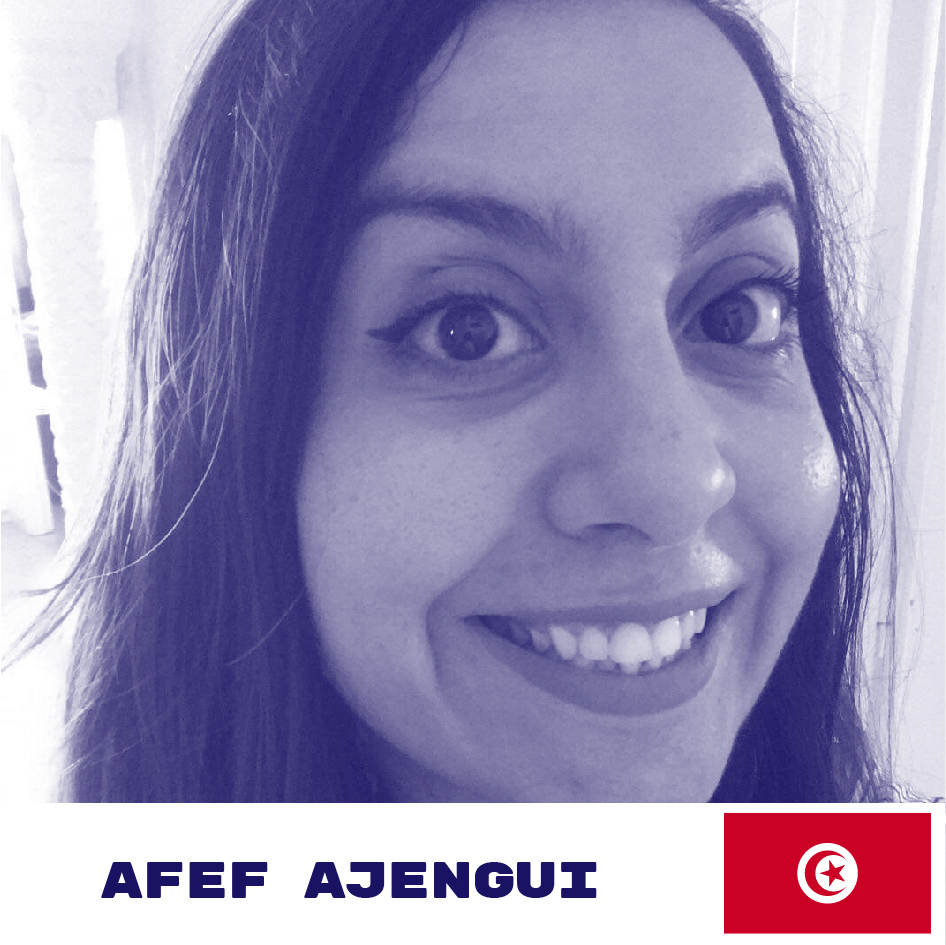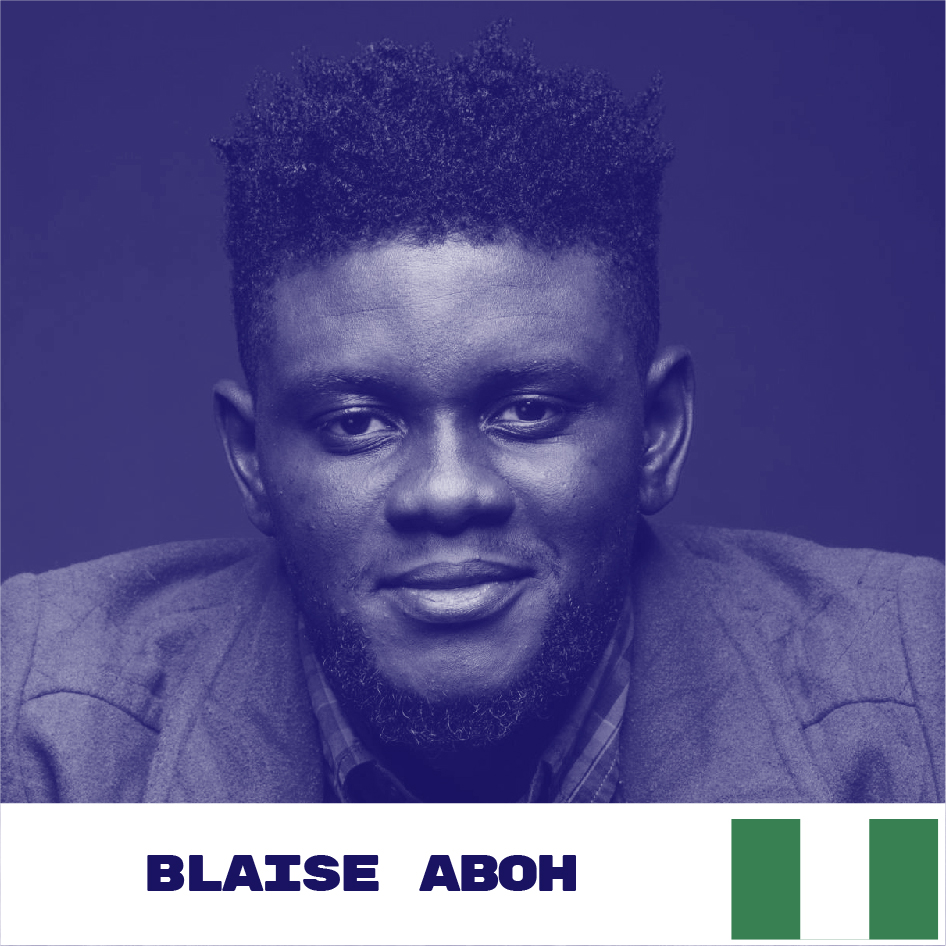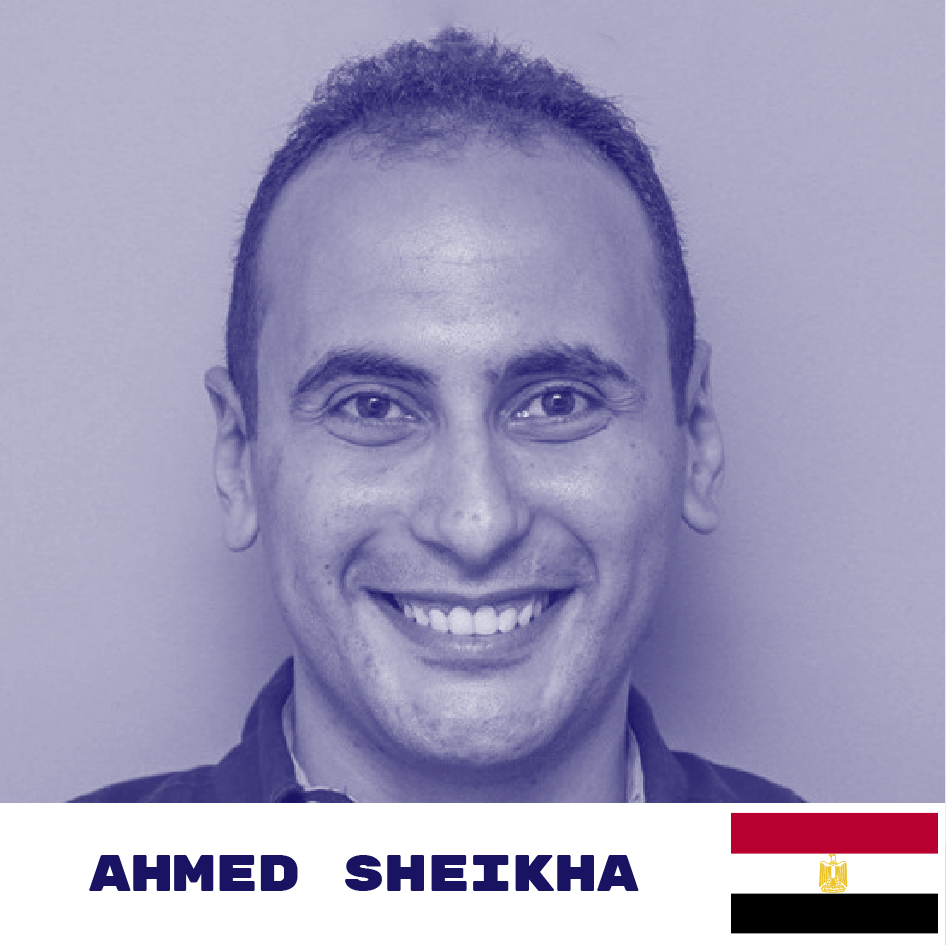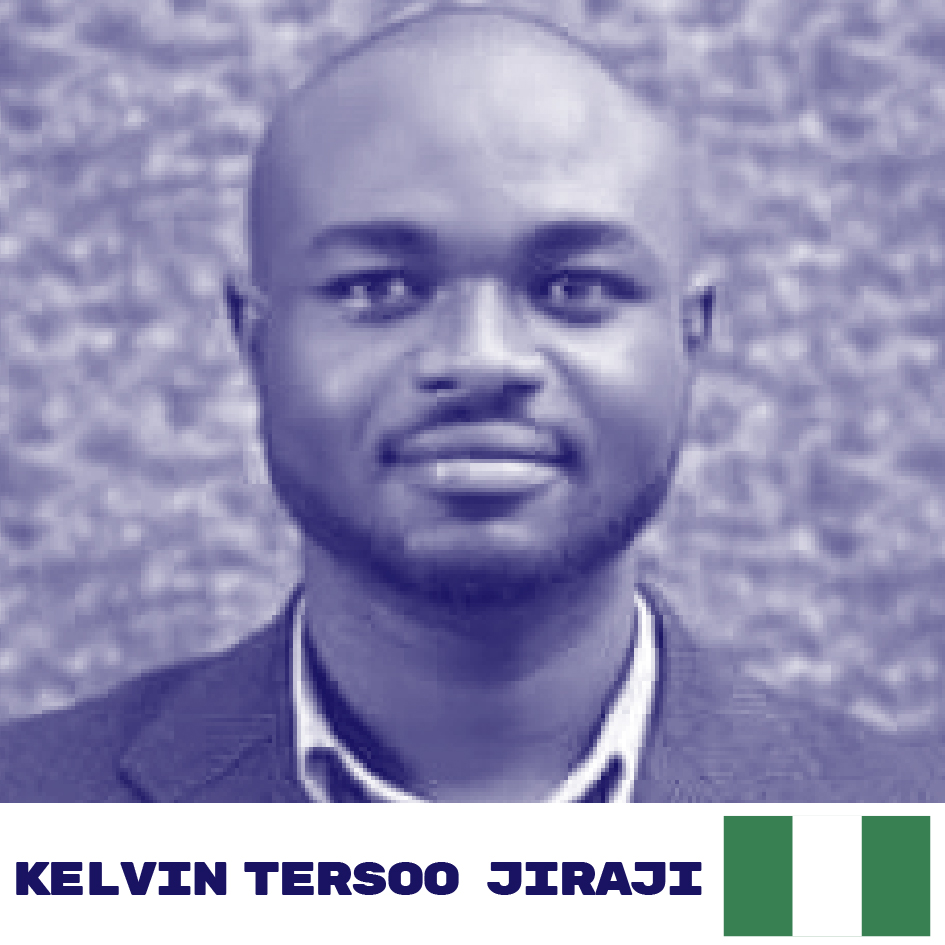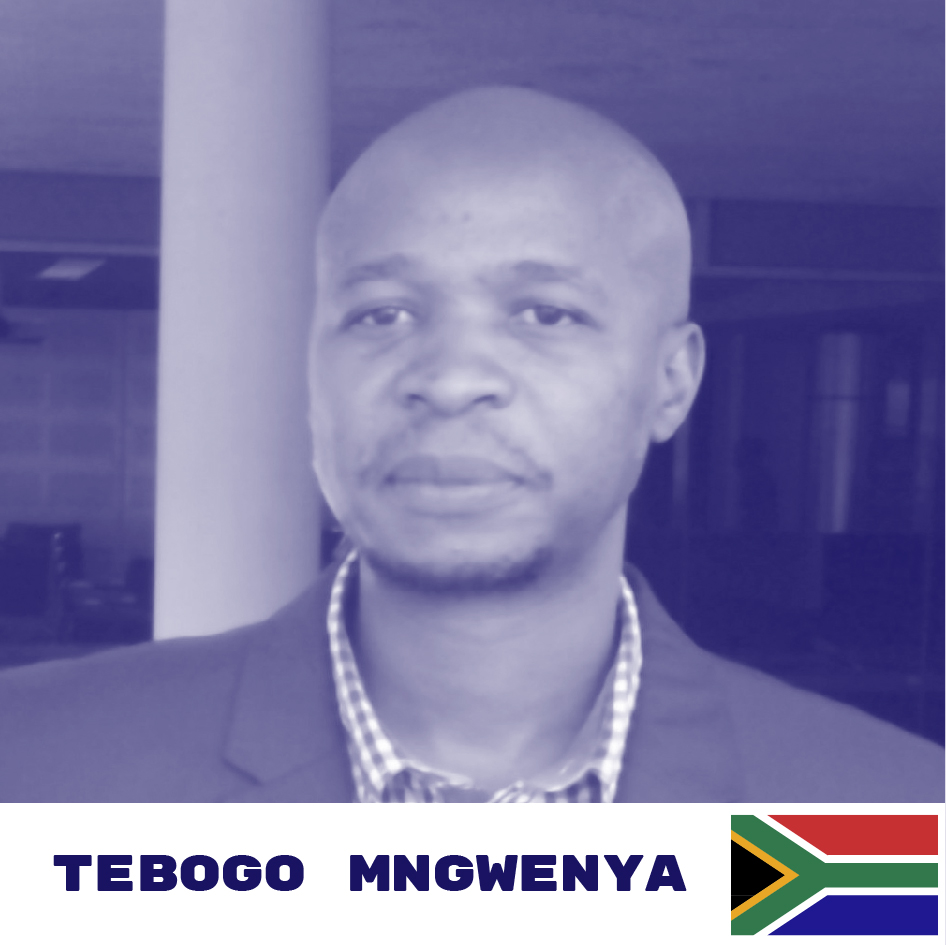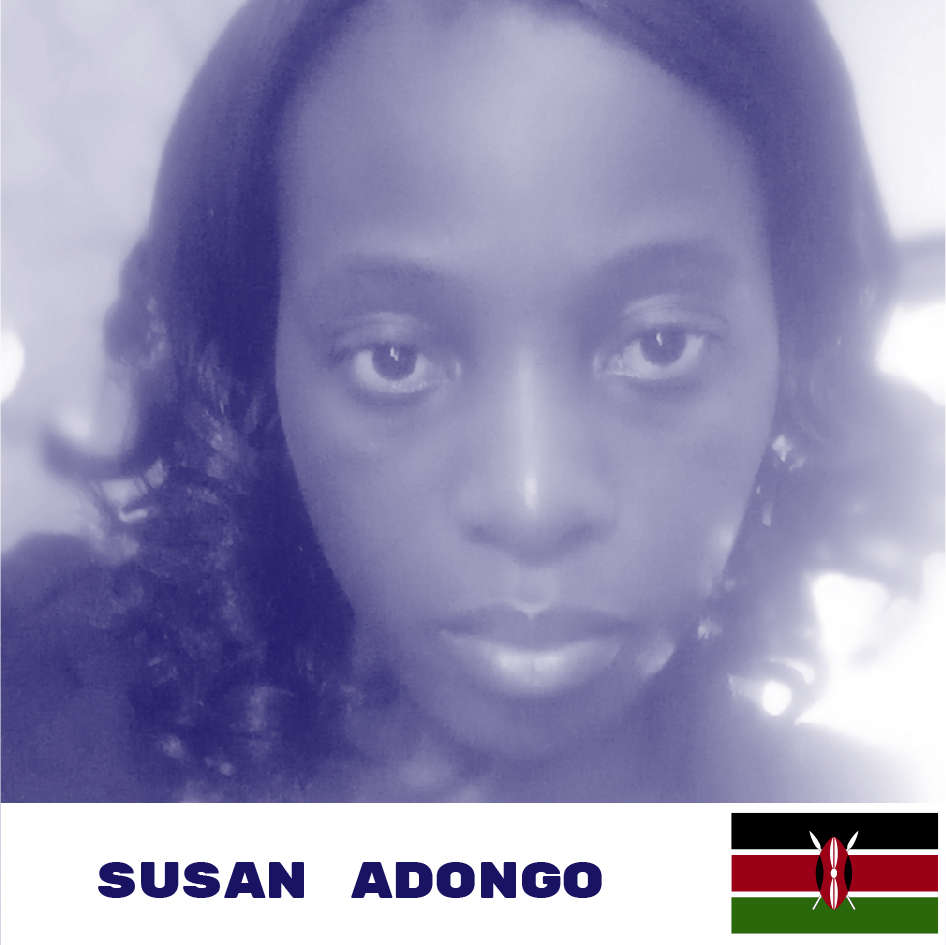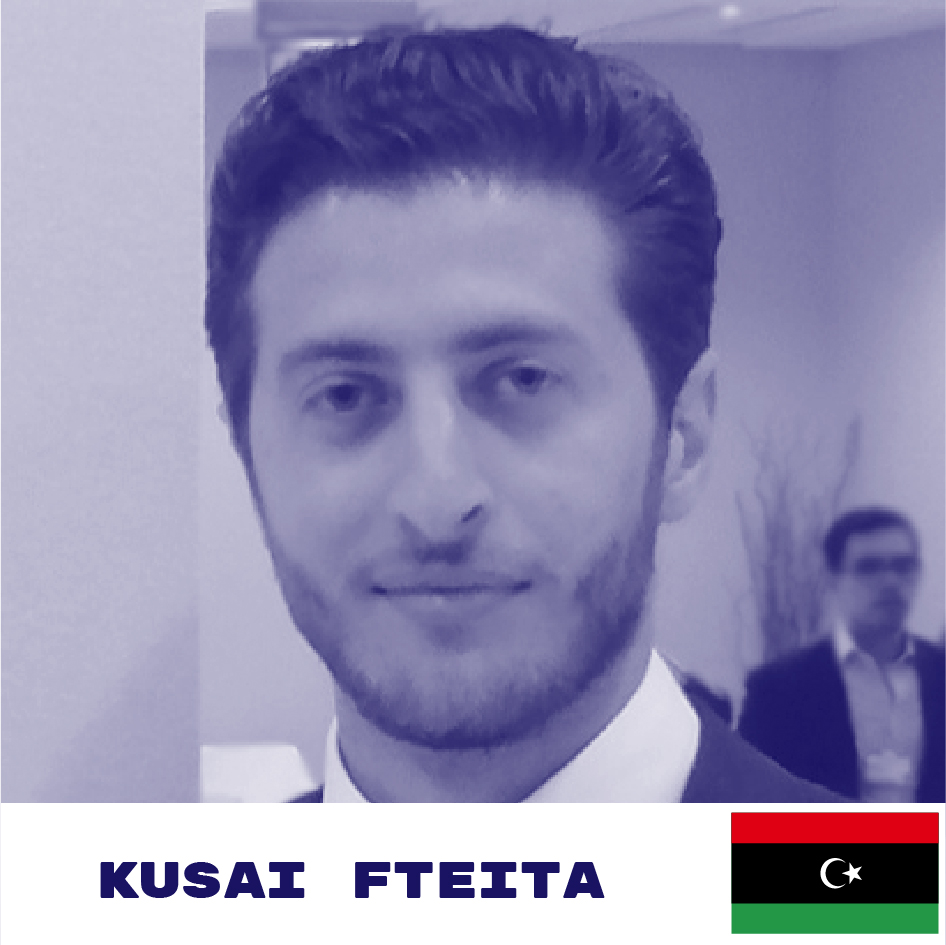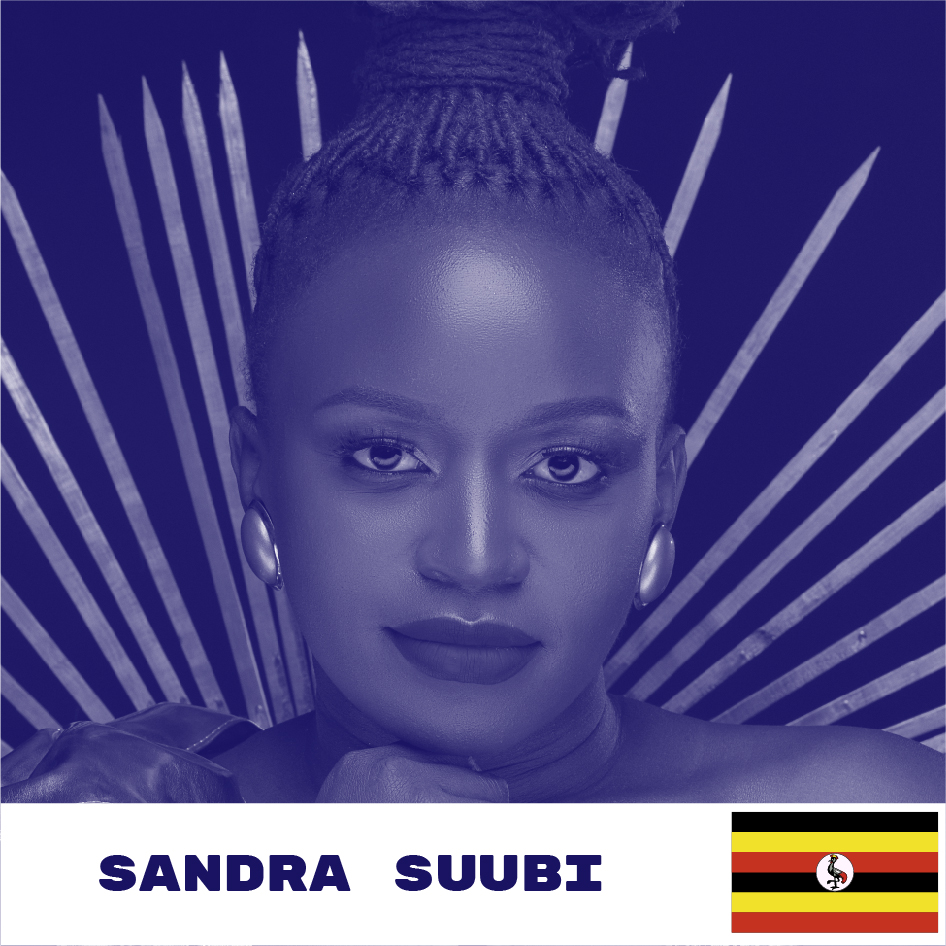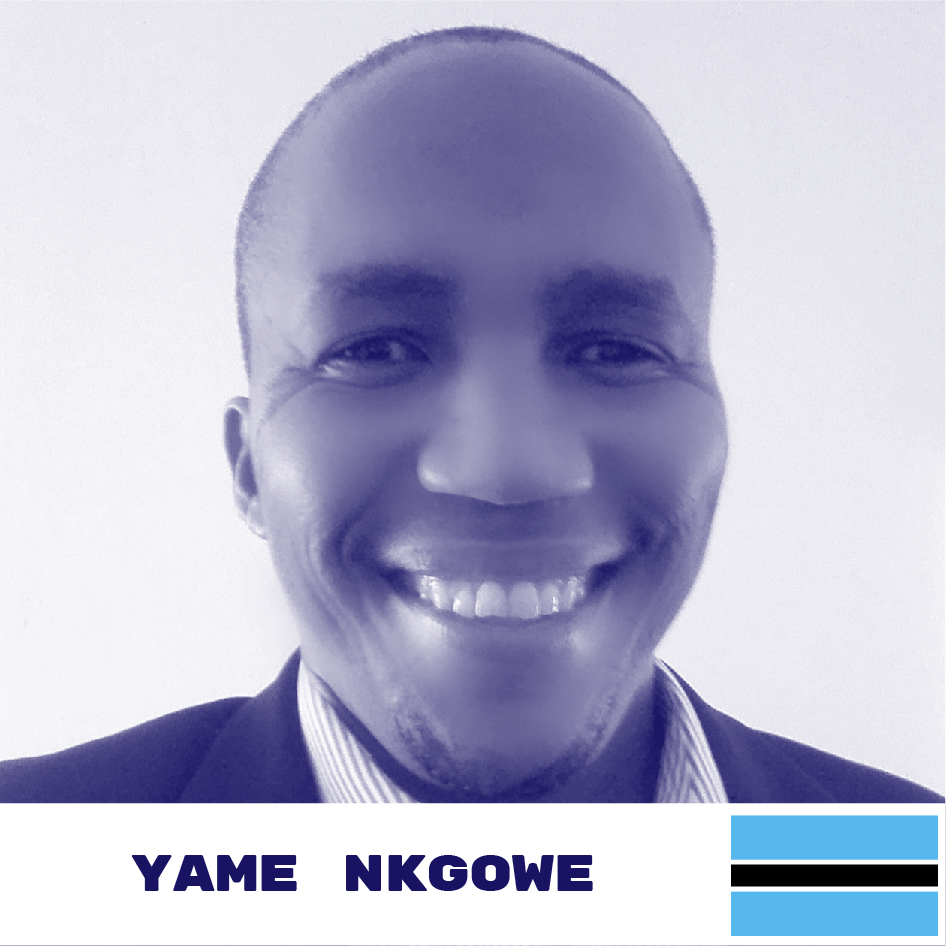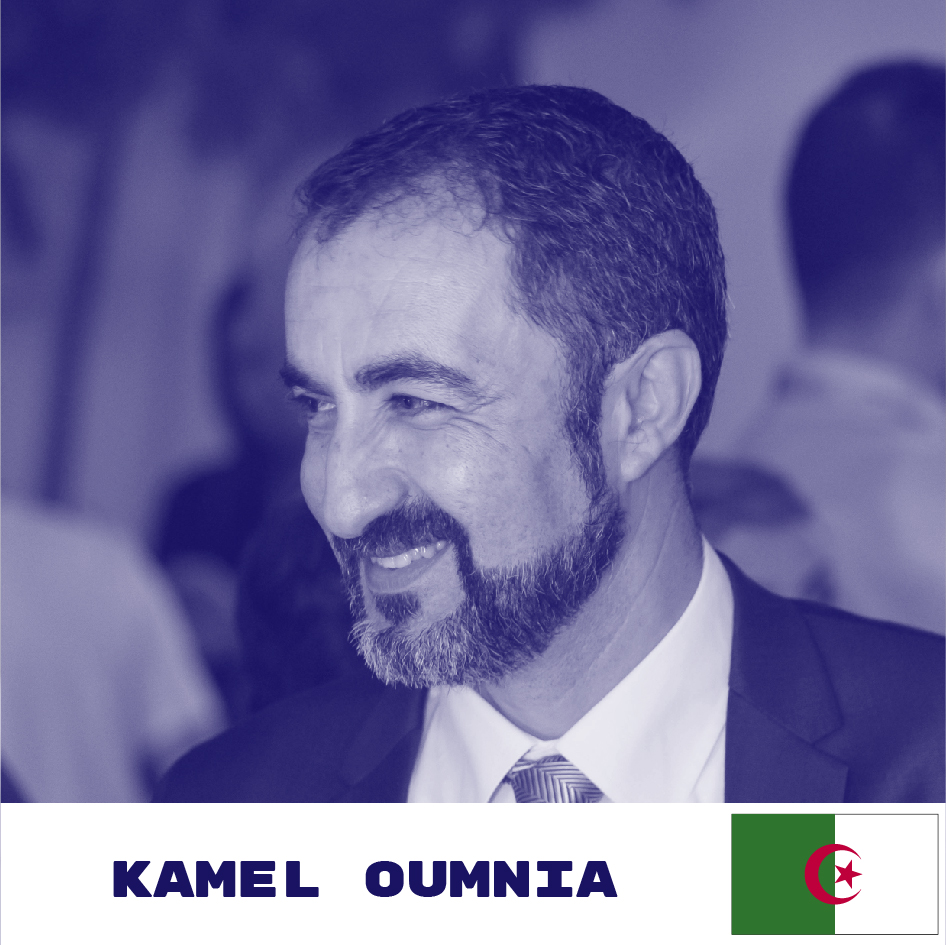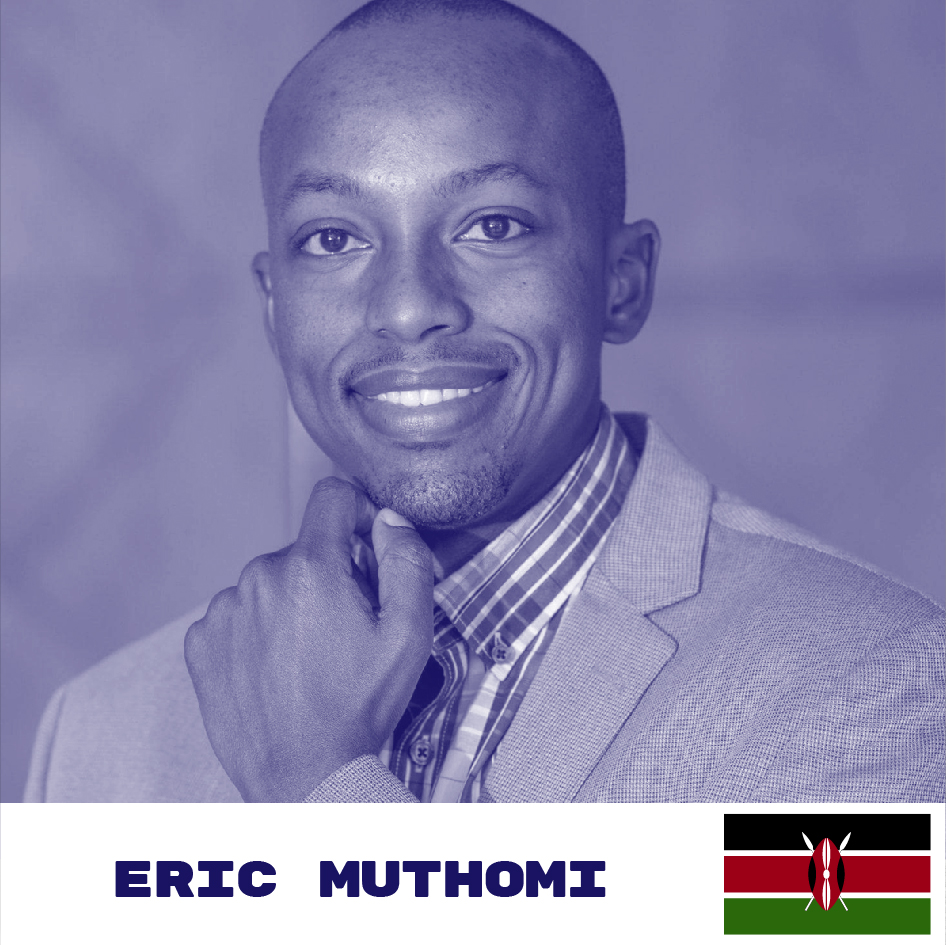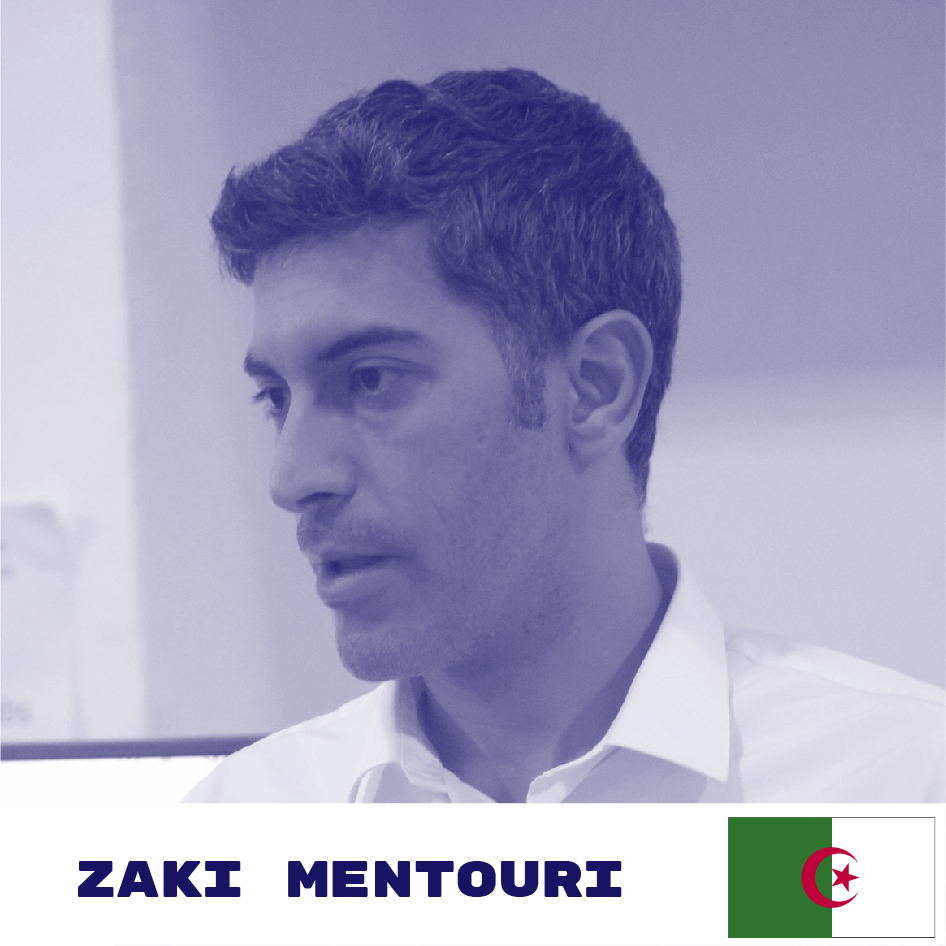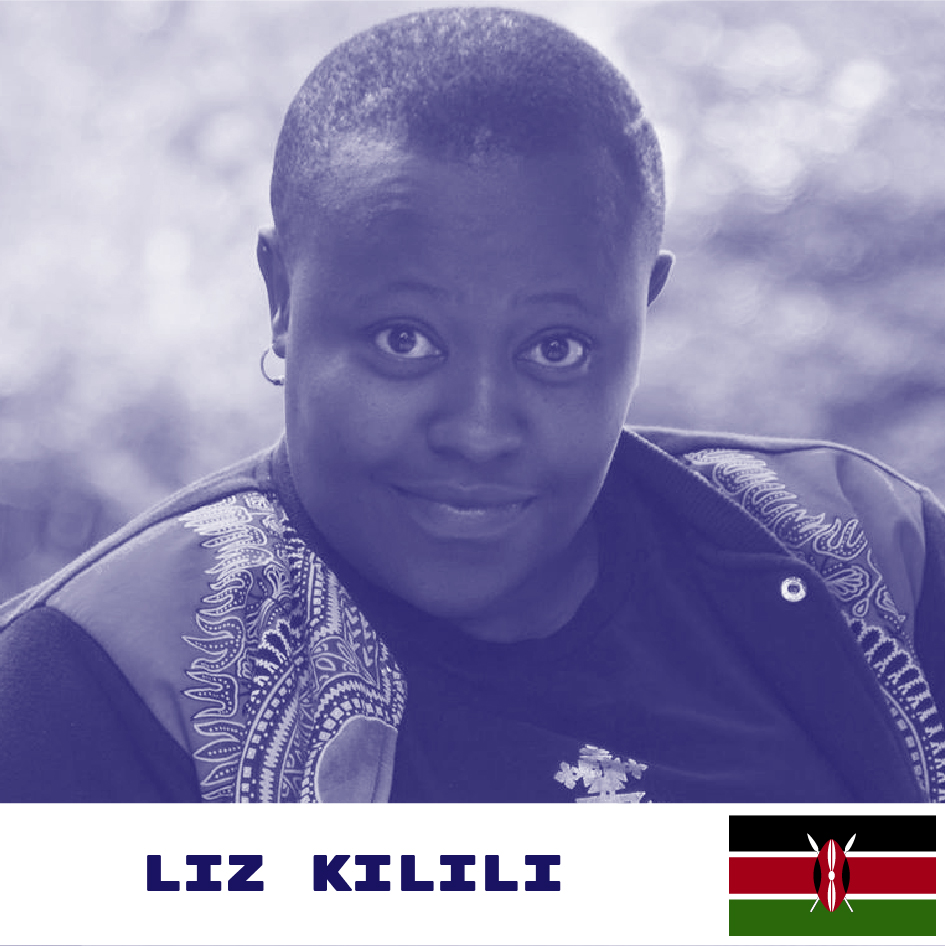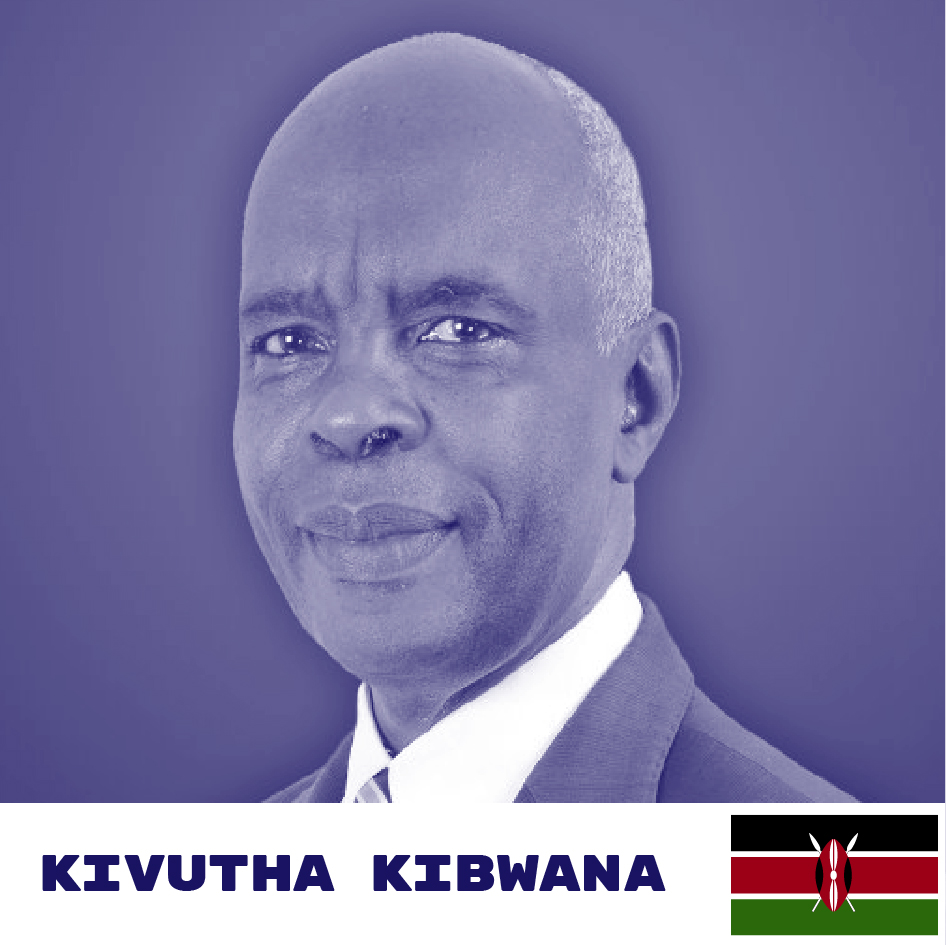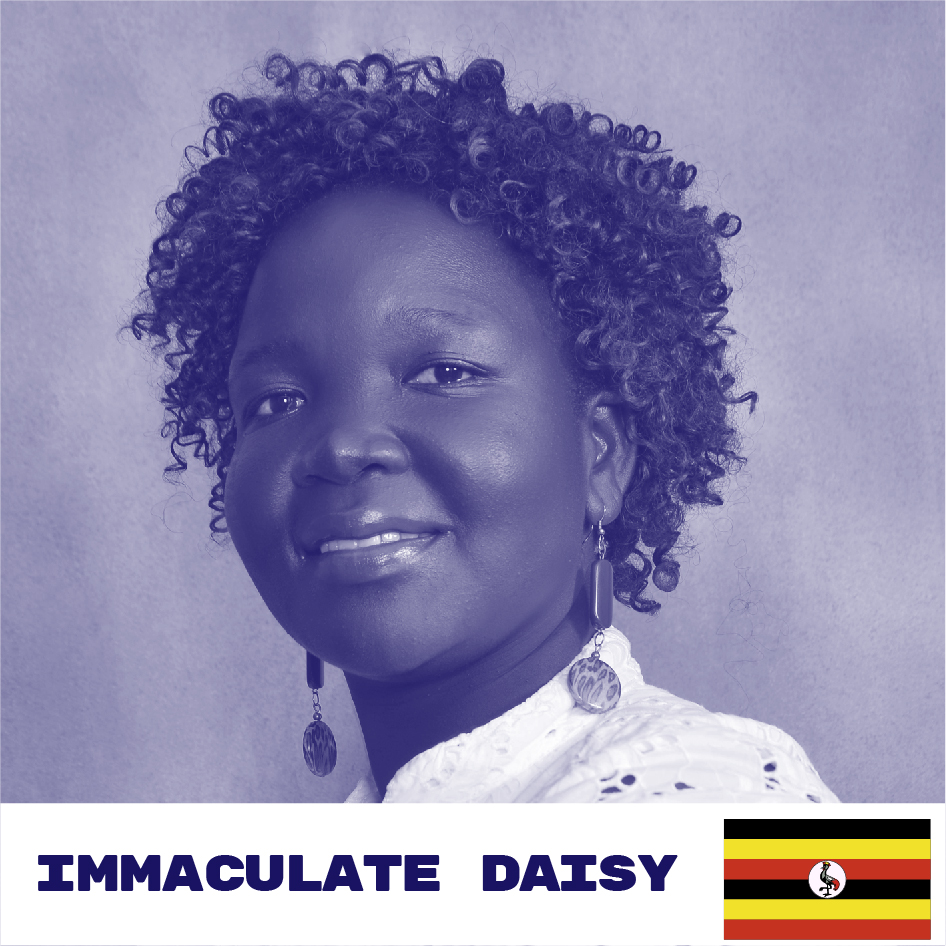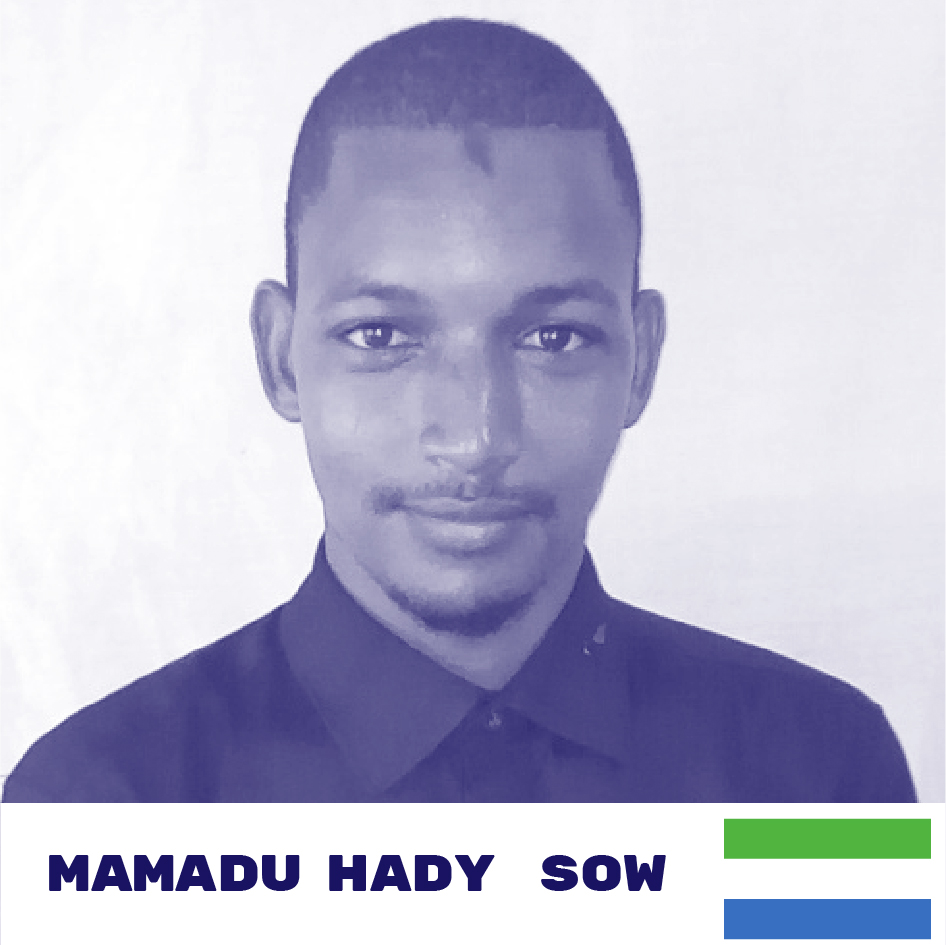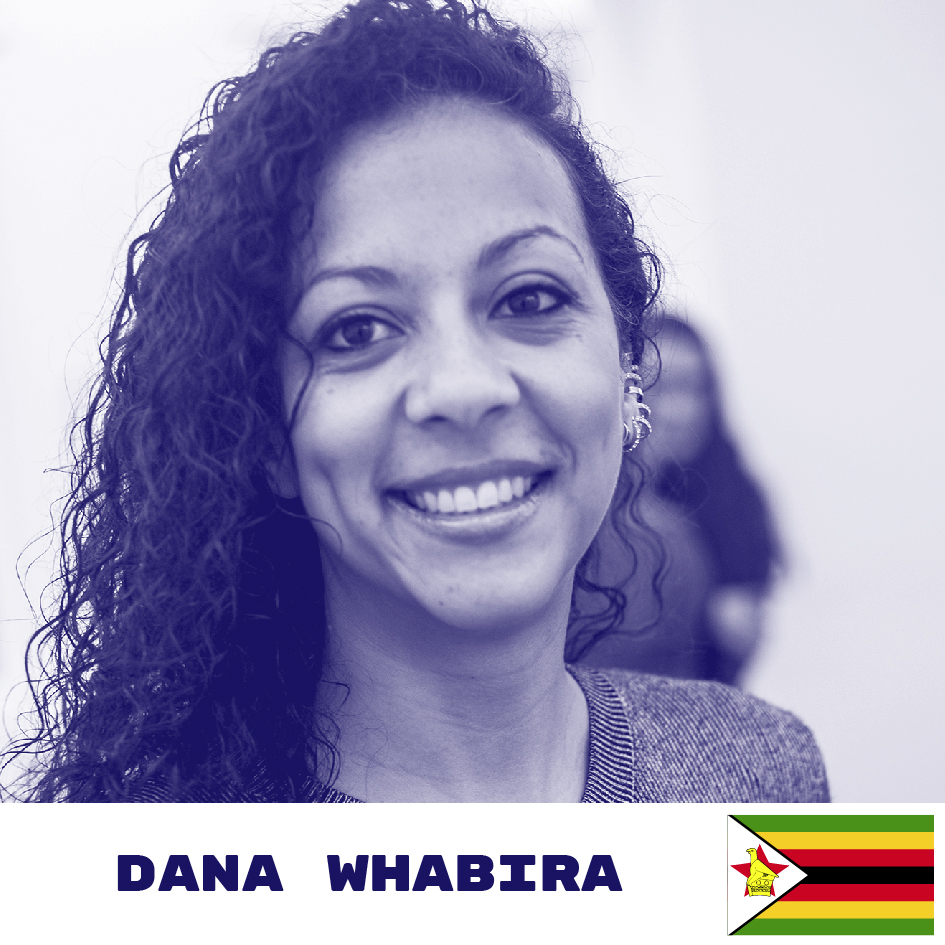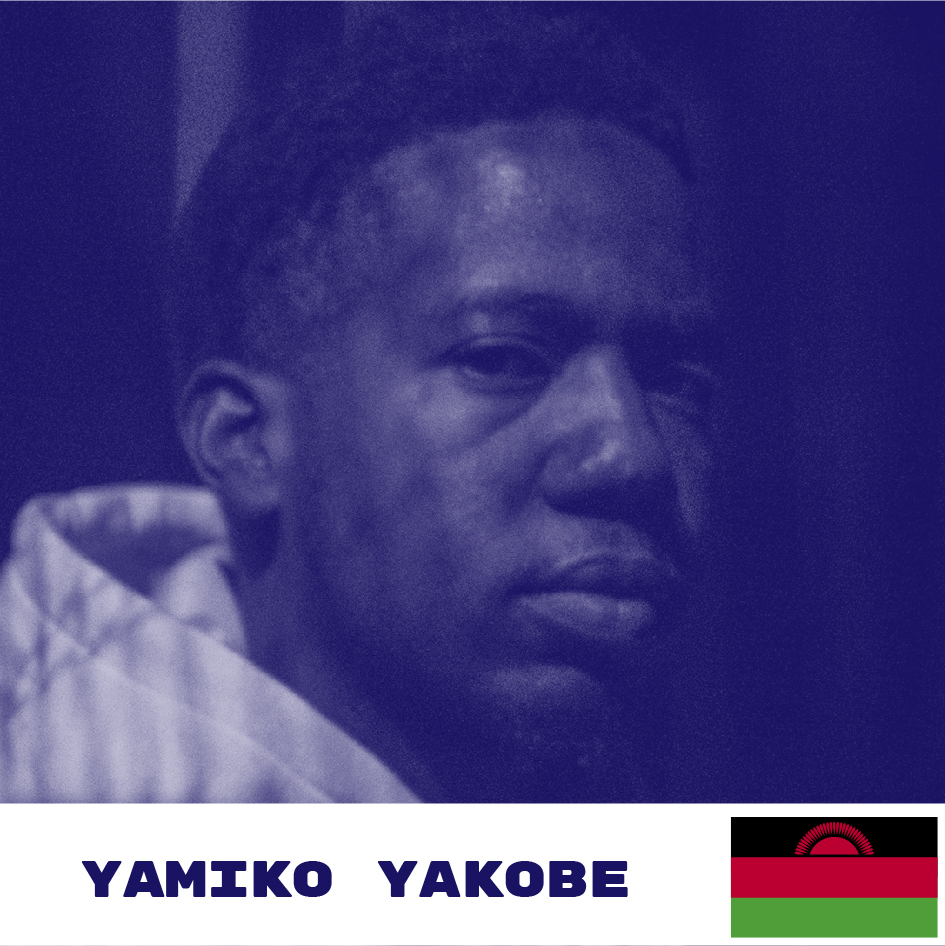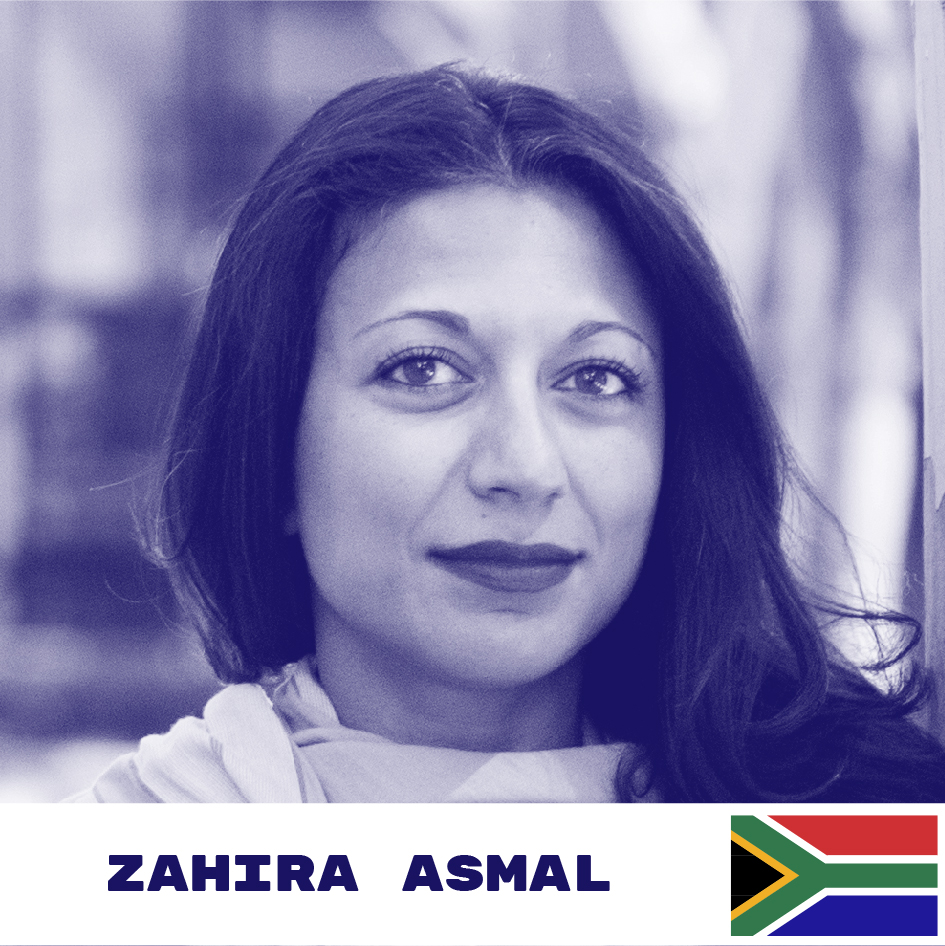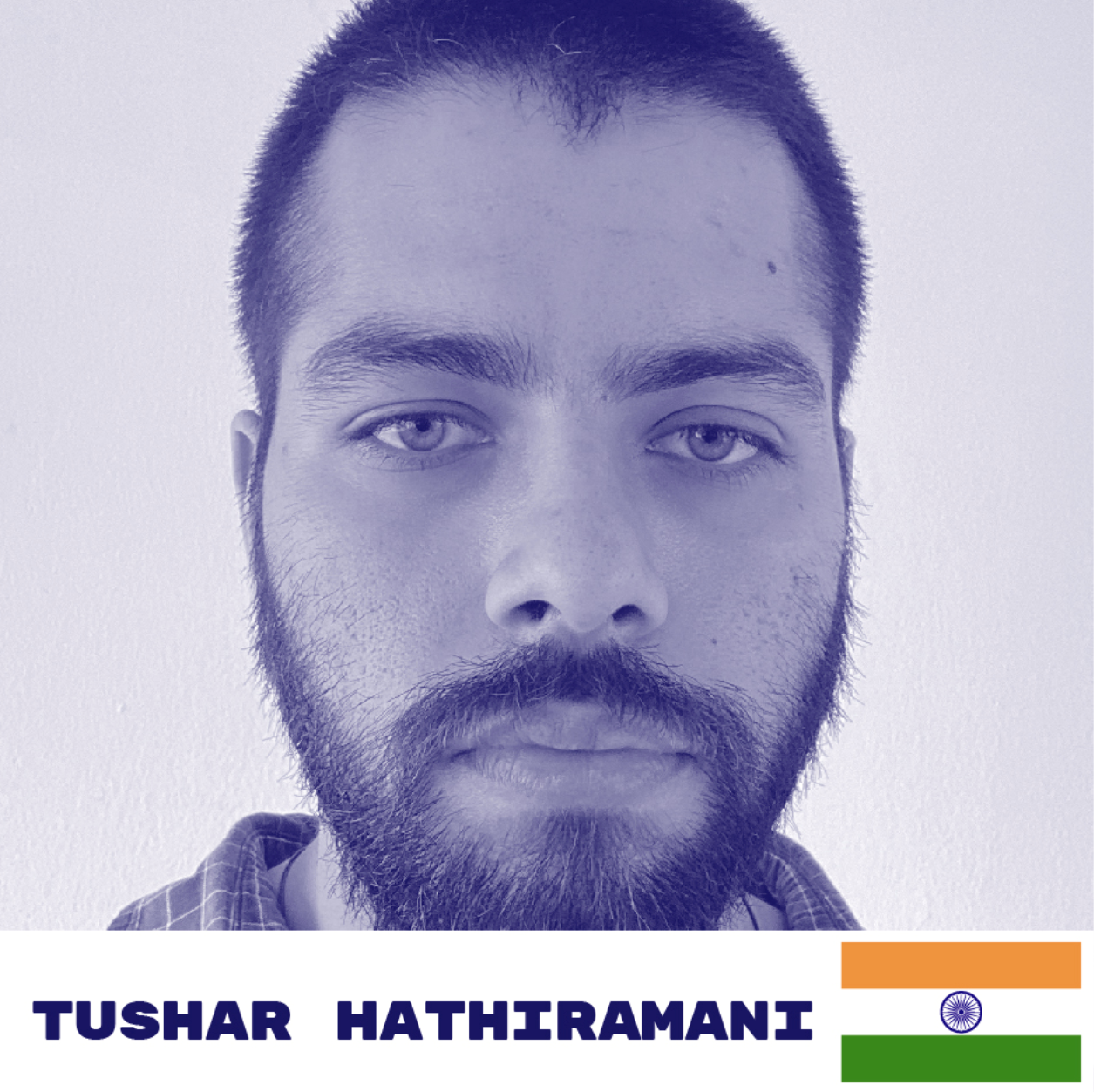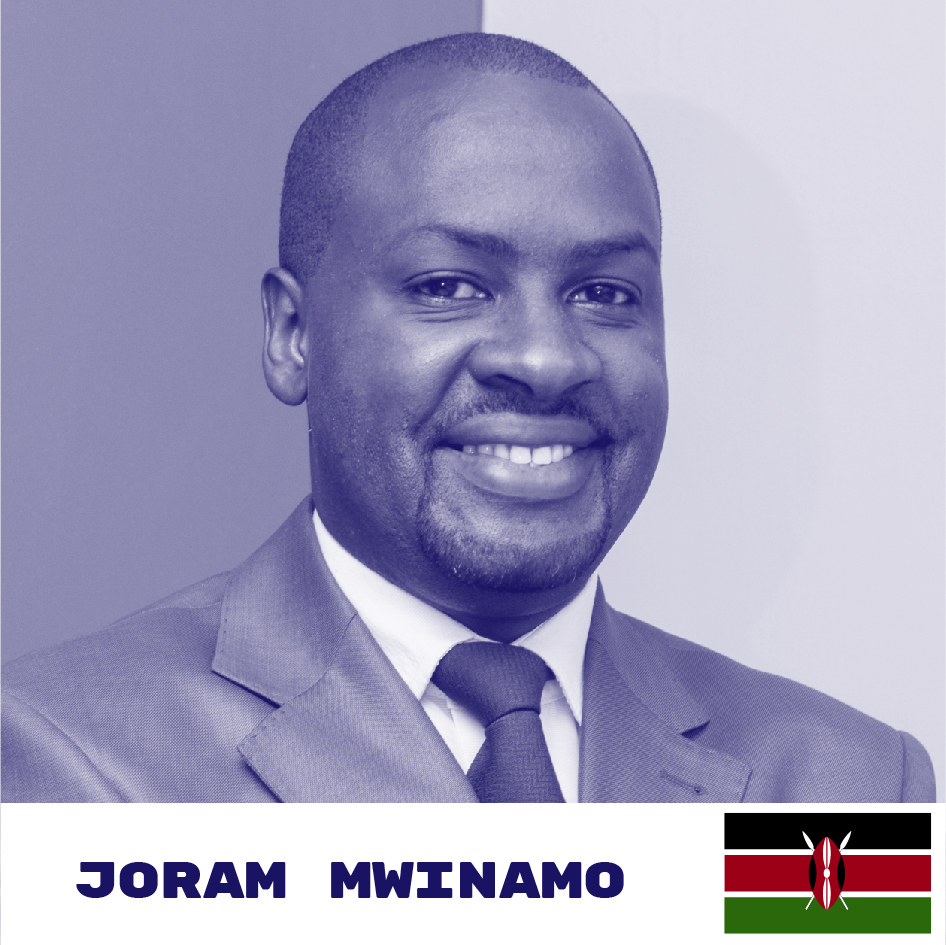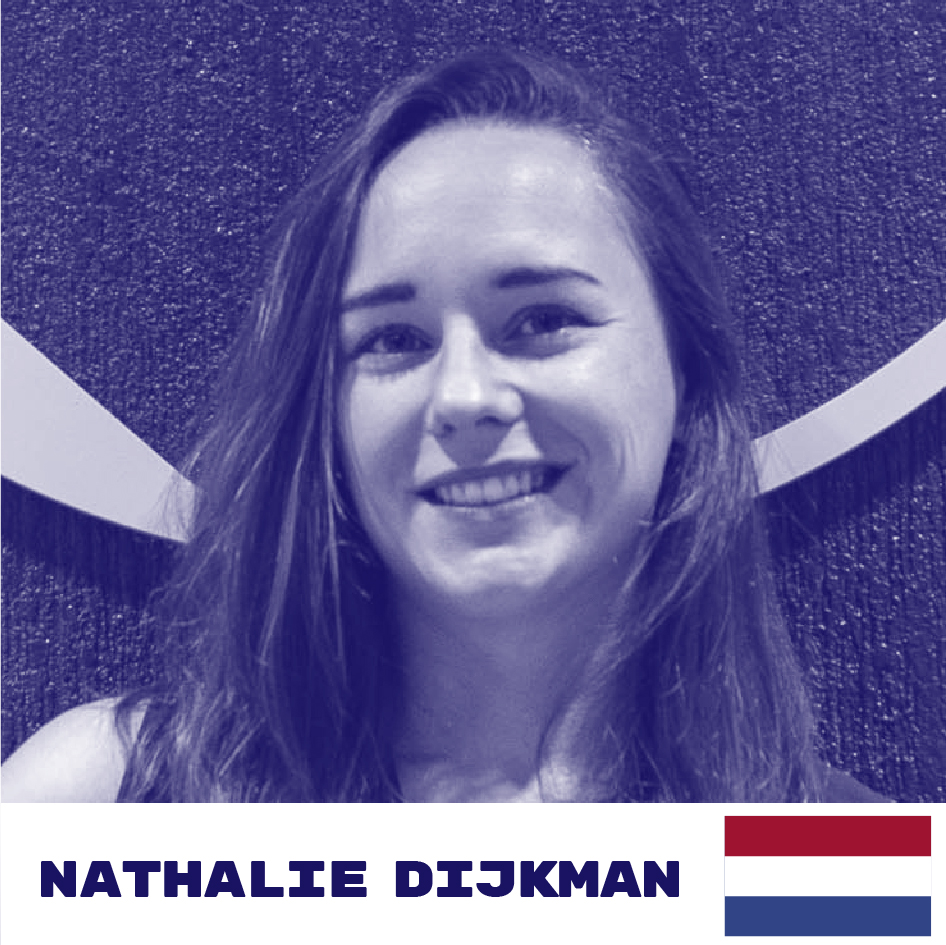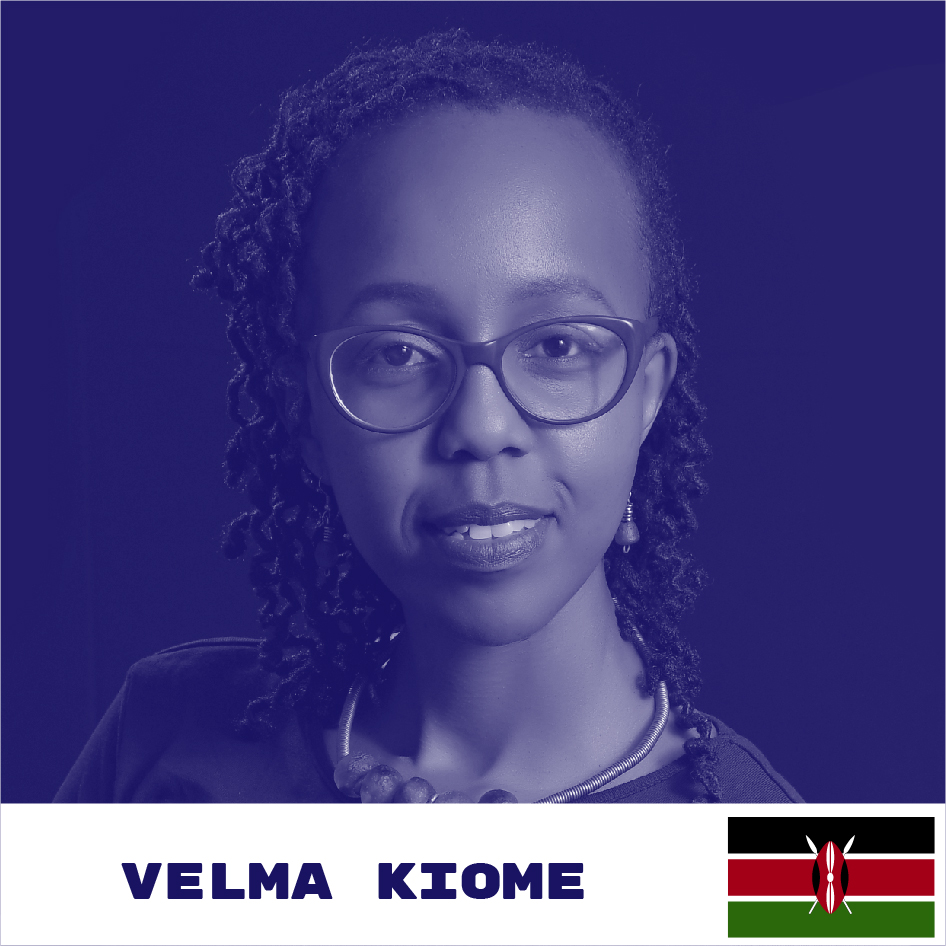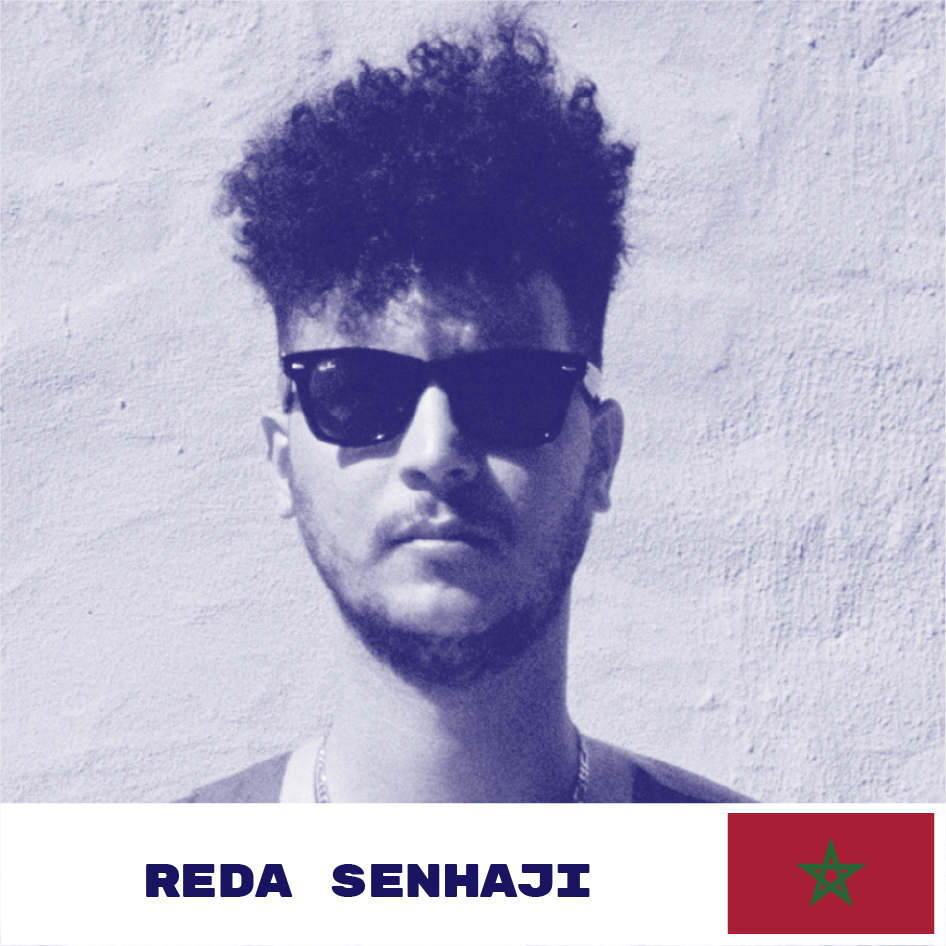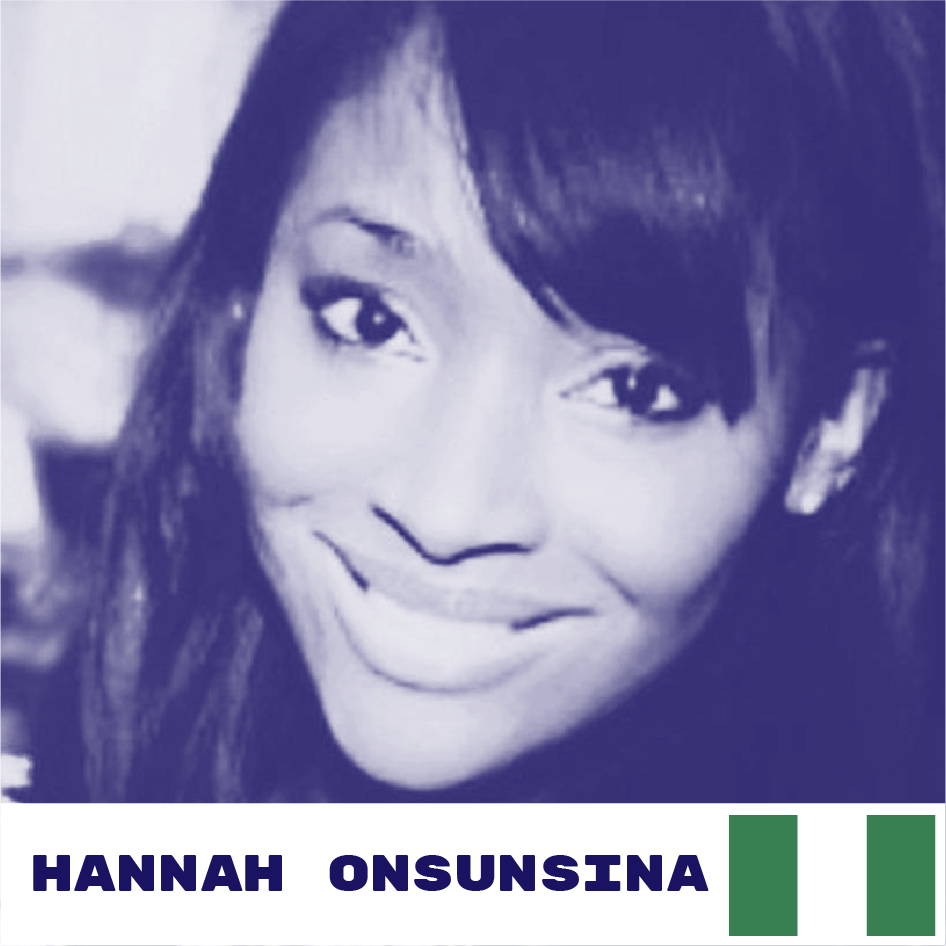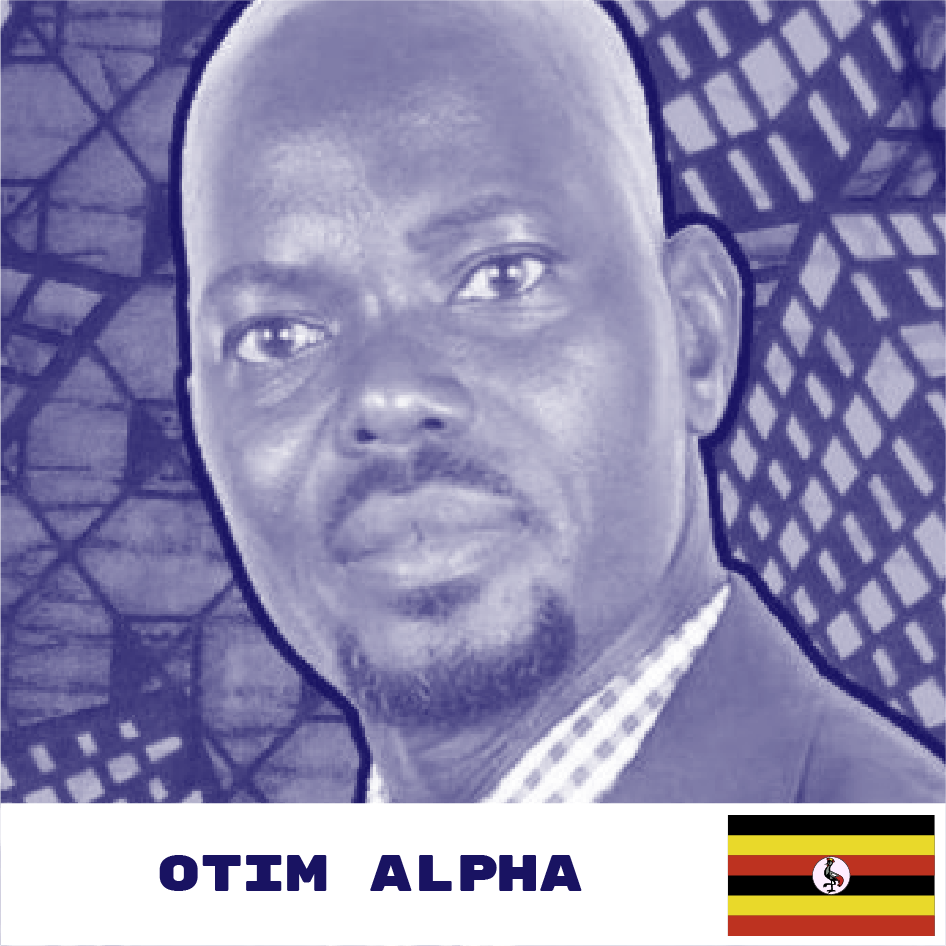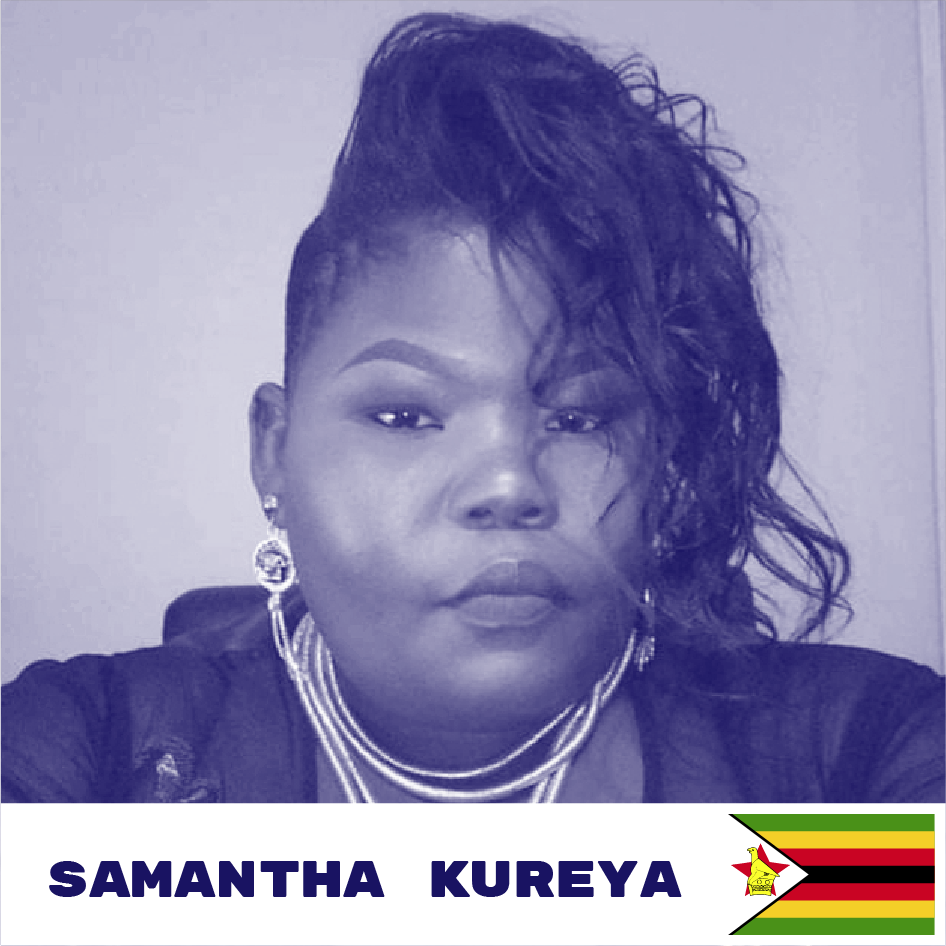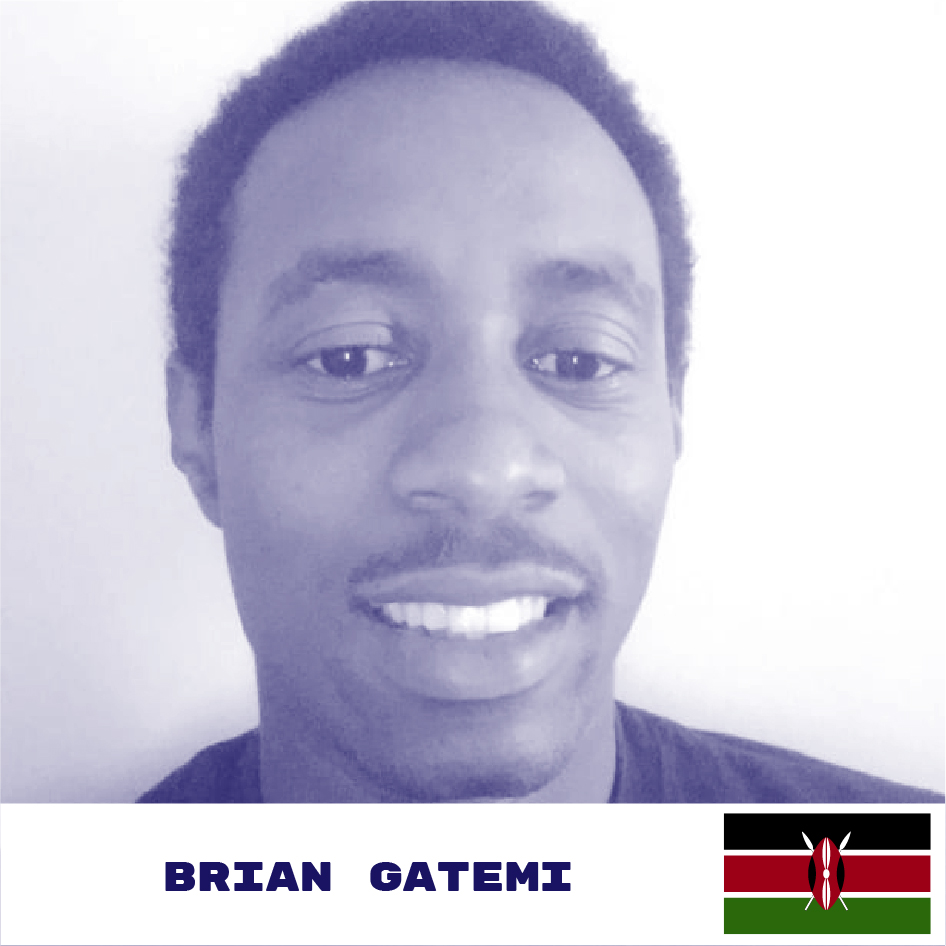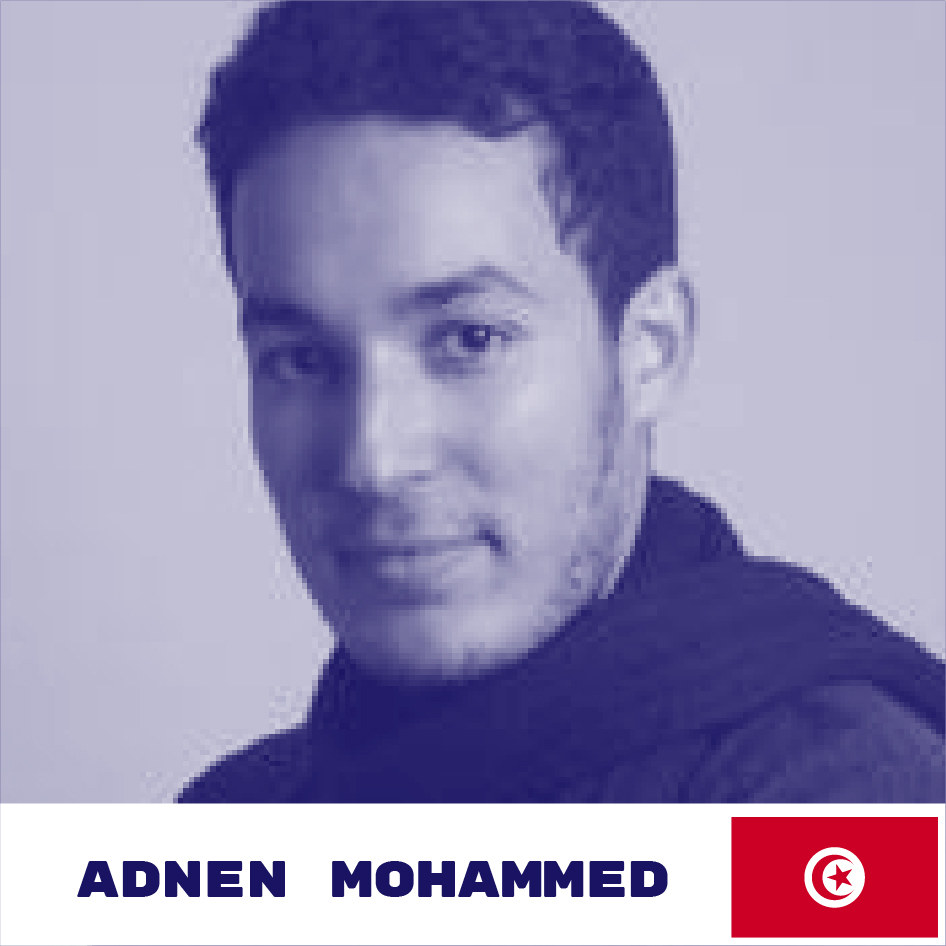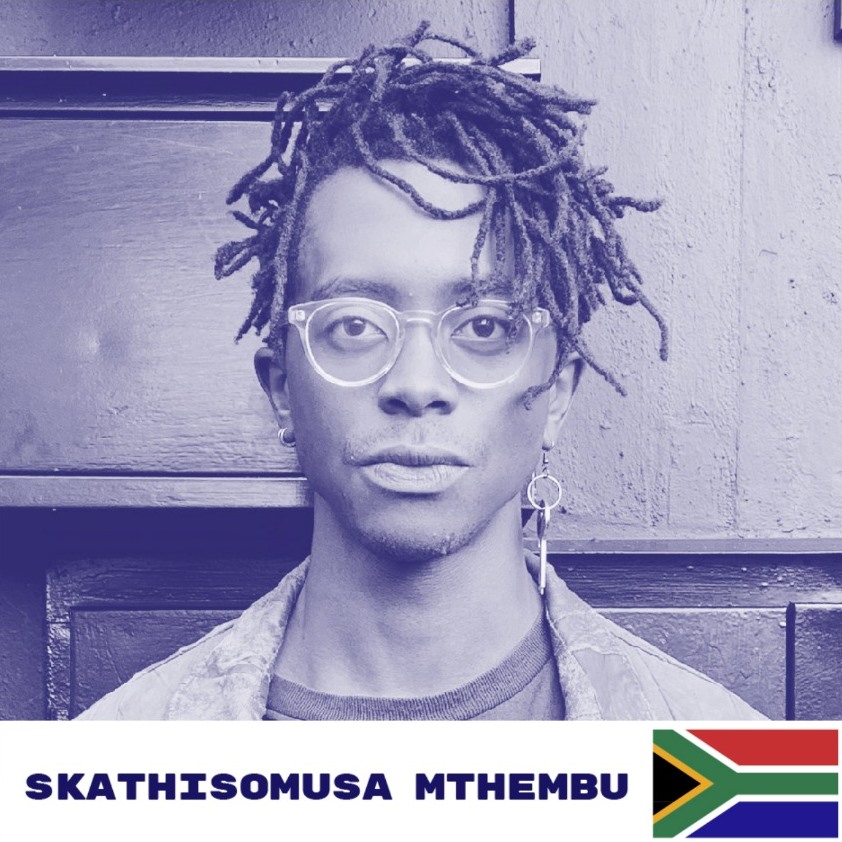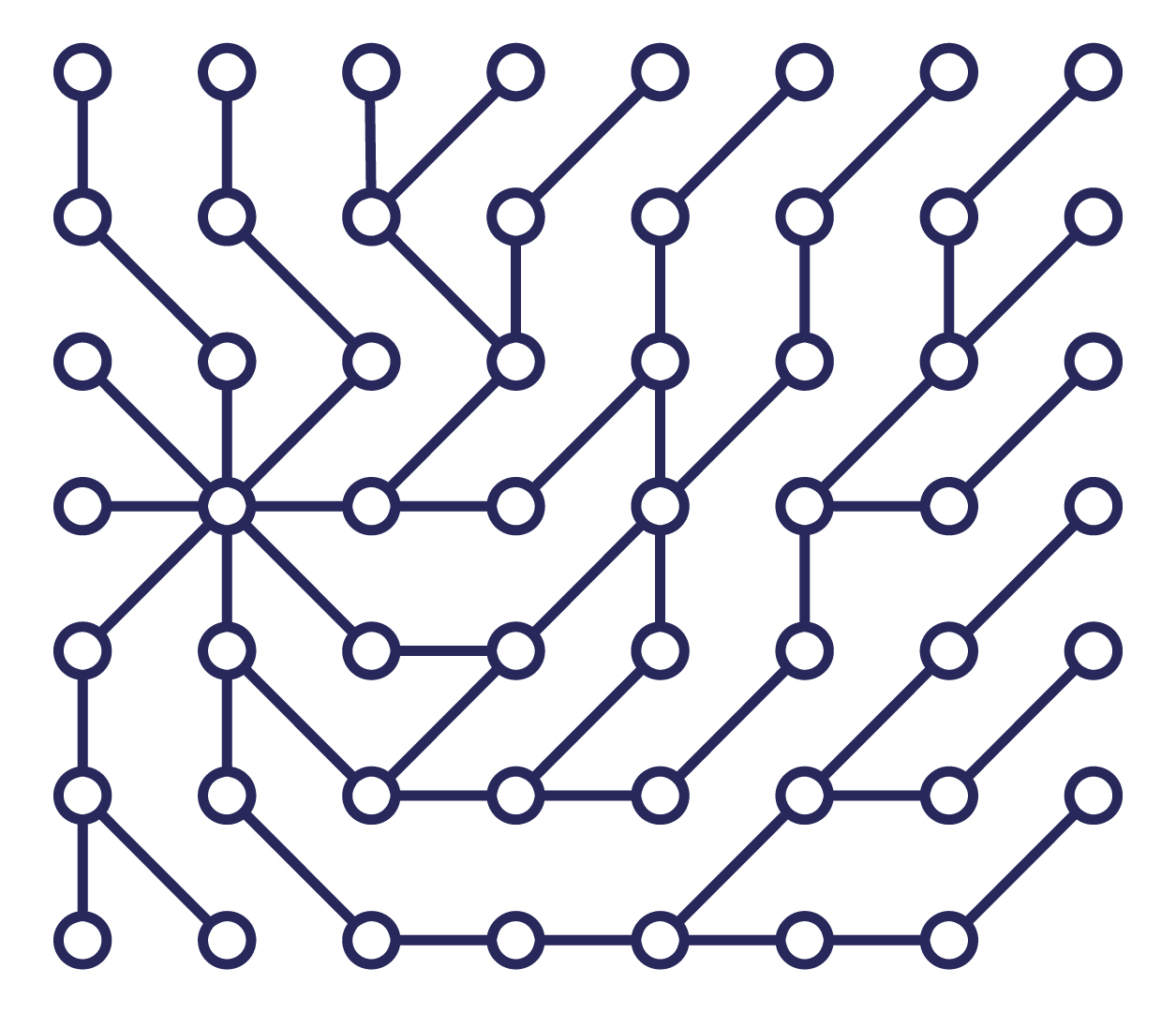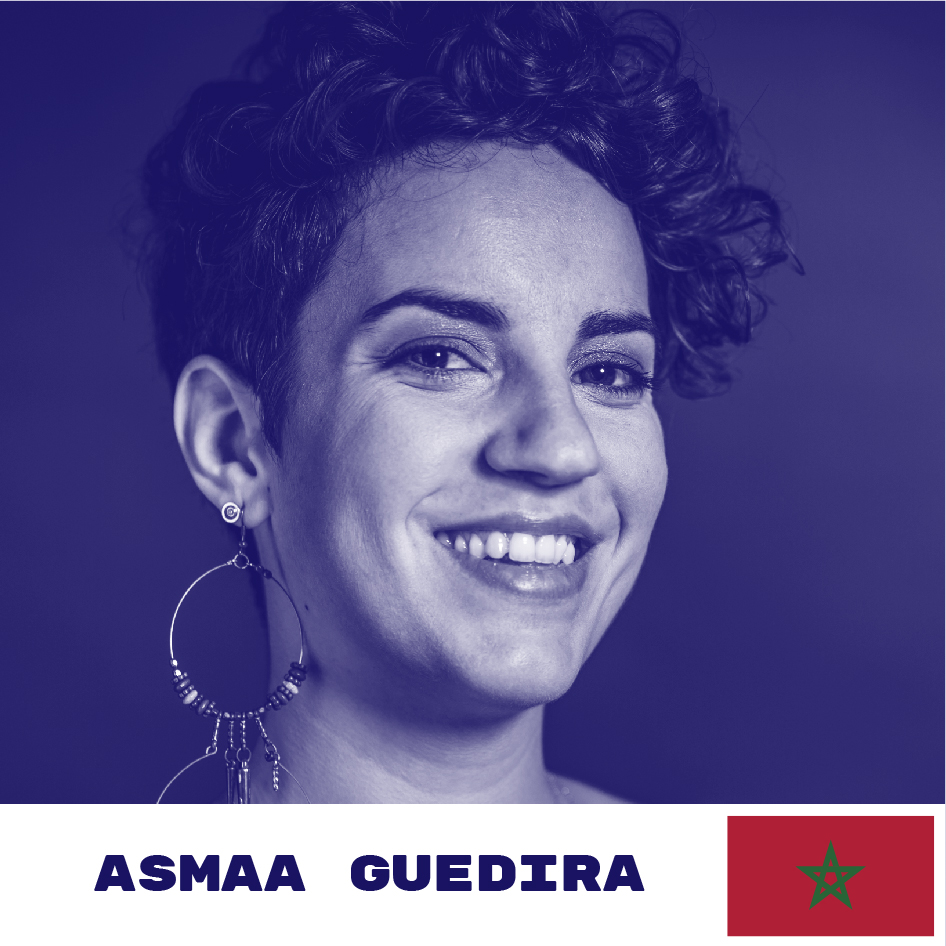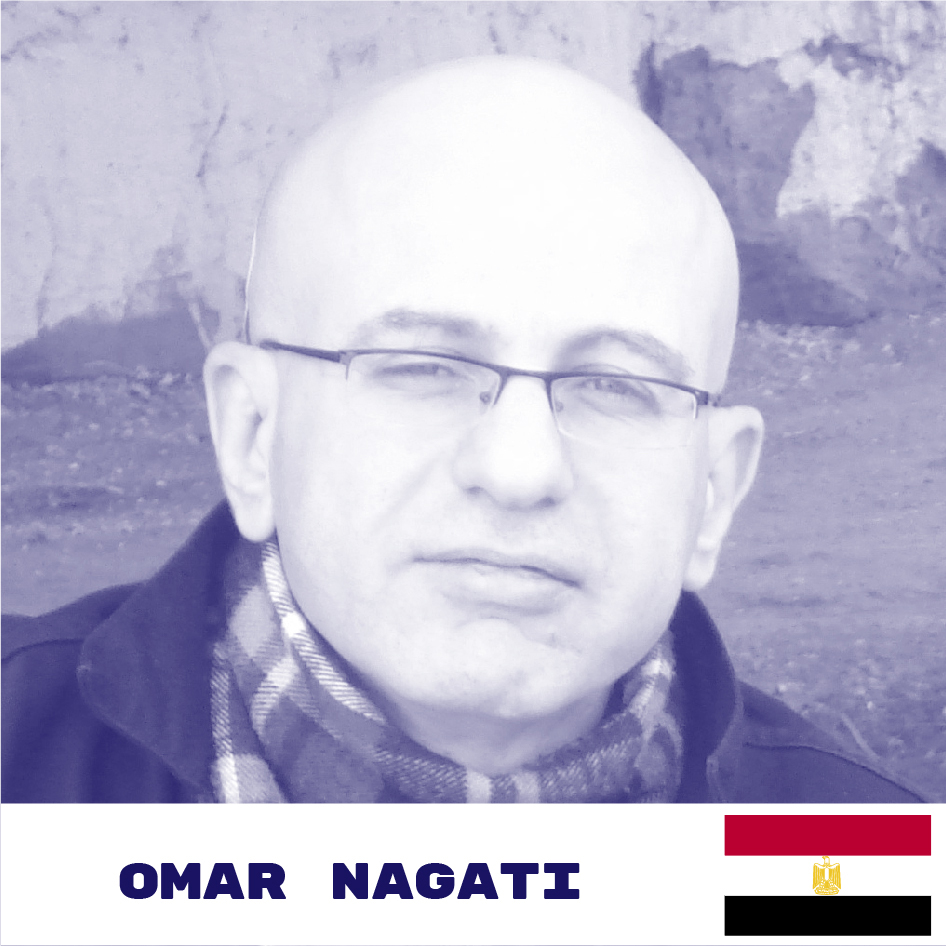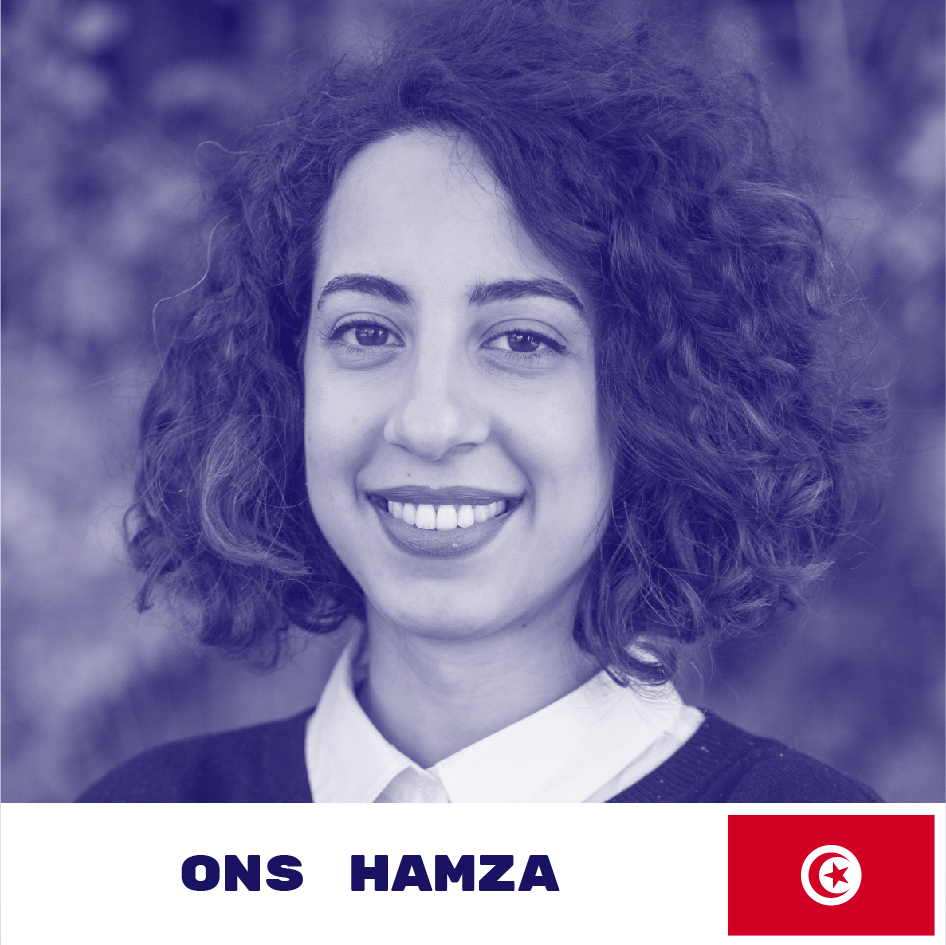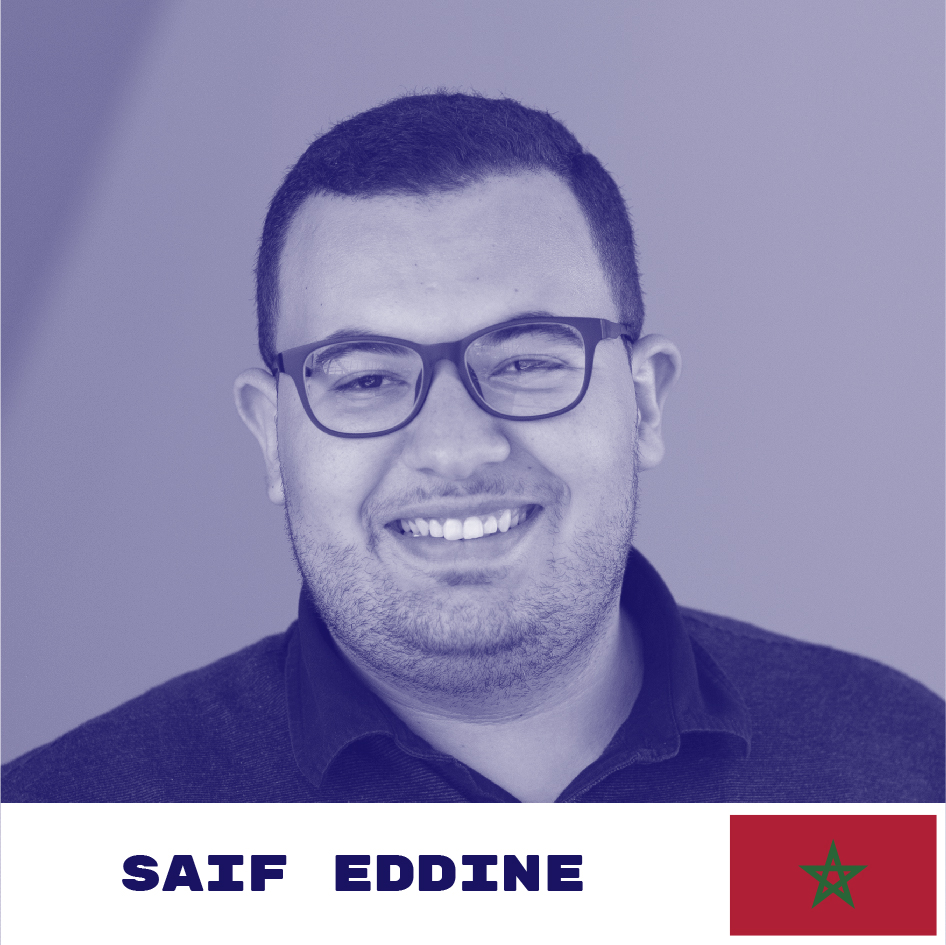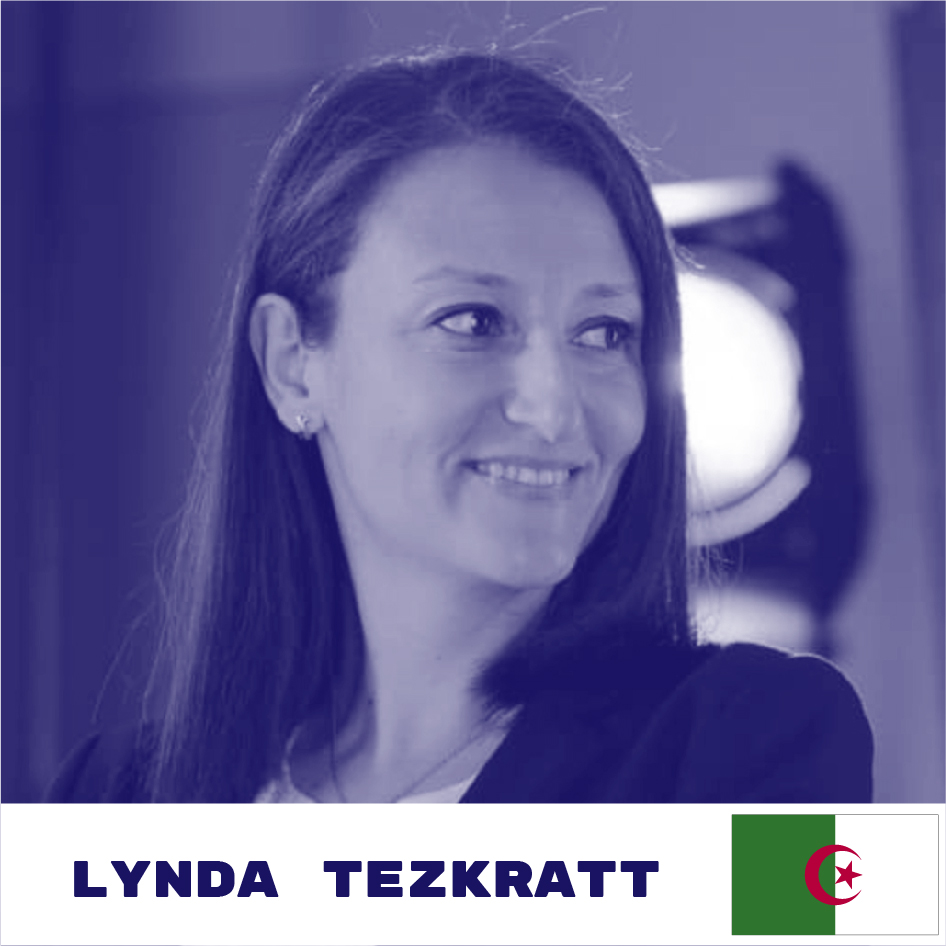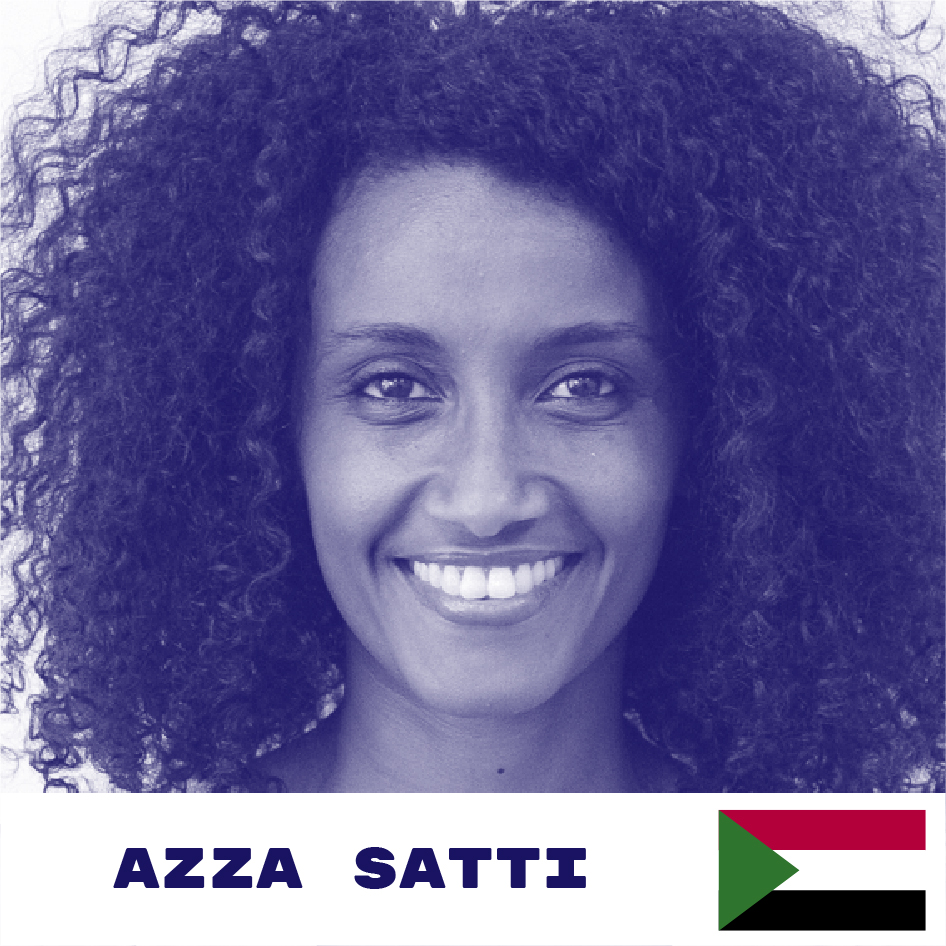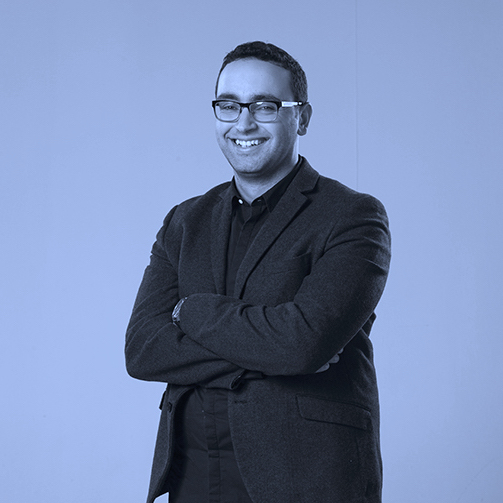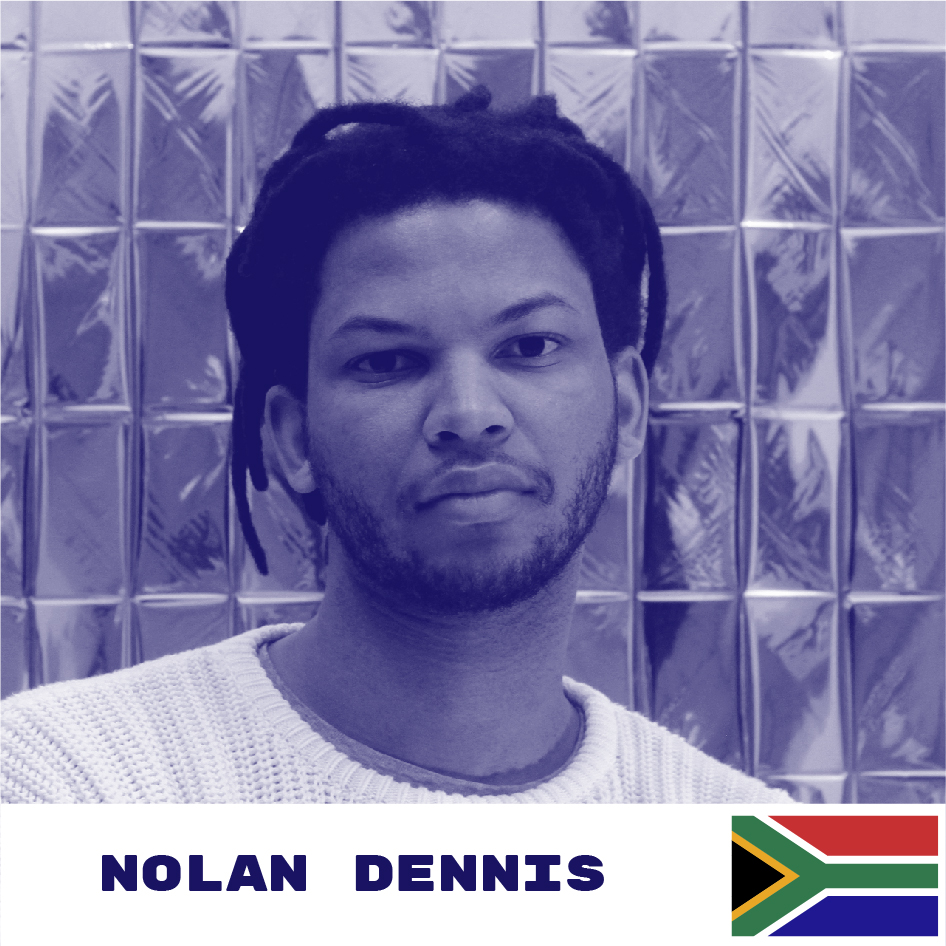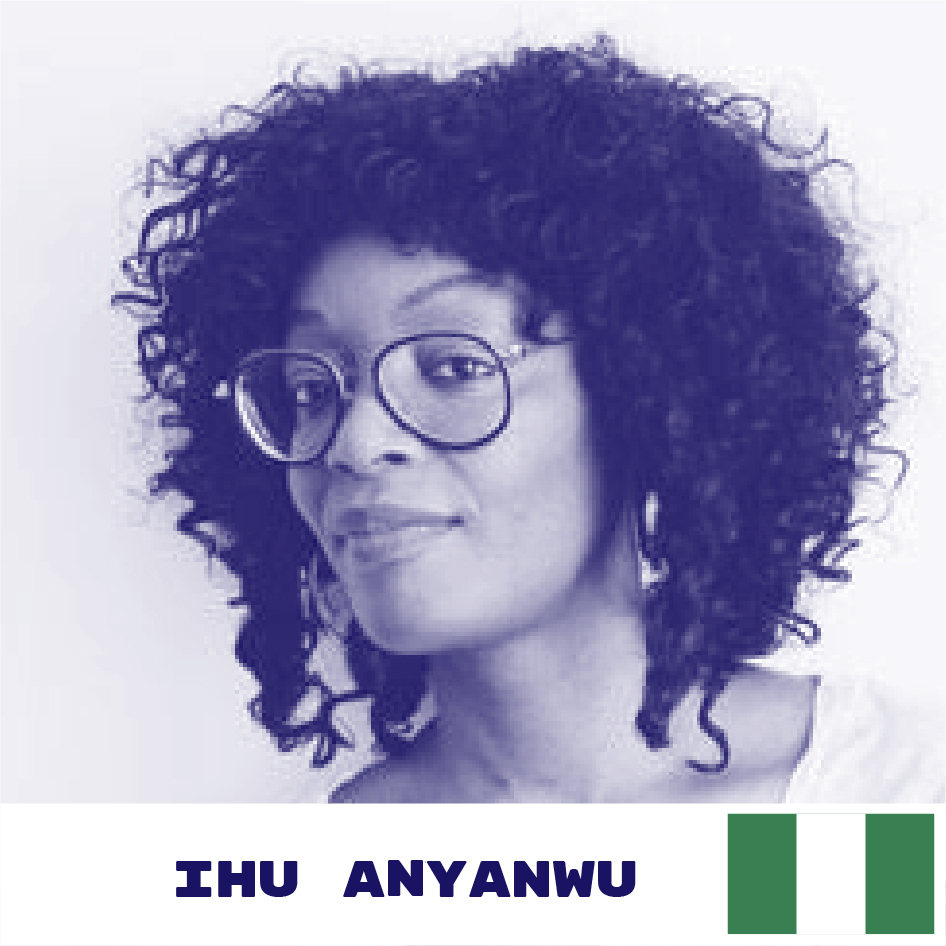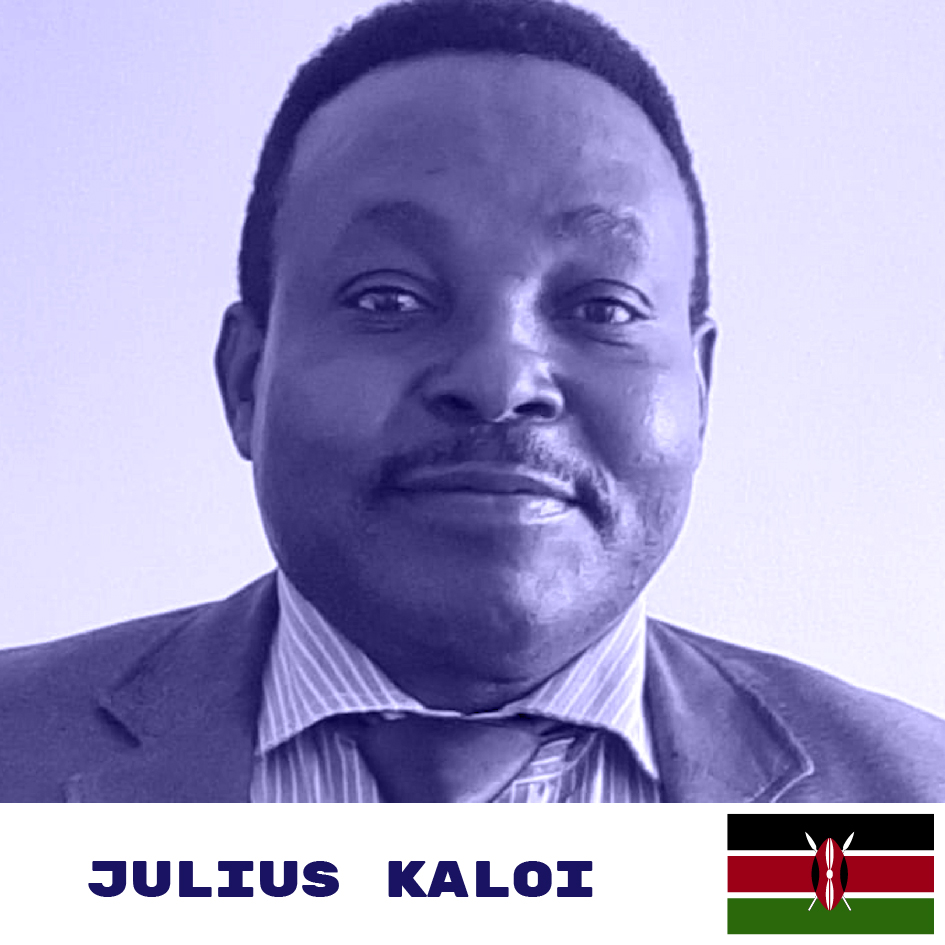African Crossroads
Mombasa, Kenya | Nov 20-23, 2019
African Crossroads
_
African Crossroads is a community of future-oriented African thinkers and doers which meets annually to exchange and critically reflect on the most cutting-edge entrepreneurial, scientific, artistic, and technological developments anchored in African intellectual and technological traditions. Through design exhibitions, invigorating workshops, art installations, and more, this three-day event will spark deep discussions about the latest inventions and innovations in science, art, and technology. Organized by Hivos, African Crossroads convenes a yearly, cross-continental and multidisciplinary gathering for African artists, entrepreneurs, computer scientists, designers, researchers, and philosophers to exchange knowledge and to positively shape the future of African societies. The 2019 edition of African Crossroads will take place from November 20-23, 2019 in Mombasa, Kenya. The application period for African Crossroads 2019 is now closed. Please continue to check this website for updates about 2019 sessions, participants, and opportunities to follow the gathering online.
_
African Crossroads est un regroupement de personnalités africaines liées par un intérêt commun pour les réflexions et les pratiques prospectives. Il s’agit d’une série d’échanges et d’examens critiques des développements de pointes en matière d’entrepreneuriat, de recherche, d’esthétique et de technologie, ancrés dans les traditions intellectuelles africaines. Au travers d’expositions, d’installations et d’ateliers stimulants, cet événement de trois jours suscitera des discussions de fond sur les dernières innovations en science, art et technologie. African Crossroads constitue un regroupement annuel, multidisciplinaire, et transcontinentale à l’attention des artistes, des entrepreneurs, des technologues, des designers, des chercheurs et des penseurs qui souhaitent établir une plate-forme de partage des savoirs et de détermination des sociétés africaines à venir. L’édition 2019 de African Crossroads aura lieu à Mombasa au Kenya du 20-23 novembre 2019. Les candidatures à l’édition 2019 des African Crossroads sont désormais closes. Merci de consulter notre site pour obtenir les mises à jour sur les sessions, les participants et les possibilités de suivre l’événement en ligne.
Sense the City
_
For centuries Africa’s cities have been connected by networks of knowledge and innovation. In the 21st century some of these ancient meeting places have grown into the fastest growing cities in the world. By the end of this century Dar es Salaam, Kinshasa and Lagos are expected to grow into mega-agglomerates with over 80 million inhabitants. This rapid growth in population goes hand in hand with pressing urban challenges such as traffic congestion and pollution, unsustainable food production, increasing levels of stress, and the lack of public spaces (e.g. parks, playgrounds).
This transformation of African cities is changing the way they are being experienced by their inhabitants. From the sweet smells of the shisha cafes in the streets of downtown Cairo to the smell of toxic damps of the Agbogbloshie, the large e-waste sites in Ghana. From the sound of a Kora played by a Malinese storyteller to the ticking of the keyboards in the hackerspaces of Kenya’s Silicon Savannah, and the electronic beats of nightlife in Lagos.
Simultaneously the city is increasingly sensing us. Sensors gather data to monitor everything we do; the sound we produce, the water we use, in real time and at a granular level. We are not only talking about smart cities but also about sensing cities. The city is transforming into a sensory being; a living sentient, organism. But what roles do the senses, the skin and the cities’ nervous system play in the different urban-built up areas in African cities and across them? How do the African cities of today and tomorrow sound, taste, feel or move, and how do these cities sense us in return?
To answer this, we need new, unconventional approaches that allows people to imagine the future. The city needs to be explored in all its multi-sensory aspects in order to imagine their urban future. We need to bring together the expertise of bakers, urban planners, musicians as well as tech entrepreneurs, scientists and gardeners in order to imagine the future of Africa’s cities.
African Crossroads, a four-day event presented by Hivos, will gather 150 participants from November 20 to 23 in Mombasa, Kenya, to connect, collaborate, and explore the diversity of African cities in all its multi-sensory aspects. How do the African cities of today and tomorrow sound, taste, feel or move, and how do these cities sense us in return? On November 23, we will showcase our findings.
TRACK #1—TASTE
This track will focus on the latest developments, enterprises, and innovations in urban food to unveil the taste of the African cities. What is street food and sustainable food in the 21st century?
TRACK #2—SOUND
This track will focus on the voices of the African cities, the oral history, storytellers, music industries etc. on the continent. What are the sounds of the African cities?
TRACK #3—FEEL
This track will focus on the urban fabric of the city. How do we feel the city? What is the skin of the city? We will explore fashion and other ways the city touches us.
TRACK #4—MOVE
This track will focus on the movements and energy of the African cities, and will spark discussions on energy streams, urban transportations and logistics. How does the city move us?
_
Pendant des siècles, les villes d’Afrique ont été connectées par des réseaux de connaissance et d’innovation. Au 21ème siècle, certains de ces anciens centres de rassemblement comptent désormais parmi les villes affichant l’accroissement le plus rapide au monde. Les prévisions pour la fin de ce siècle annoncent que Dar es Salaam, Kinshasa et Lagos deviendront des méga-agglomérations de plus de 80 millions d’habitants. Cette croissance vertigineuse va de pair avec un nombre grandissant de défis urbains tels que les embouteillages, la pollution, la production d’alimentation durable, des niveaux de stress toujours plus élevés, ou encore le manque d’espaces publics (ex : parcs, terrains de jeu).
Cette transformation des villes africaines modifie la manière dont elles sont perçues par leurs habitants. Des arômes sucrés des bars à shisha dans les rues du Caire aux odeurs toxiques de Agbogbloshie, la décharge de déchets électroniques située au Ghana; du son d’une kora interprétée par un griot malien aux cliquetis des claviers pianotés dans les hackerspaces de la Silicon Savanah au Kenya, et des rythmes électroniques de la vie nocturne à Lagos.
Simultanément, la ville nous perçoit de plus en plus. Des capteurs collectent des données pour surveiller tous nos faits et gestes, les sons que nous produisons, l’eau que nous utilisons, en temps réel et à une échelle granulaire. Il ne s’agit plus uniquement de villes intelligentes (smart cities) mais également de villes sensorielles (sensing cities). La ville se transforme en être sensible, un organisme. Quels rôles jouent alors les sens, la peau et le système nerveux des villes dans et autour des différents environnements bâtis urbains ? Quelles sont les sonorités, saveurs, ressentis et mouvements des villes d’aujourd’hui et de demain ? Et comment ces villes nous ressentent-elles en retour ?
Pour répondre à ces questions, il est impératif d’imaginer des approches nouvelles et non conventionnelles pour explorer la ville dans ses dimensions multi-sensorielles. Il est indispensable de rassembler l’expertise des boulangers, urbanistes, musiciens, autant que les entrepreneurs en technologie, scientifiques et jardiniers, pour être en mesure d’imaginer le futur des villes d’Afrique.
Cette année, African Crossroads rassemblera 150 participants du 20 au 23 novembre 2019 à Mombasa, Kenya, pour explorer les défis de la vie urbaine africaine de demain. En explorant la diversité des villes africaines dans leurs dimensions multi-sensorielles, nous élargirons nos perspectives et nos expériences, nous connecterons par-delà les frontières et disciplines, nous collaborerons et amplifierons nos compréhensions mutuelles. Nous présenterons nos éléments de réponse le 23 novembre.
PISTE #1—SAVEURS
Cette piste sera consacrée aux derniers développements de l’alimentation urbaine, les entreprises et innovations associées, et dévoilera les saveurs des villes africaines. Que sont la street food et l’alimentation durable au 21ème siècle ?
PISTE #2—SONORITÉS
Cette piste sera consacrée aux voix des villes africaines, à leur histoire orale, aux conteurs, aux industries musicales, etc. Quels sont les sons des villes africaines ?
PISTE #3—SENSATIONS
Cette piste sera consacrée au tissu urbain. Comment ressentons-nous la ville ? Qu’est-ce que la peau de la ville ? Nous explorerons la mode et les modes de détection urbains.
PISTE #4—MOUVEMENT
Cette piste sera consacrée aux mouvements et à l’énergie des villes africaines. Les discussions seront orientées autours des flux d’énergie, du transport et de la logistique urbaine. Comment la ville nous met-elle en mouvement ?
2019 Curatorial Board
Adnan Mohamed is an award-winning youth activist, optometrist and a pan-African visual storyteller who roams the downtown areas of Somaliland’s cities capturing candid and colourful street scenes with his smartphone. His work is best described as visual storytelling, between narration and documentation. He works as a contributing photographer with many popular storytelling accounts on Instagram.
Andrew Banda is a governance activist who uses parody, satire, infographics, animations and other forms of art to inform the general public on what is happening around public money and social accountability. Andrew also works as a Social Media and IT assistant for ACA, Alliance for Community Action, an Zambia-based NGO promoting community participation and accountability in development.
Ayeta Anne Wangusa is a creative thought leader with interest in African Literature, creative economy, cultural policy and sustainable cities. She is a member of the Expert Facility of the UNESCO 2005 Convention and the Executive Director of Culture and Development East Africa (CDEA), a creative think tank based in Dar es Salaam, Tanzania.
Adrian Jankowiak is a design and creative director with a passion for connecting people, ideas, organisations and technologies. He believes structured empathy, collaboration and prototyping are key to solving problems on any scale. His work includes products, services and creative campaigns across the world, spanning new technologies, toys, consumer electronics, furniture, sanitation, events and experiences. He founded the Nairobi Design Week, an annual festival and all year community platform that brings African design to the world. Past projects include the Refugees' Pavilion at the London Design Biennale and collaborations with several European academic institutions, as well as the British Council.
Amir Ahmed worked as a program and communications officer and a project coordinator before leading entrepreneurship and economic development projects of Tatweer Research, which aim at supporting the development of the entrepreneurial ecosystem in Libya. Amir ran the first nationwide entrepreneurship competition in Libya called Enjazi. He is committed to making a change in Libya through entrepreneurship and economic empowerment.
Amna Abdelrahman is a fashion designer and founder and CEO of Amna Elshandaweely, the Egyptian tribal wear brand that intertwines traditional tribal trim with hip street style, combines culture, history and even architecture to create thoughtful, yet trendy pieces. Every collection stands against the status quo of the society and bridges the gap between Identity, culture and politics as well as highlighting issues that the brand aims to change, through tribal stories from across Africa. All pieces are made in Africa mainly in Egypt, Sudan, Kenya and Ethiopia by African craftsmen to highlight the distinctive and bold style that ElShandaweely shares because of her Egyptian/African roots.
Alejandra Loreto is an architect and photographer. Her artistic work deals with the relation to the physical and built environment. Born and raised in Caracas, she studied architecture at Simón Bolivar University and completed a Master's Degree in Social Design at the University of Applied Arts in Vienna, Austria. Through architecture and photography, she has found different ways of understanding how the urban and geographical environment influences our identity. In 2016, she initiated the Blind Photography Project, where photography serves as the medium to establish contact with the blind community and break people’s perception of the blind as non-visual. Since 2015 she is part of the [applied] Foreign Affairs, a lab investigating spatial, infrastructural, environmental and cultural phenomena in rural and urban Sub-Saharan Africa. She currently lives and works in Abidjan, Côte d’Ivoire where she works as an architect at Koffi & Diabaté Architectes, looking for solutions in design adapted to local context.
Phillip Ayazika is a program specialist. He is currently working as the community engagement lead at Pollicy, a civic technology organisation in Kampala, Uganda. Ongoing projects include Create Your Kampala, a civic project, which is using data artistry to empower citizens in order to seek better public services in their communities. His main goal is to improve grassroots citizen engagement and participation in policy dialogue, and support behavioural change in communities through research activities.
Alex Nthiwa is the Chief Officer in charge of Lands, Mining, Housing, Physical Planning and Urban Development in the County Government of Makueni County in Kenya. He has over 9 year experience in the public, private and humanitarian spears in Kenya, West Africa and Somalia. He has been working in the fields of urban planning and development, and focused mainly on spatial analysis, urban design of livable cities, safety and security of the built environment, and strategic physical planning. He was previously a fellow at Kenyatta University where he taught Urban Planning and GIS (Geo-Information Science). He believes in the significance of appropriate response and inter-disciplinary collaboration for the success of projects and sustainability of towns and cities over time.
Martin Kiyeng is a founding member of Decode Yield, which seeks to answer the contradictory question of food waste. Martin believes hunger is not a scarcity problem, hunger is a logistics problem. He has studied Project Management, and has five years experience in working with non-governmental organizations. He is a team member of a social enterprise called Kidogo, which operates in Kenya informal settlements to offer early childhood education and care.
Jubilian Ngaruwa is a self-taught travel documentary lmmaker from Akumazi, Nigeria. She is dedicated to telling stories that are culturally deeply rooted in Africa. She started her work as a travel documentary filmmaker in 2017 and has since shown her films on three major platforms in Africa, Popcentral TV, DSTV Channel 189, and Arcadia TV. In 2019 she received an artist grant from the British Council. Jubilian has worked in collaboration with Kuta, a young artist foundation in Ogun State, and a contributor to Pulse Nigeria in 2018. Jubilian has been featured by the BBC pidgin, Pulse Nigeria TV, The Nation Newspaper, and Ghana Travelwire News.
John Kiwagalo is the project coordinator of the advocacy program Food systems Solution Platform Project, implemented by Slow Food Uganda, an association focusing on the cultural, environmental and social aspects of food production and consumption systems. The project is funded by Hivos and IIED under the Sustainable Diets For All program. John is also the coordinator of the Slow Food Youth Network in Uganda and Africa.
Shaakira Jassat is a South African born designer who lives and works in the Netherlands. Fascinated by the complexity of food production, she investigates the processes our food undergoes before it reaches the supermarket shelf. After witnessing the Day Zero drought situation in her own country, she decided to use water as an inspiring material and tool for her current work.
Rafael Haddad was born in Djerba Island, South Tunisia, in a Jewish-rooted family living in Djerba for over 2500 years. He grew up in Jerusalem, graduated from an art school and worked mostly in Europe. Rafael is currently working in the fields of visual arts, food culture and local identity.
Charles Opara has recently completed his degree in Genetics and Biotechnology. He has set his sights on taking up a position in his faculty as a tutor, in order to mentor the next generation of critical thinkers and problem solvers, and to explore the boundaries of science as a researcher. In addition to mentoring activities, he has embarked on scientific projects aimed at identifying novel crop varieties which are able to withstand various unfavorable growth conditions for maximum food production, providing useful insights for various crop breeding programs. His long-term goal is to drive research on the science of adaptability of important food crops, including maize and wheat, to a wide range of adverse environmental conditions. Thus, encouraging sustainable food practices across the continent and ultimately ensuring a food-secure Africa.
Emilia Miki is the founder and CEO of Denis Miki Foundation and Efeti Ventures. Her projects reached over 6 of the 10 regions of Cameroon in areas of health, education, countering violent extremism, food security, talent promotion, and wealth creation. As a humanitarian, transformational speaker, public policist and social entrepreneur, Emilia is a peace builder at Mediators Beyond Borders International. She has participated in various fellowship programmes and worked as an actress and producer with the Cameroon Film Industry.
Bernard Kusena is a senior lecturer in the Department of Economic History at the University of Zimbabwe. He holds a PhD in History (Rhodes), a Master's degree in African Economic History, and a Bachelor's degree in Economic History from the University of Zimbabwe, where he is currently completing a Law Honours Degree. His research interests include food security, urban and rural development studies, law and education.
Jonathan Atta-Aidoo is a graduate student pursuing a Collaborative Masters in Agricultural and Applied Economics specializing in Agricultural and International Trade Policy at Sokoine University of Agriculture and University of Pretoria, South Africa. He has a strong interest in food security and nutrition, government agricultural expenditure and institutions.
Lisa Kibutu is a UPenn/NAS certified Arts & Culture Strategist with a passion for the conservation, preservation, and advancement of Swahili Coast culture. She studied anthropology at McMaster University in Hamilton, Ontario, and sits on the board of the Kenya Coast Tourist Association (KCTA), representing Culture & Heritage, and is a program developer at the Little Theatre Club, the oldest theatre in the region and a national heritage site. As a cultural entrepreneur, Lisa's focus is on curating cultural and heritage products that will make a trip to the Kenya Coast unique and memorable, and open up diverse opportunities for local residents, spurring economic growth.Lisa is also the founder of Mombasa Maridadi, a CBO that creates safe spaces for children and youth by utilizing art to bring awareness to solid waste management. Lisa is currently pursuing the opening of a coworking space, Pwanisphere, for creative innovators and entrepreneurs seeking inspirational, supportive, flexible and affordable work spaces.
Gabriela Sánchez y Sánchez de la Barquera is a Mexican-Dutch designer. She was born and raised in Mexico City where she studied Industrial Design. She moved to the Netherlands where she graduated from Man and Identity at The Design Academy Eindhoven. Gabriela creates storytelling through textiles and drawings. She has built an equilibrium between colourful patterns and intriguing, dark illustrations; a balance between sensitive stories and confronting statements. She has exhibited and given lectures and workshops across the world. She has been a senior print designer at Vlisco Netherlands for the last seven years. She is also head of Vlisco&co, a new venture that creates a network of young and experimental creative talents across Africa. She has joined forces to stage events in Lagos, Accra and Abidjan, and to engage in debates about their interpretation of modern African culture and its future.
Sahar Arrayeh is a fashion blogger, designer, and photographer. Her fashion career started in 2014 with an Instagram blog before she branched out into fashion photography and design. She is currently the head designer of The Nafisa Project, a fashion brand that aims to re-introduce Sudanese cultural heritage to both Sudanese people and the world.
Marion Louisgrand is the head of Kër Thiossane, a venue for digital creation and citizen artistic initiatives in West Africa, which she founded in 2002 with her husband. She was in charge of the organisation and the artistic direction of 7 editions of Afropixel Festival, a digital art festival, and curated video mapping events such as Carrefour des Cultures for UNIC (biennale Dakart 2016) or Leral Thiossane in the Unesco headquarters (10th intergovernmental committee for the protection and promotion of diversity of cultural expressions). In 2014, she launched the school 'Ecole des Communs', an open transdisciplinary research and experimentation space for art, technology, urban ecology, economy and neighborhood policy. Core of the school is the artistic garden and the fablab, Defko Ak Niep (Do It With Others).
Nesrine Makhlouf is an artist designer based in Tunis, Tunisia. She graduated in Graphic Design and Audio Visual and travelled around Tunisia and Africa, mostly in Burkina Faso, Beirut and Senegal. She uses different mediums such as paper, textile, graphic design, photography, and seeks to connect North African and sub-Saharan cultures through her work.
Peter Lubega is a street artist, activist, photographer and a teacher from Kampala, Uganda. Known as 'Sparrow Uganda', Peter is the founder of afri-cans street art festival. He uses graffiti as a medium to create expressive artistic visuals. He aims at beautifying spaces for communities and spreading knowledge that impacts the community and society positively.
Ayọ̀ Akínwándé is an artist, curator, and writer based in Lagos, Nigeria. He has an academic background in Architecture. His practice is multi-disciplinary, working across lens-based media, installation, sound, and performance. He explores power dynamics, the relationship between the “powerful” and the “powerless,” as it manifests in the multi-faceted layers of the human reality. He has exhibited in solo, and group exhibitions across Africa, and beyond.
Melisa Allela is an assistant lecturer and doctoral student at the Technical University of Kenya, enrolled in the Design and Creative Media department. Her research entitled “Storytelling through Experimental Animation” looks into the interdisciplinary implications as well as future research prospects on the convergence of experimental animation and emerging technologies that push the boundaries of artistic and scientific practice in Interactive Media. Her work also examines the implication of bodily, expressive non-verbal characteristics of performance in traditional African oral storytelling to position their mediation in digital media formats using Embodied Conversational Agents. She wishes to see women's increased participation in the fields of Animation and Interactive Media production.
As the Director of Strategy at AfriLabs, Nekesa is responsible for developing and executing the strategy that ensures a thriving innovation economy in Africa driven by the power of the AfriLabs community. AfriLabs is a growing network of 225 innovation hubs in 47 African countries. For the last decade, Nekesa has worked at the heart of Africa’s technology and innovation ecosystem. Nekesa was previously the Managing Director of iHub Nairobi, where she led an open innovation culture that was integral in ensuring quick maturity of the Kenyan innovation ecosystem. She serves on the boards of Africa Tech and Creatives Group, Creatives Garage, and Missing Child Kenya.
Sherif Ashraf is an HR expert with solid administrative and multinational corporate experience. He has been working in the field of the HR for the last eight years. He has been part of the leading telecommunication and pharmaceutical companies as Vodafone and Novartis Pharma, supporting Egypt, Gulf countries and South Africa and has been working on creating and developing the HR policies, guidelines, consolidation and transformation of the HR services. He is also one of the co-founders of AlMaqarr Coworking Space/ElRehla retreats, that was established seven years ago. He is currently working as people and operations executive in these two startups. His focus is mainly on creating a unique internal environment in addition to expand the business.
Imen Wannen is a civil engineer, representative of Dar El-Harka, the first co-working space and cultural hub, created in 2016 in the medina of Tunis, Tunisia. The aim of Dar El-Harka is to allow entrepreneurs to meet, exchange ideas and collaborate in order to create opportunities, support the local culture, and revive the historical urban neighbourhoods of Tunis.
Mahmoud Noaman is the co-founder and CEO of M3mal for Development, providing co-working spaces and pre-incubation services for entrepreneurs in Alexandria, Egypt. Having introduced the concept of co-working in Alexandria and being the vice-curator of the Global Shapers Alexandria Hub, Noaman is considered a community leader in his hometown of Alexandria. Noaman holds a BA in Business Administration from Beirut Arab University and an MBA in International Business from Arab Academy for Science and Technology, Alexandria, Egypt.
Moncef Ben Rajeb is the CEO and co-founder of Qartaj, a B2B e-commerce platform, which helps artisans and producers market their products worldwide. He holds a Master's degree in Web Intelligence from Jean Monnet University and the School of Mines in Paris, France, as well as a Master's degree in Culture and Design Management from the IAE, Saint-Etienne. Moncef has been a young ambassador for the Rhône Alpes region since 2013. He is also co-founder of Carpet.plus, a solution that helps carpet artisans innovate and create new models that fit the customers' needs.
Omar Shaker graduated from the Faculty of Medicine, Ain Shams University Cairo, followed by an internship in transplant surgery at Tufts Medical Center in Boston before switching careers to technology and moving to San Francisco. After finishing his Master's in International Business, Omar worked for several digital health startups, before joining Clarity insights, the biggest consultancy company in the US focused on data analytics. Working with Clarity, Omar became a senior consultant to major US hospitals and insurance companies such as Kaiser, Cleveland Clinic and Blue Cross Blue Shield. Omar then founded Health 2.0 | Egypt, thus supporting digital health innovation in the region with the aim of demonstrating a mature digital health ecosystem in the country.
Wakiuru Njuguna has worked as a finance manager for years before entering the HEVA Fund Team as an investment manager. The HEVA Fund is an East African fund that invests in the creative industry sector in East Africa. Wakiuru has a particular interest in the creation of innovative and sustainable financial instruments that can be used in the creative sector. She has a Master’s degree in Finance and Strategic management and a Bachelor’s degree in Finance and Banking.
Polymath artist, architect, curator and art director, Pierre-Christophe Gam trained as an interior architect at the Ecole Nationale Supérieure des Arts Décoratifs in Paris and Central St. Martins in London. In his artistic practice Pierre-Christophe is interested in evaluating how current social and political changes in Africa and the diaspora negotiate with past intellectual and visual heritage. Using photography, collage, drawing and digital manipulation, he creates ambiguous yet compelling compositions where deep cultural references are mixed-up and juxtaposed in a rich and intricate tapestry. Beyond the visual seduction of his work, Pierre-Christophe questions complex and deeply rooted narratives at the core of the global African cultural experience.
Jeremiah Ikongio is a generalist and artist creating new media, performance, and physical/internet interactive art projects including, but not limited to, VR, AR, GIFs, photography, video, sound, painting and installations. Based in Lagos, he deals with topics such as infrastructure, (hyper)identity and archiving. His work has been shown locally and internationally at solo, group and collaborative exhibitions, at the Douglas Hyde Gallery in Dublin, the 5th Odessa Biennale of Contemporary Art, the International Symposium on Electronic Art (ISEA) in Durban, and the 11th Bienal do MERCOSUL in Porto Alegre amongst others. He is also a Magnum Foundation Fellow and a Digital Earth Fellow.
Tegan Bristow is the Director at Fak'ugesi African Digital Innovation Festival and representing a wearable technology and community engagement system that was developed with Fak'ugesi Festival in Johannesburg by designer Ling Tan (Singaporean, based in London). The project has grown since its inception in Johannesburg and will come back to Africa as a toolkit for a community driven wearable citizen data collection system, specifically for diverse urban environments.
Ranwa Yehia is co-founder and chairperson of the Arab Digital Expression Foundation (ADEF), which started in 2005 with a mission to explore and develop alternative education methodologies and knowledge production for and by Arab youth, using open source concepts and tools. A key project she conceived with ADEF is the Arab Digital Expression Camps, an annual experiential co-learning camp for Arab youth, developed and implemented in collaboration with young techies, artists, journalists and researchers in the Arab region.
Thando Gwinji is a digital media expert and a peace and development practitioner. She is currently the managing director of Youth for Innovation Trust, a collective of activists focusing on youth empowerment, human rights, gender equality, entrepreneurship and technology, and cultural and environmental rights. Thando is also national coordinator of Activista Zimbabwe, an organisation providing activities for young people. She considers herself an opinion maker, youth leader and human rights activist.
Robert Mũnũku is an award-winning independent visual artist, writer and filmmaker from Nairobi, Kenya. Mũnũku is also the founder and executive director of Mau Mau Arts, a pan-African organization, which offers services in visual art creation, film and music production. Mau Mau Arts is a social enterprise focusing on creative education and building a potent creative economy for African artists in the fields of visual arts, film and the performing arts.
Kawira Mwirichia is a queer multi-disciplinary female visual artist from Kenya with an innate desire to change the world through beauty while inspiring, and educating the community. She became internationally known for her kangas, a traditional East African cotton textile. Her aim is to create a kanga for every country of the world. The design is inspired by each country's historical events in their fights of LGBT rights. In her work, she also uses more traditional fine arts mediums such as painting, drawing, and sculpture. She founded the To Revolutionary Type Love project to celebrate queer love, the queer individual and their history through the use of the Kanga cloth.
Houssem Aoudi is a Tunisian entrepreneur with over a decade of experience in media, civic engagement, and social innovation. Houssem consciously endeavors to create platforms for public debate, community building, and open expression through his media and communication company Wasabi. He is also the co-founder and former CEO of Cogite Coworking Space, the country’s first coworking community. Founded in 2013, Cogite is now home to a vibrant mix of entrepreneurs, artists, activists, and young professionals. Houssem also launched the Afkar "Think and Action Tank” in 2015, which aimed at supporting new leaders of social change. Believing that supportive communities are the best catalysts for change, Houssem’s work specializes in bringing together diverse stakeholders to tackle today's most pressing issues.
Lola Pedro is a co-founder of Pedro's, Nigeria first craft spirit brand. Prior to her foray into the Nigerian premium spirits sector, Lola began her career working in New York and Japan for over four years before returning to the UK. Since then, she has been engaged in industries as diverse as consumer research, virtual reality, and corporate film, whilst working on projects for brands such as Trace, the European Space Agency, Abu Dhabi TV, and Sony. Lola holds a Bachelor of Science in Multimedia Technology and Management Systems and an Master of Science in Technology Entrepreneurship from the University College London. She currently lives in Lagos, Nigeria.
Bethlehem Anteneh has found inspiration from the arising overlap of architecture and playful experiences. The connectablity between our analogue presence and the digital one is the start of her drive to question and analyse possibilities of livability using play as a tool. Gamification Lead for ‘Enter Africa-Gamify Your City Future’ Co-founder of Chewata Awaqi - Speaker Trainer - Futurist Street Play advocate
Wole Odetayo is co-founder and CEO of Pronov Inc., a health-tech platform focused on providing access to affordable essential medicines for low-income earners with threatened access, representing about 1.2 billion people globally, 600 million of which in Africa alone. He also co-founded the LoftyInc Group with Wennovation Hub & LoftyInc Capital Management as member companies. He is passionate about birthing innovation solutions, that, on a large scale, tackle poverty, unemployment/underemployment and underdevelopment.
Lucky Aaroni is the founder and producer of BustopTV, one of Zimbabwe’s top online content creators. BustopTV produces skits, documentaries, news, satire, and many other forms of film and television productions. Lucky has produced, edited, and written a number of short films. He has been a freelance photographer for newspapers in Zimbabwe, including the Daily News and Harare News, a monthly paper.
Haddis Alemayehu is a tradditional musician playing Masinqo, an Ethiopian one string instrument that has been around for more than 3000 years. Haddis has been leading the revival of the MasinQo instrument in the context of the Addis Ababa jazz and pop music scene, playing live performances with some of Ethiopia’s most famous artists, including the legendary singer Gash Mahmoud Ahmed and composer Dr. Mulatu Astatke (considered as the “father of Ethio-jazz”). He is also a founding member of the Moseb Cultural Music Group which performs regularly at Ethiopia’s National Theater.
Daphine Arinda is a Uganda performing poet, writer and lawyer, specialized in Research and Public Interest Litigation. As a lawyer, Daphine seeks to contribute to social justice in her country. As a performance poet, she aims at participating to authentic Uganda literature. She also worked for the East African Community Youth Ambassadors Platform.
Sarah Bushra is a visual artist and creative writer working primarily with a hybrid of text and image. She makes soft sculptures, installations and cross-media text, meditating on the role of collective memory in creating and transforming cultures of communication. She co-founded Contemporary Nights CN#, an arts collective dedicated to showcasing works by artists of various media in different parts of Addis Ababa. She is interested in cultural management, and, as an artist and programmer, facilitates the current movement towards increasing visibility and authentic representations of Ethiopian culture in contemporary contexts, in both local and international platforms.
Feisal Malik runs Visual Africa Films Ltd., a content production house, specialized in documentaries, and recently in publishing coffee table books. Through Visual Africa Films Ltd., they service international film productions in Kenya and produce content for broadcast around Africa. Feisal holds a degree in International Business Administration, and graduated from the Wildlife Film Academy in South Africa. Feisal is also a keen wildlife photographer. He guided photographic camping safaris around Kenya for more than 13 years.
Jumoke Adeyanju is a well-established dancer, writer, curator and Vinyl-DJ. Besides dance and academia, she became a host of multiple cultural events and a multilingual poet. Jumoke Adeyanju is the founder of The Poetry Meets Series and radio host for YAASAA, an African media platform. Her multidimensional work has been commissioned and exhibited by Arthouse Foundation Lagos, African Artist’s Foundation, Galerie Wedding and DTSA Conference at City University New York. As an allround-artist, Jumoke’s approach touches on topics like diaspora nostalgia, memory, performativity and how various elements of expressive art forms interrelate and incorporate the potential to (re-)create moments of reviving other or rather lost selves.
Eugene Kavuma is the CEO and co-founder of the Kampala Design Week, an annual festival and social enterprise, whose goal is to highlight the value of good design and champion upskilling and better pay for designers. At Kampala Design Week, Eugene leads the core team and is responsible for partner and network development, program development, and fundraising.
Tatenda Kanengoni is a writer, journalist, and visual storyteller from Zibabwe. She created the concept blog Crooked Lanes, for which she colaborates with a team of writers to tell authentic stories using ethnographic research, text, photography, and video. She aims at writing the African story into history. Her work explores narratives, which involve marginalized communities. Through authentic storytelling, she tries to give them a voice and empower them.
Neo Maditla is a journalist, editor and cultural worker with a passion for using creativity to bridge borders and connect people. Through her work as an editor in chief, she profiled the work of designers and cultural workers on the continent who are not only changing people's lives for the better but also expanding the conversation around African art and cultural production as well as the future of cities in Africa and in the world. She currently works as a content strategist and partnerships manager at Design Indaba in Cape Town, South Africa.
Faisal Kiwewa is the founder and director of Bayimba Cultural Foundation which organises the Amakula International Film Festival, DOADOA | East African Performing Arts Market, the Bayimba International Festival of the Arts and the Kampala International Theatre Festival, and more. Faisal aims at strengthening the role of Bayimba in developing the arts in Uganda and East Africa and establishing lasting structures to sustain the arts by developing Lunkulu Island, its newly acquired home.
Refilwe Nkomo is a Johannesburg based multidisciplinary artist, curator, educator and community organizer. She uses various media including performance, video, text and dance to create cultural and artistic interventions, develop programs and installations. Her work is situated at the intersection of arts and social justice.
JLumiere Malafi is a sound production activist from Kinshasa, Democratic Republic of the Congo. He is in charge of the organisation of the Mwinda Na Molili Festival and the Festival International des Sonorités of Kinshasa. In addition to being a mutlidisciplinary artist, director and cultural entrepreneur, Malafi was named Goodwill Ambassador for Education and Culture Promotion in peri-urban and school environments.
Malek Maazoun is an IT engineer and musician, passionate about world cultures. He currently plies his trade as a social entrepreneur in the field of Creative and Cultural Industries, managing three entities: Nostalgia (World Music Band), Artist without Borders (Cultural Association that organize International Artistic Residency Exchange), and Coart Creative Container, a co-working space dedicated to the Creative and Cultural Industries.
Rim Menia is a pan-African cultural activist and artist from Algeria. She studies architecture with a focus on heritage. As project coordinator for Stories From Algeria and chief editor of Monokrome magazine, Rim believes that her mission is to set narrative for culture and identity correction in North Africa.
Farah Abdelbaki majored in Innovation Management and has been supporting the startup scene in Egypt by connecting it to the world through the RiseUp Summit & RiseUp Explore and by building entrepreneurship hubs with the GrEEK Campus. She is now establishing her first startup, if, to help businesses and individuals be environmental.
Afef Ajengui has been the program manager of the Tunisian Center for Social Entrepreneurship since May 2019 and the Legacy International Fellow of 2019. She was the former project manager of the first and biggest co-working space in Tunisia called Cogite Coworking Space from May 2015 until April 2019, where she highly contributed to building a new community of coworkers, entrepreneurs, and change-makers in Tunisia. She is also highly active in the North African and Middle Eastern entrepreneurial ecosystem and has participated in a big number of national and international events such as the Coworking Summit, the RiseUp Summit, African Crossroads, and more.
Blaise Aboh is an innovation architect at AI Envoy Roboticsis, where he is exploring the best use cases for automation and conversational AI to address complex real world challenges. As partner at Orodata Science, he is democratizing public data through data visualization and institution engagement in order to increase citizen access while fostering transparency and accountability in government. Blaise is a 2019 Obama Foundation Leader - Africa. He is currently helping the Mozilla Foundation to co-design the Mozilla Festival 2019. He is a code for Africa Innovation Fellow, and has led their Newsroom Academy Project in Nigeria for over two years.
Ahmed Sheikha is the co-founder and chief business officer of Brimore, a social commerce and distribution platform, where local manufacturers can list their products, and where a vast interconnected network of women, housewives and employees can sell them in their local circles, either through creating individual point of sales or by managing local trade shops in their neighborhoods. Ahmed has vast experience in Supply Chain management working in P&G through several regional and local roles, business development and project management experience working with Save the Children and co-founding Umbrella for business development. He is also an activist in youth development sector, founding and working in several NGOs, and regularly giving specialized training and workshops for youth, especially school students.
Kelvin Tersoo Jiraji is a technology entrepreneur, software developer and strategy director with a 5-year experience across four companies both in public and private sector. He has won national recommendations. In his current role, he manages a social enterprise, Agritech Hub, in Nigeria with a team of five people and 15 active volunteers. Together, they have successfully impacted over 5 startups. He has contributed to building the Nigerian innovation ecosystem in the last two years.
Tebogo Mngwenya is the inventor of a crossword puzzle App that uses African languages Bantu Words. His idea of a crossword puzzle in African languages came from his passion for African linguistics. Tebogo believes that preserving African literature especially in the digital space will give future generations a platform to embrace their continent and also to contribute to the cycle of preserving African literature.
Susan Adongo is a highly skilled professional strategic management consultant with demonstrated expertise in environmental planning and policy, regional planning disaster risk reduction mitigation & management, research, monitoring & evaluation, capacity building and public administration.
Kusai Fteita is the founder and CEO of Tech Impact, an innovation and entrepreneurship hub that aims to empower entrepreneurs, students and enthusiasts. He is also the founder and mentor of Roboticx4004, the Libyan national robotics team that represented Libya at the FIRST Global Challenge. He recently founded TechMakers initiative, one of the largest public schools 4IR training programs in Libya with partners from the European Union, the U.S. Department of State and the United Nations. Kusai is also involved in policy engagement and co-creation of innovation hubs ecosystem across Africa, the i4Policy AIPTF initiative, aiming to enhance and support innovation ecosystem while achieving the double bottom line. After years of working on community development, building successful teams and delivering high impact initiatives, Kusai entered the entrepreneurial field to focus more on the service sector. He is the winner of Tony Elumelu Foundation $100 million entrepreneurship seed programme. His startup provides an innovative way for ride sourcing and delivery services
Sandra Suubi is a Ugandan based visual and performing artist. she recently graduated in Fine Art from Makerere University. As a sculptor and eco-artist, she mainly works with found objects and recycled plastic to explore themes of environmental sustainability, consumption, dreams as well as create functional objects. She has carried out a number of workshops called 'Dream Labs' in different communities sharing knowledge on untapped potential (self / material) through up cycling. Her music, with a strong emphasis on performance, explores themes of love, faith and relationship. Sandra also works as the community coordinator at 32 Degrees East, a center for the exploration of contemporary art in Uganda
Yame Nkgowe is an “abundance” / exponential thinker & entrepreneur looking to help write the narrative of the urban future we want in Africa through social good. He is the founder and owner of Sustainable Cities Africa, which, in partnership with a global thought leader, Digital Greenwich, is developing a sub-Saharan African focused Sustainable Cities Centre of Excellence, based in Gaborone, Botswana. The Gaborone Sustainable Cities Strategy pilot is a national and regional benchmark to showcase that Africa owns its Sustainable Cities narrative, based on its own context, and through its own understanding and capability. He has received various recognitions for his work across the world.
Kamel Oumnia is a former lawyer and entrepreneur who holds a degree in Criminology. He is the co-founder and senior legal advisor of IncubMe, the first pan-African incubator in Algeria. He advises companies and startups in building their models and supports them in the process of becoming sustainable companies. As a senior legal advisor, he is in contact with young people who are keen to learn and expend their knowledge. He is also ambassador of the World Legal Summit.
Ranked by Forbes Magazine among the Top 30 entrepreneurs under 30 years in Africa, Eric Muthomi is the founder and CEO of Stawi Foods and Fruits, a food processing company specializing in processing nutritious food products for Kenyan families using locally sourced inputs. Stawi aims at being a market place for small holder farmers in Kenya, who need fair buyers for their produce, and seeks to enable them to earn stable incomes on their produce while trying to reconnect society, and provide genuine benefit to surrounding communities. Through hydrothermal processing technology, Stawi is also addressing hidden hunger among children. Eric has been recognized for his work on CNN African Startups and honored by President Obama as a YALI Fellow in 2014.
Zaki Mentouri is the co-founder of Easy Relay, one of Algeria most important e-commerce delivery service company. He worked as a strategic management consultant and a project manager for Telecom for 13 years before he took up the challenge of launching his own company. His aim is to create a company that is as much equitable as possible for employees, partners, and clients for an harmonic exchange.
Liz Kilili is a creative director and cultural manager. She is a driven and slightly eccentric creative, mostly known as the Chief Mechanic and founder of Creatives Garage. She has been dedicated to developing the creative industry in East Africa throughout her work. Her brainchild Creatives Garage, and its accompanying Sondeka Festival, a festival, which brings all forms of creativity into one space through collaborations, and co-creations, include spearheaded projects and movements that have helped the creative industry grow in both policy and output, and still continue even after the project goals have been brought to fruition.
Kivutha Kibwana is the governor of Makueni County in Kenya. He is a well-respected politician and human rights activist with a career spanning over 20 years in active government and academia. Under his leadership, the most robust public participation framework in Kenya has been developed and is being implemented in Makueni County for county development projects, laws and policies as well as general matters of public interest. He has played key advisory roles, including to the Office of the former President of Kenya. He has served as Minister of both Land and Settlements and Environment & Natural Resources. He has also served in a representative capacity as a Member of Parliament for then Makueni Constituency.
Immaculate Yossa Daisy is a practitioner in community development and project management. Her work includes women rights advocacy, project and programme design, planning and management, gender mainstreaming, capacity building and training including research. She has over 12 years experiences in NGO project and programme management work focused on advocacy from a human rights-based perspective with national and local organisations in Uganda as well as in international NGO like Hivos.
Mamadu Hady Sow is a young entrepreneur who focuses on agricultural activities like rearing of cows, rice farming and plantations. He is also a small scale trader, who holds a diploma from Charted Accounting ACCA. In addition, he is a final year student of Saint Monica University.
Dana Whabira is a Zimbabwean artist, architect, and cultural facilitator, who lives and works in Harare. An architect by training, she studied art and design at Central Saint Martin’s College in London. Whabira has exhibited widely, she represented Zimbabwe at the 57th Venice Biennale in 2017, and participated at the Dak’art Biennale in 2018, in addition to taking up art residencies and giving talks locally and internationally. In 2013, Whabira founded Njelele Art Station, an independent project space located in downtown Harare that focuses on contemporary, experimental, and public art practice. Njelele is a meeting place for critical dialogue, where research projects seek to give shape or form to critical understandings of how we can live together.
Yamiko Yakobe is a 23-year-old filmmaker and visual artist from Lilongwe, Malawi. He is part of a collective whose mission is to empower Malawian artists and foster collaborations. Former Youtuber, Yamiko is now focusing on documenting the urban culture, mostly through working with musicians, fashion designers, and other influencers.
Zahira Asmal is an urbanist and director of The City, a research, publishing and place-making agency, which she founded in 2010. In her projects, Zahira seeks to enhance the making of public places and spaces in South African cities through engagement and collaboration with governments, cultural institutions, designers, artists, academia, and the public. Presented worldwide, her books examine socio-political, economic, and cultural environments, which are shaping South African big cities. Zahira has worked with Sir David Adjaye on his book and exhibition on African Metropolitan Architecture, and more recently on a placemaking project at Johannesburg's Park Station. Zahira's current project, See, explores contested urban histories, equal representation in the memorialisation of history and the construction of resilient postcolonial urban identities. Zahira served as an advisor to the Africa Architecture Awards in 2017, African Crossroads in 2018 and is currently serving on the Board of Advisors for the International Archive of Women in Architecture.
Tushar Hathiramani is a supply chain expert, a writer and a curator with a track record of building strong entertainment and hospitality brands that serve the added function of being incubator spaces for larger social infrastructure projects based in Lagos, Nigeria. He holds a Bachelor in Political Science with a minor in Photography and Mandarin from Boston College in Massachusetts. He is the founder of 16/16, a Lagos-based creative space and boutique hotel and is also a co-founder of the hFACTOR Collective, a community-based initiative seeking to rehabilitate the Lagos Island community using creative methods of social engagement. He has a strong desire to build products and services that create a link between the creative arts and industry, which involve creating commoditized models of revenue generation that also serve a deeply social and ethical function.
Joram Mwinamo is the founder and managing director of Wylde International, an innovative firm that helps entrepreneurs and innovators grow and achieve their ambitions as profitable and/or sustainable enterprises. He has worked with more than 400 entrepreneurs in Kenya and beyond. Joram has also worked with clients in nine African countries, and two Asian clients. He has worked as a mentor in Enpact, a program mentoring startups based in Berlin. He is passionate about seeing Africans succeed globally, and has dedicated his life to making that vision become a reality.
Nathalie Dijkman is a social entrepreneur who co-founded SEMA, an enterprise bridging the gap between citizens and public servants in East Africa through feedback data and gamification. She is a consultant on justice innovation with the Amsterdam Law Hub and the Ugandan Justice Sector and previously worked at The Hill and The Gates Foundation.
Velma Kiome is a commuter cycling advocate (#Space4Cycling) and transit justice advocate from Nairobi, Kenya. She is an accomplished designer and the head of partnerships at Saffir Africa, a travel destination marketing company, leading in technology, new media and innovative promotion of tourism and travel sector. She is also a blogger and writer for the Saffir hospitality blog.
Ling Tan is a UK based Singaporean designer, maker and software developer specialising in social wearables and community participation. She worked with communities in different cities and countries and uses wearable technology as tools to express their relationship with the city through their subjective perception. Her work touches on topics such as safety in public space, air quality, demographics, race and collective agency. Her recent work, SUPERGESTURES, involved working with 50 young people across Manchester, UK over a period of six months to create a large scale outdoor participatory performance that uses wearable technology to help question how much tangible impact smart city technology can have on future generations.
Reda Senhaji, a.k.a. Cheb Runner, is a Techno Caravan, riding through the desert with pumping bass. From Morocco to Iraq, he carries the fresh beats to quench your dancing thirst. Whether you need your fix of old four-on-the-floor disco beat, or crave for some complex Arabic polyrhythms, Cheb Runner is your guide to the oasis. Combining grooves from North Africa & the Middle East, moroccan wedding music, and the deepest Music Club, he wants you to dance.
Hannah Osunsina is a community organizer and lawyer based in Lagos, Nigeria. She has worked for many decades with underprivileged people in British and Nigerian communities. She is co-founder and member of the hFACTOR collective, a social enterprise that fosters creativity among young people in the Lagos Island community through collaboration with global creative networks. Hannah lives and works in Lagos.
Otim Alpha has been, to name a few, farmer, boxer, father, community leader and musician. In his role as musician, Otim has released on Nyege Nyege tapes and has since travelled the world with his production partner Leo P-Layeng.
Samantha Kureya is an award winning comedian and a two time NAMA nominee who works at Bustop TV, an online TV channel that tackles real life issues using humor.
Bubu Ogisi is a nomadic creative entrepreneur born in Lagos, Nigeria, living between Lagos and Nairobi. She grew up in multiple cities with a BSc in Computer science from Regent University, Accra, Ghana and an MA in Fashion Business from Ecole Superieure des Art et technique de la Mode (ESMOD) Paris, France. Bubu Ogisi is the Creative director of the contemporary women's wear brand, IAMISIGO and is one of the four members of the art collective hFACTOR. Bubu Ogisi creates wearable art pieces with unconventional materials and heritage textiles traditions from all over the African continent and conveys lost heritage stories as a form of silent protest to post, neo-colonialism portrayed through visuals and short films. She also specializes in abstract space installations and space design.
Brian Gatemi is the CEO of Greenobi, the first 'Green' restaurant in Nairobi, Kenya, using solar energy for cooking. He sees himself as a student of the world, an entrepreneur and a problem solver.
Adnen Ben Hadj Yahia is an entrepreneur and activist working in the intersection of business, human rights, and sustainability. In the past seven years, he founded several startups and non-profit organizations. Adnen was inspired by the global impact-driven movements, which led him to co-found EL SPACE, the first social innovation hub in Tunisia.
Tomiwa Aladekomo is the CEO of Big Cabal Media, the next generation of Africa's media brands and technology publishers. Big Cabal Media brands include TechCabal, a future-focused publication about African innovation and technology, and Zikoko, a youth culture magazine. Tomiwa is a Board Member of the Africa Tech and Creative Group (ATCG) and an Archbishop Tutu Fellow.
Skhathisomusa Mthembu is the lead data engineer for Oktopus, an agri-tech startup doing soil analyses optimization. He worked on Higgs boson phenomenology research at CERN, the European Organization for Nuclear Research. He is a radiation physicist exploring human problems and solutions.
Dr. Olusegun Stephen Titus is a lecturer at the Department of Music of the Obafemi Awolowo University in Nigeria. His work focuses on Urban Spaces and Struggles, Ecomusicology, Migration, Medical Musicology and Landscape. His work focuses on the way musical narratives on water, air, land and cities give insightful socio-cultural explanation of the environmental degradation and its effects on human health and can help to raise awareness in the developing world. Some past and ongoing research include the musical analysis and narratives of flood in Southwestern Nigeria as well as oil spills and gas flaring effects on the ocean, land and air of the Niger Delta area. He is currently AfOx-TORCH Fellow and a visiting scholar at the University of Oxford.
Ahmed Bastawy currently runs Icealex Innovation Hub, an international network shaping entrepreneurship in Alexandria. He founded the first series of sector-specific incubators in Alexandria. He founded and served as the international business development manager at iceHubs Global CIC, a UK-based social enterprise focusing on transforming sustainability challenges into green businesses. He has been a lead trainer, facilitator and program architect around Africa and Europe as well as a writer. In addition to mentoring and coaching different startups and enterprises, Ahmed also provides consultancy services on designing & implementing programs related to entrepreneurship, impact investment, social innovation, and sustainable development for government organizations in Africa and Europe.
Asmaa Guedira is a catalyst wearing multiple hats: activist, artist, consultant, speaker, writer and facilitator. A Moroccan-French nomad, she strives to build bridges between different cultures. Asmaa mainly explores the links between gender, social innovation, digital transformation, decentralized organization and collective intelligence. She believes that collaborative communities offer new alternatives to social and economic development. She started her career as a business consultant at PwC Paris before prototyping her life as a permanent laboratory, learning and sharing what she explores with entrepreneurs, activists, creatives and change leaders in more than 30 countries.
Omar Nagati is a practicing architect and urban planner, and the co-founder of CLUSTER, an urban design and research platform in downtown Cairo. He studied at UBC, Vancouver and UC Berkeley, and is currently a visiting professor at the University of Sheffield, UK. Omar is co-author with Beth Stryker of Archiving the City in Flux (2013) and Street Vendors and the Contestation of Public Space (2017), and co-editor of Learning from Cairo (2013), and Creative Cities: Reframing Downtown Cairo (2016).
Tinashe Mushakavanhu is a writer, scholar and digital archivist currently based at the Wits Institute for Social and Economic Research (WiSER) at the University of Witwatersrand, South Africa. He is curator of Reading Zimbabwe, an independent not-for-profit digital platform committed to discover and celebrate Zimbabwean literatures. Tinashe is also co-founder with Nontsikelelo Mutiti of Black Chalk & Co., a creative agency focusing on publishing, exhibiting, facilitating residencies and organizing seminars and lectures.
Ons Hamza holds the position of financial manager at Wasabi where her experience with processes management and financial planning are brought together to assure a long-term, sustainable growth strategy for the company and its projects. She is also the project manager of NJANO, the first coworking platform tailored to meet the needs of managers, users, and investors in operations, community, and reports management. Ons has received her Bachelor's degree in Business Administration from Tunis Business School. She worked in 2018 as a financial planning and quality specialist at Cogite coworking space, the first coworking space in Tunisia.
Saif Eddine Laalej is a Moroccan social entrepreneur and founder of Zelij Invent, a social entreprise, which aims at reducing the amount of plastic waste in Africa. He holds a Master's degree in International Trade and has more than nine years experience in the fields of innovation and entrepreneurship.
Lynda Tezkratt is the business and strategy advisor for Sylabs, a Tech & Entrepreneurship Hub based in Algiers. Graduated from USTHB University of Algiers as biology engineer and from IAE Lille in Business Administration, Lynda is now the managing director of a Compliance and Certification branch of a global group in Algeria. She has seven years experience as technical sales and sales manager in BtoB high value services, and regularly shares tips with Sylabs startups on how to manage corporate key accounts (sales management, customer relationship management, value proposal). Lynda contributes to a weekly radio show called Jow positif in Algeria, where she advices on career management and job research.
Azza Satti is the founder of North East Agency in Nairobi, Kenya. Before moving back to Kenya she spent a decade in New York where she produced art, theater, film and design events. Azza is also a film curator and an improv theater educator driven by the mission to connect people with social issues through the arts. Azza has a Master's degree in Art and Public Policy from Tisch School of the Arts from New York University, and a Bachelor's degree in Media and Film Studies from Hunter College.
Dr Jenny Mbaye does research in cultural policy and governance, creative economy, and labour in relation to urban creativity, development, and transformation in African contexts. She is a lecturer at the Centre for Culture and the Creative Industries and the programme director of the MA Culture, Policy and Management at City, University of London. She is a UNESCO consultant, a jury member for Afrikayna's African Art Lines artistic mobility fund, and generally passionate about artistic and cultural scenes in African cities.
Catu Diosis is a DJ, producer, journalist and creative entrepreneur based in Kampala, Uganda. Catu Diosis is a member of the Ugandan Nyege Nyege collective and has been playing in the festival since 2017. Her DJ sets bring fun and exciting energy on the dance floor. She has played all over Europe and has been on tour in different European countries. Catu Diosis joined production early 2019 and is already working on her EP. She will be in France playing along side Kampire end of November before heading to Lusaka to facilitate a workshop with young aspiring female DJs, for a project called Rackless Kazi.
Abdellah Mallek is the founder of Sylabs, a Tech and Entrepreneurship Hub in Algiers, and works on empowering young Algerians who want to start their own businesses, or gain new skills. In less then four years, Sylabs has helped tens of small businesses start or grow their activities, and gathered a community of thousands people sharing the same passion for tech, digital and entrepreneurship. Abdellah was listed among Forbes Africa 30 under 30 class of 2018.
Immanuel Onguko is the managing partner of JOBJACK Kenya, an entry-level job startup and platform connecting companies and job seekers in Kenya. He is also a director of Greenobi Limited, a vegetarian restaurant in Nairobi. Immanuel has a background in Actuarial Science and has previously worked with Zamara Actuaries (formerly called Alexander Forbes East Africa).
Jackie Kameel is the managing director of Nahdet El Mahrousa, Egypt’s first incubator for early stage social enterprises, where she has worked on growing the social entrepreneurship ecosystem to solve Egypt's toughest development problems, with a focus on disadvantaged communities. Previously, Jackie was a fellow at Stanford University Center on Democracy, Development, and the Rule of Law (CDDRL) and a fellow of the Women in Public Service Program (WPSP) at Wellesley College. Jackie is the author of the “Practitioner’s Guide to NGO Management,” published by AUC Gerhart Center for Philanthropy and Civic Engagement, and a frequent speaker on issues of social entrepreneurship and civic engagement in numerous local and international events, including Brookings Institute, the World Bank, IMF and EBRD.
Omar Triki has been a project director for the Fondation Tunisie pour le Développement since August 2018. He is responsible for managing several programs of the foundation. Previously, Omar has held the position of MEA and southern Europe Marketing Director within Sopra HR Software, a company offering Human Resources services adapted to private and public sector organisations.
Dr. Linda Davis is the founder and CEO of Giraffe Bioenergy, a developer of Ethanol Cooking Fuel biorefinery in Kenya. She has over 15 years extensive experience in senior-level positions within the renewable energy sector, including conventional and cellulosic ethanol technologies and algae-based biofuels. Linda earned her undergraduate degree in Food Science and Technology at Jomo Kenyatta University of Agriculture and Technology in Kenya. She completed her PhD in Microbiology and Biotechnology at the University of Western Sydney. Dr. Davis also holds certificates in Petroleum Refining, Project Management, Finance and Accounting (Stanford University).
Leticia Browne is the director of Intelligent Capital, an entrepreneurship development organization based in Accra. Intelligent Capital partners with key influencers to develop strategies and polices to contribute to the development of enabling environments that support the growth of entrepreneurs and their businesses. The organization is committed to building a robust and dynamic ecosystem for African entrepreneurs to grow and thrive.
Nolan Oswald Dennis is an artist and researcher based in Johannesburg. He works at the intersection of art, technology and African infrastructural imaginaries.
Karim Habib is an artist and peace building passionate, co-founder at Educuality, an Egyptian NGO focusing on youth development with the aim of raising awareness and knowledge about SDGs & peace building through gamified workshops, training, and camps. Karim is a member of the UNDP 16 x 16 Team.
G.rizo (Ihu Anyanwu) is an electronic music DJ, singer, producer, and cultural curator, based in Abuja, Nigeria and Vienna, Austria. Specializing in pop and funk-based dance music, G.rizo has a versatile range with 20 years of musical excursions in electro, disco, techno and house. Apart from music she also curates events and cultural projects, the most recent being Naija Tech Creatives.
Julius Kaloi holds MBA in Finance and a degree in Accounting. He is a member of the County Executive Committee, where he is in charge of Lands, Mining, Physical Planning & Urban Development. He worked previously as CEC in charge of Devolution and Public Service. Before joining the Government of Makueni County, Julius worked for 20 years with the European Union. He has also experience working with development organisations and the private sector.
African Crossroads 2019 Schedule
-
- All Events
- A taste of city(zen) in action! Let the taste talk
- Co-creating MyAfCFTA - Activating the world’s largest free trade zone through technology and creative industry
- African Crossroads 2018 Collaboration #1
- Morning Introduction African Crossroads 2018 Collaboration #1 and #2
- African Crossroads 2018 Collaboration #3
- African Crossroads Café
- African Crossroads Opening
- Artists Walk
- Artists Walk
- Closing Party
- Content Policing in Africa
- Festivals and public space in African cities
- Food Carousel
- Food Carousel
- Food Systems in Africa
- Food Talks
- How do we sense the impact of collaborative spaces on the cities?
- Lunch
- Mobility Stories
- Movies and Virtual Reality Movies
- Morning Introduction
- Movement and flow of Goods, Services and People in African Cities
- New Narratives and New Collaborations
- Pasts meeting Futures
- Products Innovation
- Products Innovation
- Sense the City
- Queering Spaces
- Sensing the Cities - through Collective Intelligence and Exploration by UNDP
- Sensors and the City
- Soundscaping: Identifying Phonic Identity of African Cities
- The Future of Work in African Cities
- Youth and Agriculture
- All Events
- A taste of city(zen) in action! Let the taste talk
- Co-creating MyAfCFTA - Activating the world’s largest free trade zone through technology and creative industry
- African Crossroads 2018 Collaboration #1
- Morning Introduction African Crossroads 2018 Collaboration #1 and #2
- African Crossroads 2018 Collaboration #3
- African Crossroads Café
- African Crossroads Opening
- Artists Walk
- Artists Walk
- Closing Party
- Content Policing in Africa
- Festivals and public space in African cities
- Food Carousel
- Food Carousel
- Food Systems in Africa
- Food Talks
- How do we sense the impact of collaborative spaces on the cities?
- Lunch
- Mobility Stories
- Movies and Virtual Reality Movies
- Morning Introduction
- Movement and flow of Goods, Services and People in African Cities
- New Narratives and New Collaborations
- Pasts meeting Futures
- Products Innovation
- Products Innovation
- Sense the City
- Queering Spaces
- Sensing the Cities - through Collective Intelligence and Exploration by UNDP
- Sensors and the City
- Soundscaping: Identifying Phonic Identity of African Cities
- The Future of Work in African Cities
- Youth and Agriculture
| Thursday December 10th CONNECTING WITH THE PAST, EXPERIENCING THE PRESENT | Friday December 11th IMAGINING THE FUTURE | |
|---|---|---|
| 09.00 | ||
| 10.00 | ||
| 11.00 |
How do we sense the impact of collaborative spaces on the cities?
Swahilipot Hub | Amphitheatre
11.30
12.30
Movement and flow of Goods, Services and People in African Cities
Little Theatre Club | Auditorium
11.30
12.30
|
|
| 12.00 | ||
| 13.00 | ||
| 14.00 |
Soundscaping: Identifying Phonic Identity of African Cities
Little Theatre Club | Auditorium
15.00
16.00
|
|
| 15.00 | ||
| 16.00 | ||
| 17.00 | ||
| 18.00 | ||
| 19.00 | ||
| 20.00 | ||
| 21.00 | ||
| 22.00 |
Thursday December 10th
CONNECTING WITH THE PAST,
EXPERIENCING THE PRESENT
-
09.30 - 10.00
-
10.00 - 11.00
-
11.30 - 12.30
-
11.30 - 12.30
-
13.00 - 14.00
-
14.00 - 16.00
-
15.00 - 16.00
-
15.00 - 16.00
-
16.00 - 17.00
Friday December 11th
IMAGINING THE FUTURE
-
14.00 - 15.00
-
14.00 - 17.00
-
14.00 - 17.00
-
14.00 - 17.00
-
14.00 - 17.00
-
18.00 - 23.00
| Thursday December 10th CONNECTING WITH THE PAST, EXPERIENCING THE PRESENT | Friday December 11th IMAGINING THE FUTURE | |
|---|---|---|
| 15.00 |
Thursday December 10th
CONNECTING WITH THE PAST,
EXPERIENCING THE PRESENT
-
15.00 - 16.00
| Thursday December 10th CONNECTING WITH THE PAST, EXPERIENCING THE PRESENT | Friday December 11th IMAGINING THE FUTURE | |
|---|---|---|
| 14.00 | ||
| 15.00 | ||
| 16.00 |
Friday December 11th
IMAGINING THE FUTURE
-
14.00 - 17.00
| Thursday December 10th CONNECTING WITH THE PAST, EXPERIENCING THE PRESENT | Friday December 11th IMAGINING THE FUTURE | |
|---|---|---|
| 18.00 | ||
| 19.00 | ||
| 20.00 | ||
| 21.00 | ||
| 22.00 |
Friday December 11th
IMAGINING THE FUTURE
-
18.00 - 23.00
| Thursday December 10th CONNECTING WITH THE PAST, EXPERIENCING THE PRESENT | Friday December 11th IMAGINING THE FUTURE | |
|---|---|---|
| 14.00 | ||
| 15.00 | ||
| 16.00 |
Friday December 11th
IMAGINING THE FUTURE
-
14.00 - 17.00
| Thursday December 10th CONNECTING WITH THE PAST, EXPERIENCING THE PRESENT | Friday December 11th IMAGINING THE FUTURE | |
|---|---|---|
| 11.00 |
How do we sense the impact of collaborative spaces on the cities? Swahilipot Hub | Amphitheatre
11.30
12.30
|
|
| 12.00 |
Thursday December 10th
CONNECTING WITH THE PAST,
EXPERIENCING THE PRESENT
-
11.30 - 12.30
| Thursday December 10th CONNECTING WITH THE PAST, EXPERIENCING THE PRESENT | Friday December 11th IMAGINING THE FUTURE | |
|---|---|---|
| 13.00 |
Thursday December 10th
CONNECTING WITH THE PAST,
EXPERIENCING THE PRESENT
-
13.00 - 14.00
| Thursday December 10th CONNECTING WITH THE PAST, EXPERIENCING THE PRESENT | Friday December 11th IMAGINING THE FUTURE | |
|---|---|---|
| 14.00 | ||
| 15.00 | ||
| 16.00 |
Friday December 11th
IMAGINING THE FUTURE
-
14.00 - 17.00
| Thursday December 10th CONNECTING WITH THE PAST, EXPERIENCING THE PRESENT | Friday December 11th IMAGINING THE FUTURE | |
|---|---|---|
| 09.00 |
Thursday December 10th
CONNECTING WITH THE PAST,
EXPERIENCING THE PRESENT
-
09.30 - 10.00
| Thursday December 10th CONNECTING WITH THE PAST, EXPERIENCING THE PRESENT | Friday December 11th IMAGINING THE FUTURE | |
|---|---|---|
| 11.00 |
Movement and flow of Goods, Services and People in African Cities Little Theatre Club | Auditorium
11.30
12.30
|
|
| 12.00 |
Thursday December 10th
CONNECTING WITH THE PAST,
EXPERIENCING THE PRESENT
-
11.30 - 12.30
| Thursday December 10th CONNECTING WITH THE PAST, EXPERIENCING THE PRESENT | Friday December 11th IMAGINING THE FUTURE | |
|---|---|---|
| 16.00 |
Thursday December 10th
CONNECTING WITH THE PAST,
EXPERIENCING THE PRESENT
-
16.00 - 17.00
| Thursday December 10th CONNECTING WITH THE PAST, EXPERIENCING THE PRESENT | Friday December 11th IMAGINING THE FUTURE | |
|---|---|---|
| 14.00 | ||
| 15.00 |
Thursday December 10th
CONNECTING WITH THE PAST,
EXPERIENCING THE PRESENT
-
14.00 - 16.00
| Thursday December 10th CONNECTING WITH THE PAST, EXPERIENCING THE PRESENT | Friday December 11th IMAGINING THE FUTURE | |
|---|---|---|
| 14.00 | ||
| 15.00 | ||
| 16.00 |
Friday December 11th
IMAGINING THE FUTURE
-
14.00 - 17.00
| Thursday December 10th CONNECTING WITH THE PAST, EXPERIENCING THE PRESENT | Friday December 11th IMAGINING THE FUTURE | |
|---|---|---|
| 10.00 |
Thursday December 10th
CONNECTING WITH THE PAST,
EXPERIENCING THE PRESENT
-
10.00 - 11.00
| Thursday December 10th CONNECTING WITH THE PAST, EXPERIENCING THE PRESENT | Friday December 11th IMAGINING THE FUTURE | |
|---|---|---|
| 15.00 |
Soundscaping: Identifying Phonic Identity of African Cities Little Theatre Club | Auditorium
15.00
16.00
|
Thursday December 10th
CONNECTING WITH THE PAST,
EXPERIENCING THE PRESENT
-
15.00 - 16.00
| Thursday December 10th CONNECTING WITH THE PAST, EXPERIENCING THE PRESENT | Friday December 11th IMAGINING THE FUTURE | |
|---|---|---|
| 14.00 |
Friday December 11th
IMAGINING THE FUTURE
-
14.00 - 15.00
“If you want to have any idea of the world that is coming, the world ahead of us, look at Africa.”
Achille Mbembe
PARTNERS
